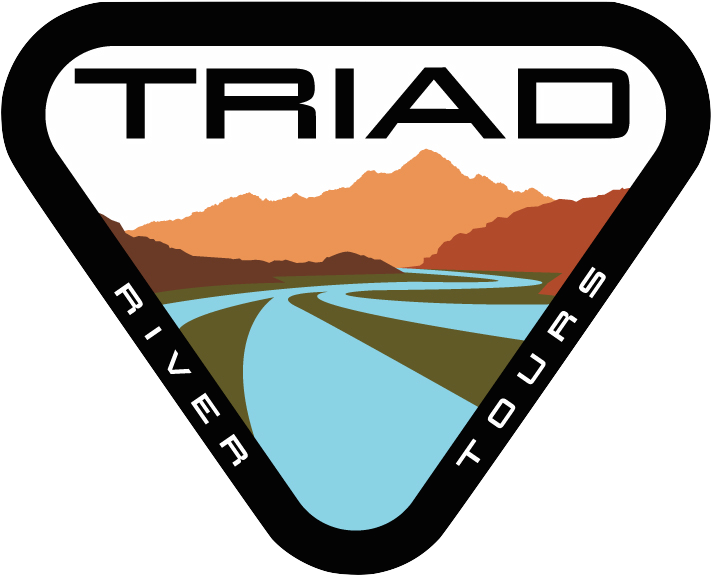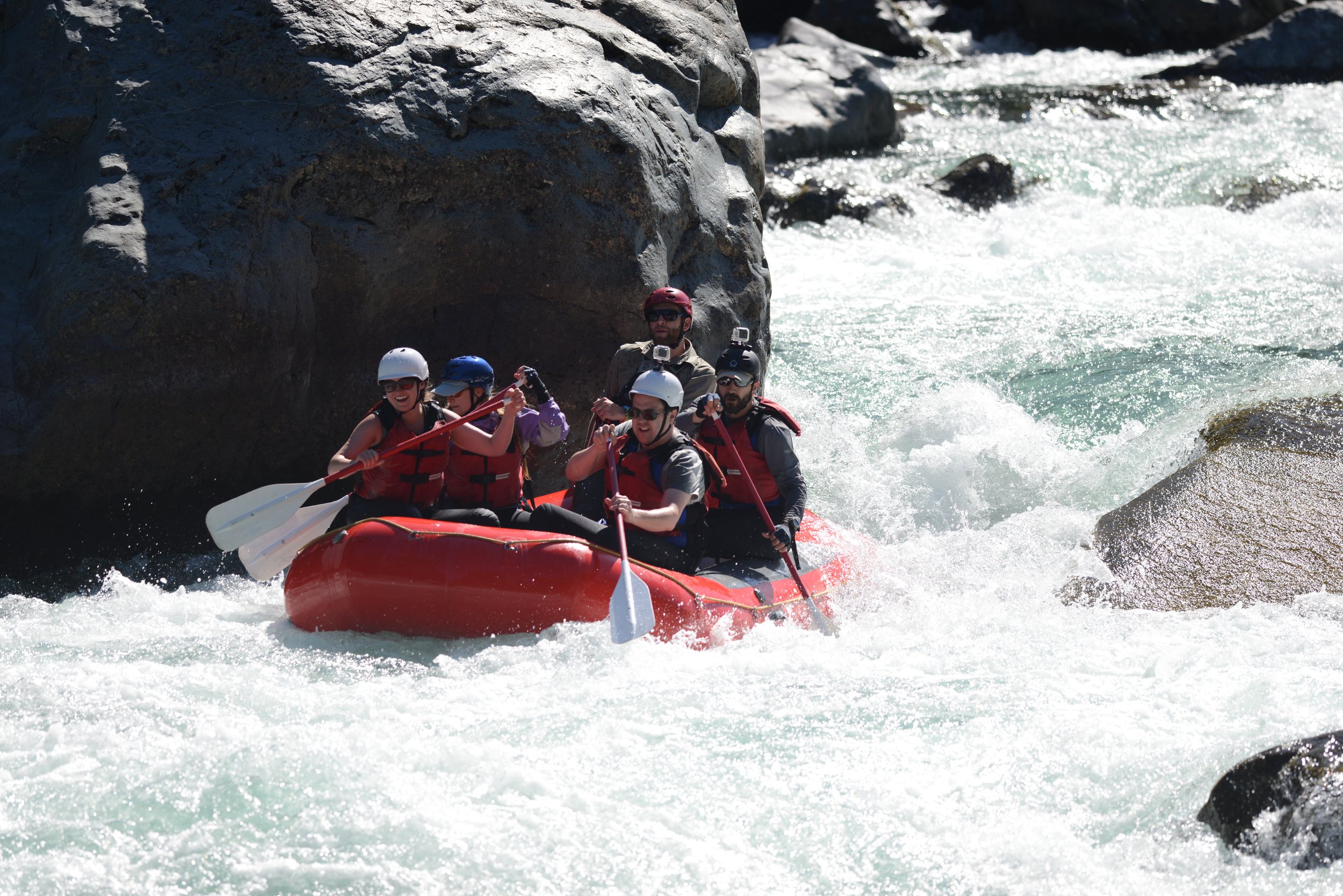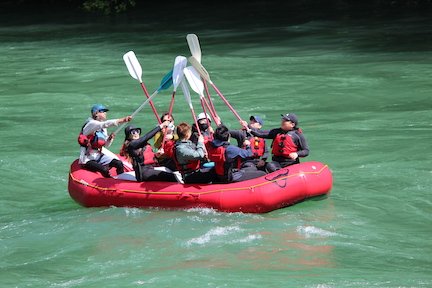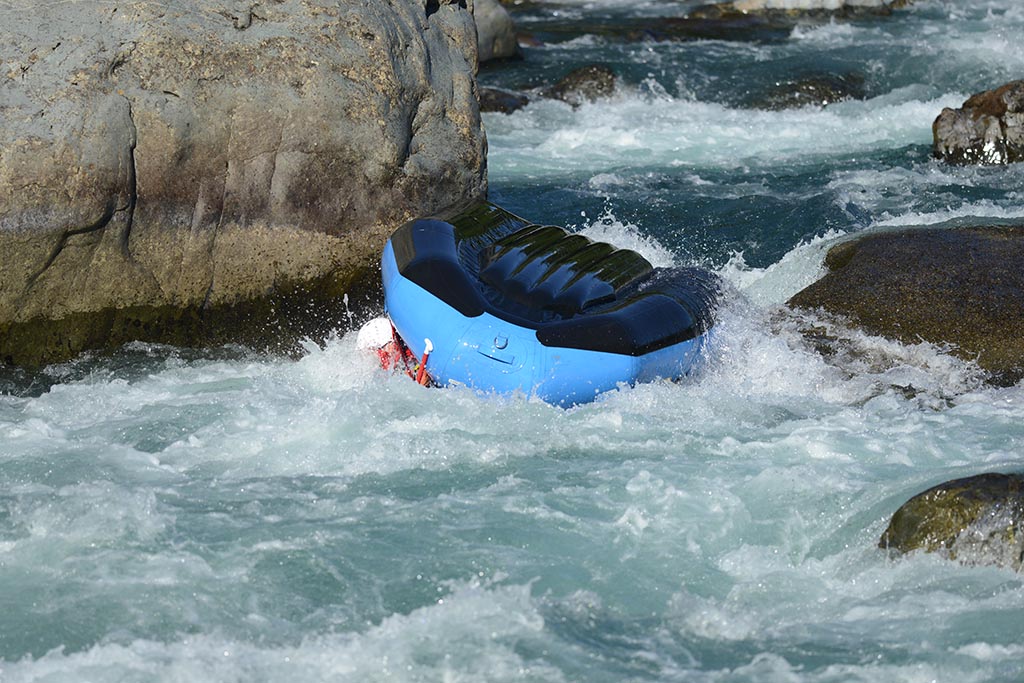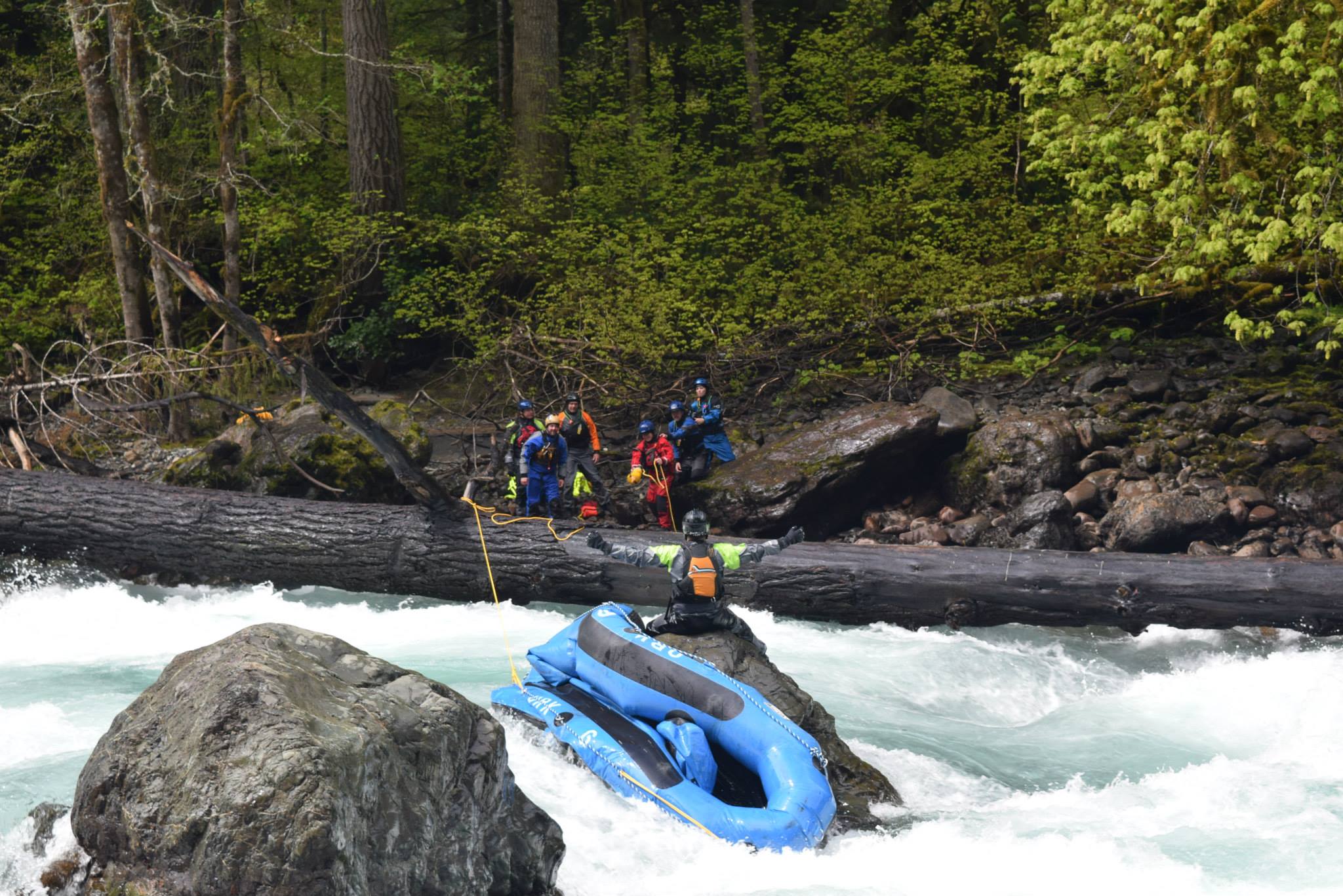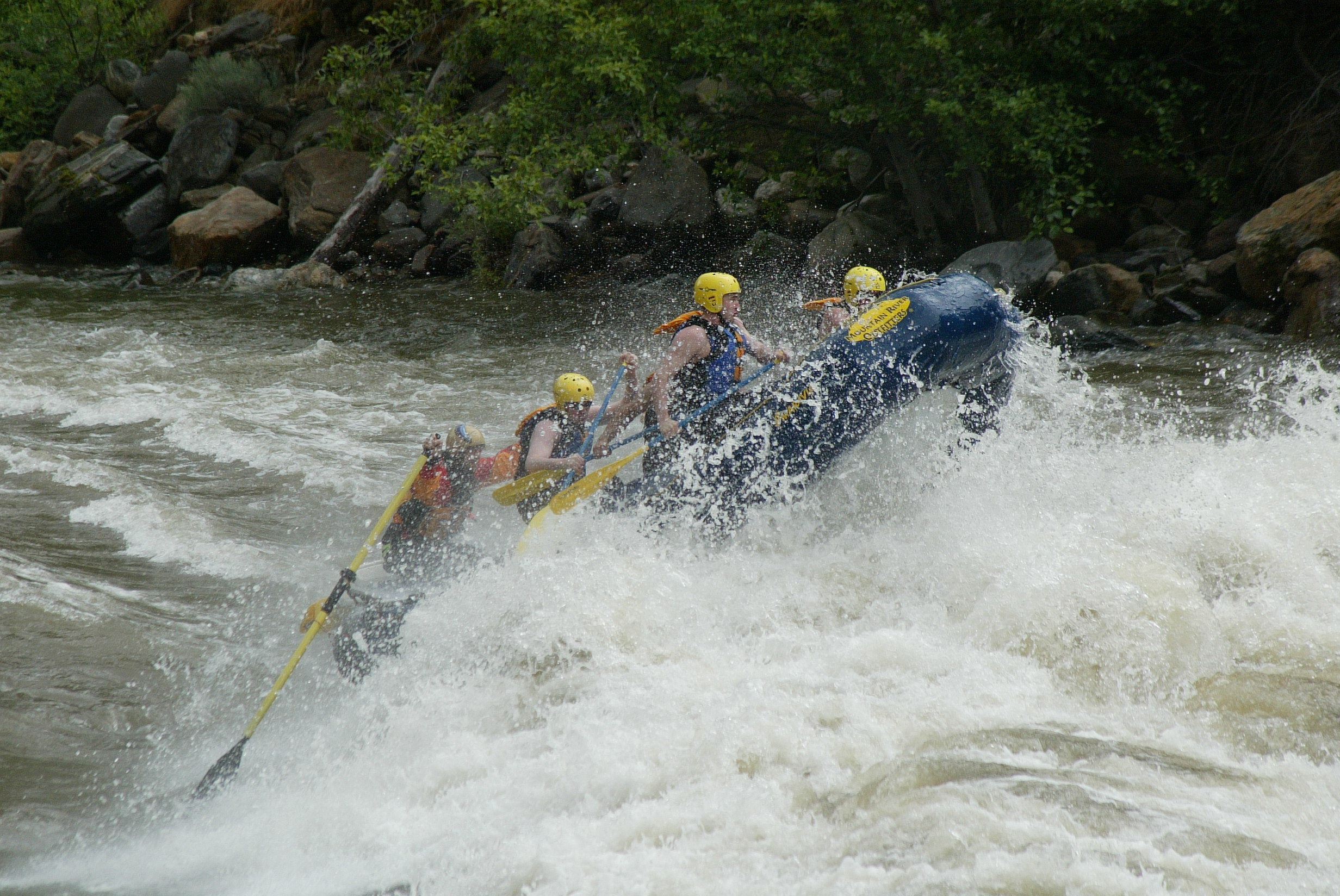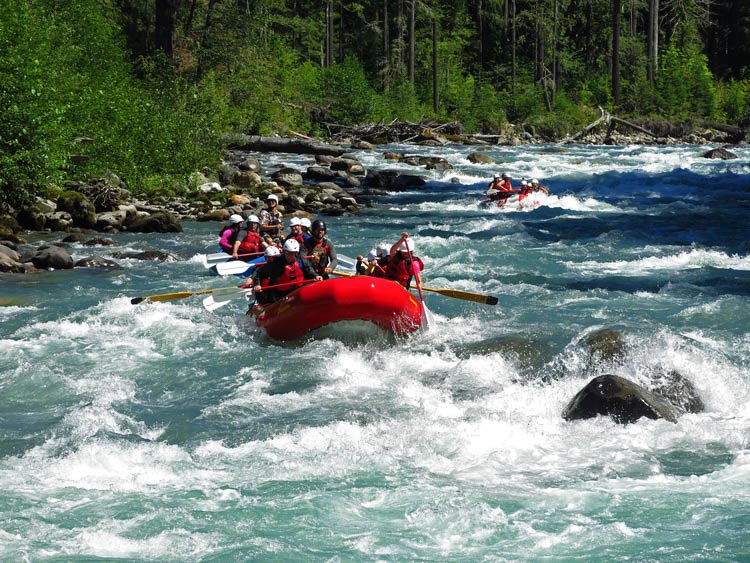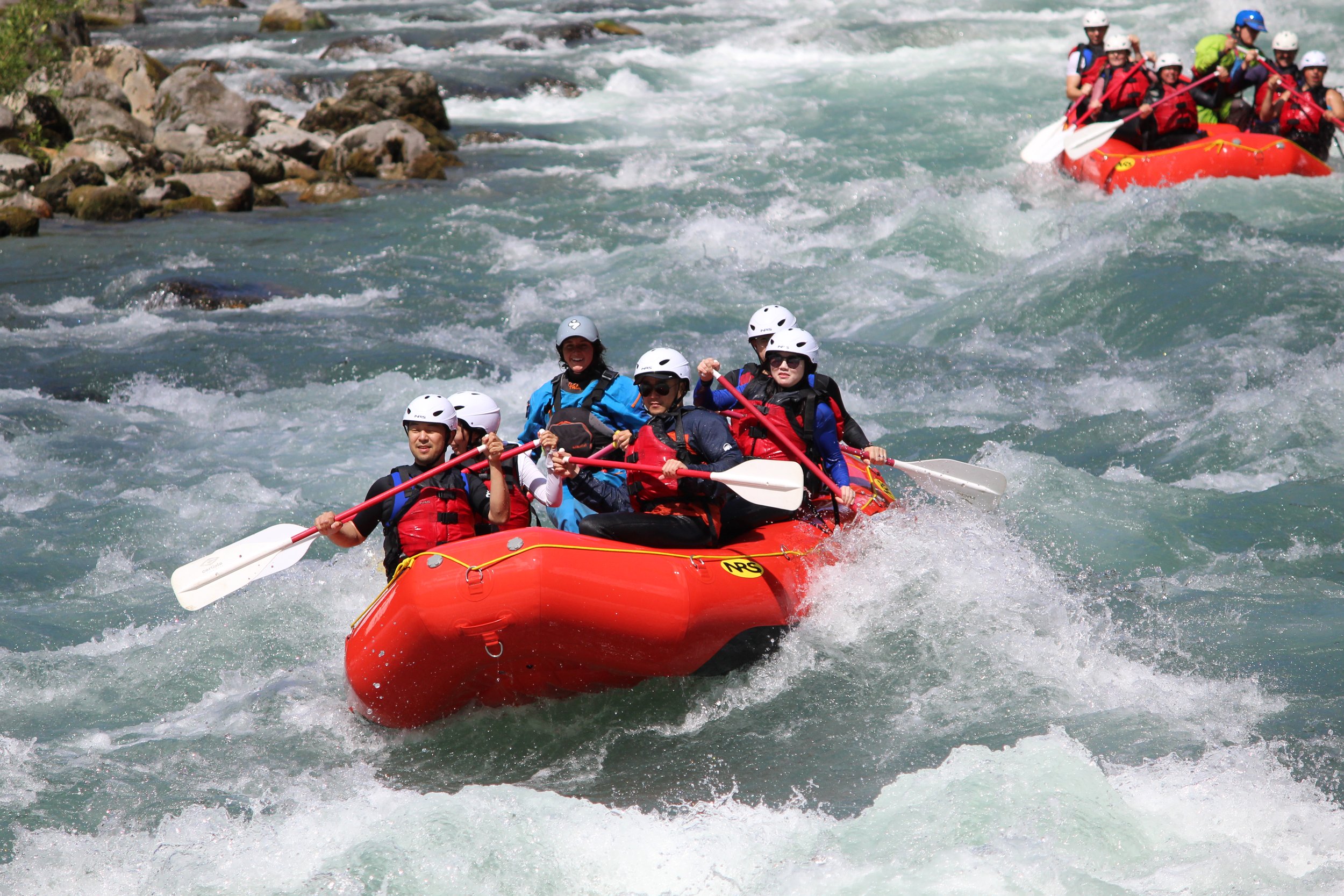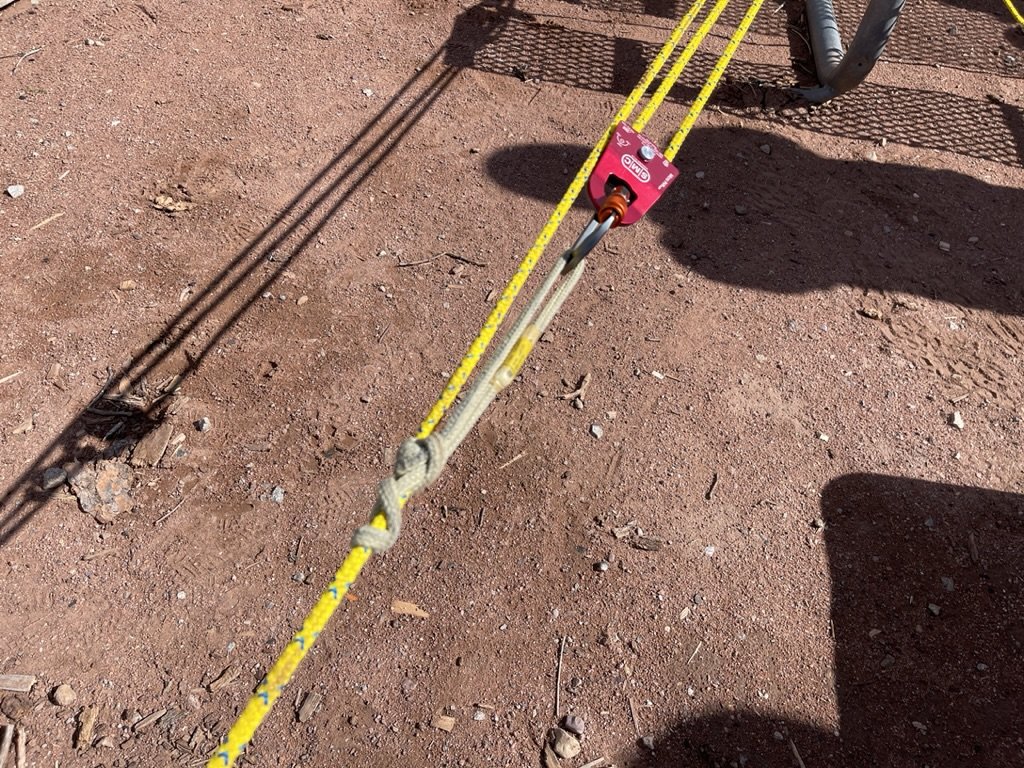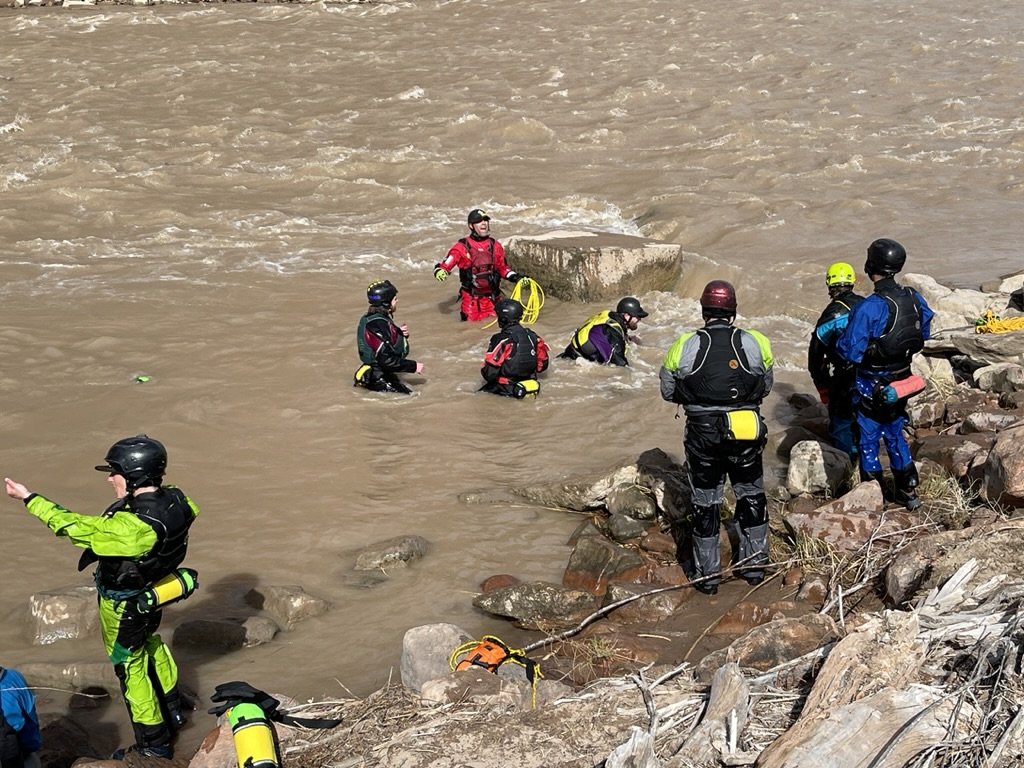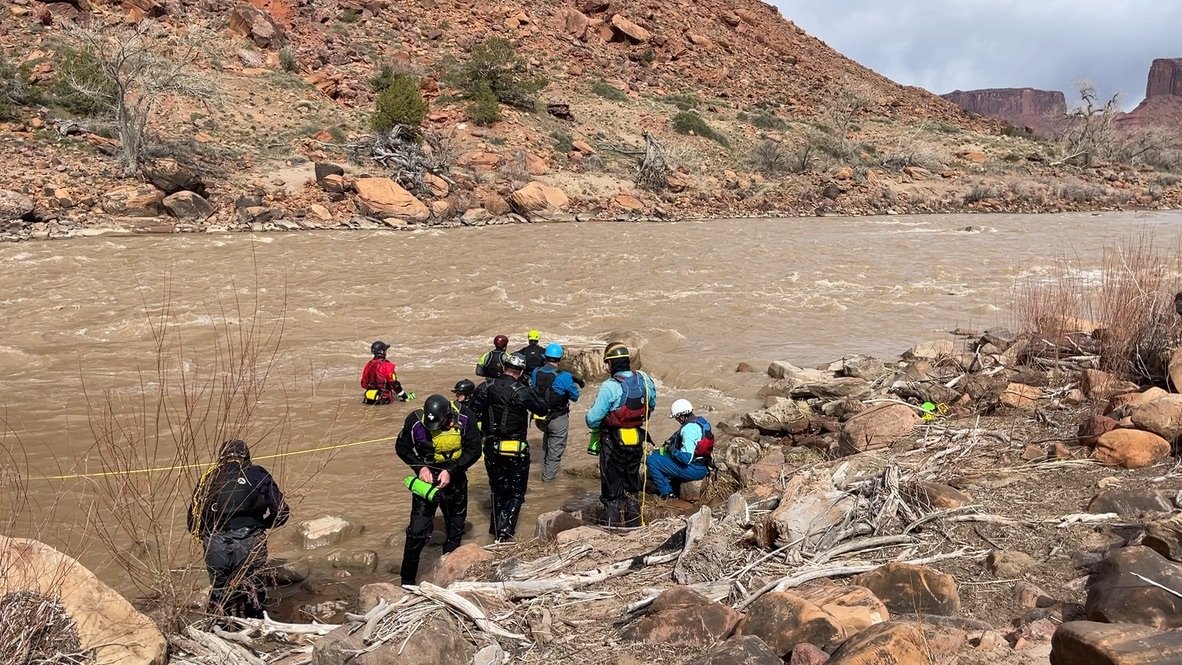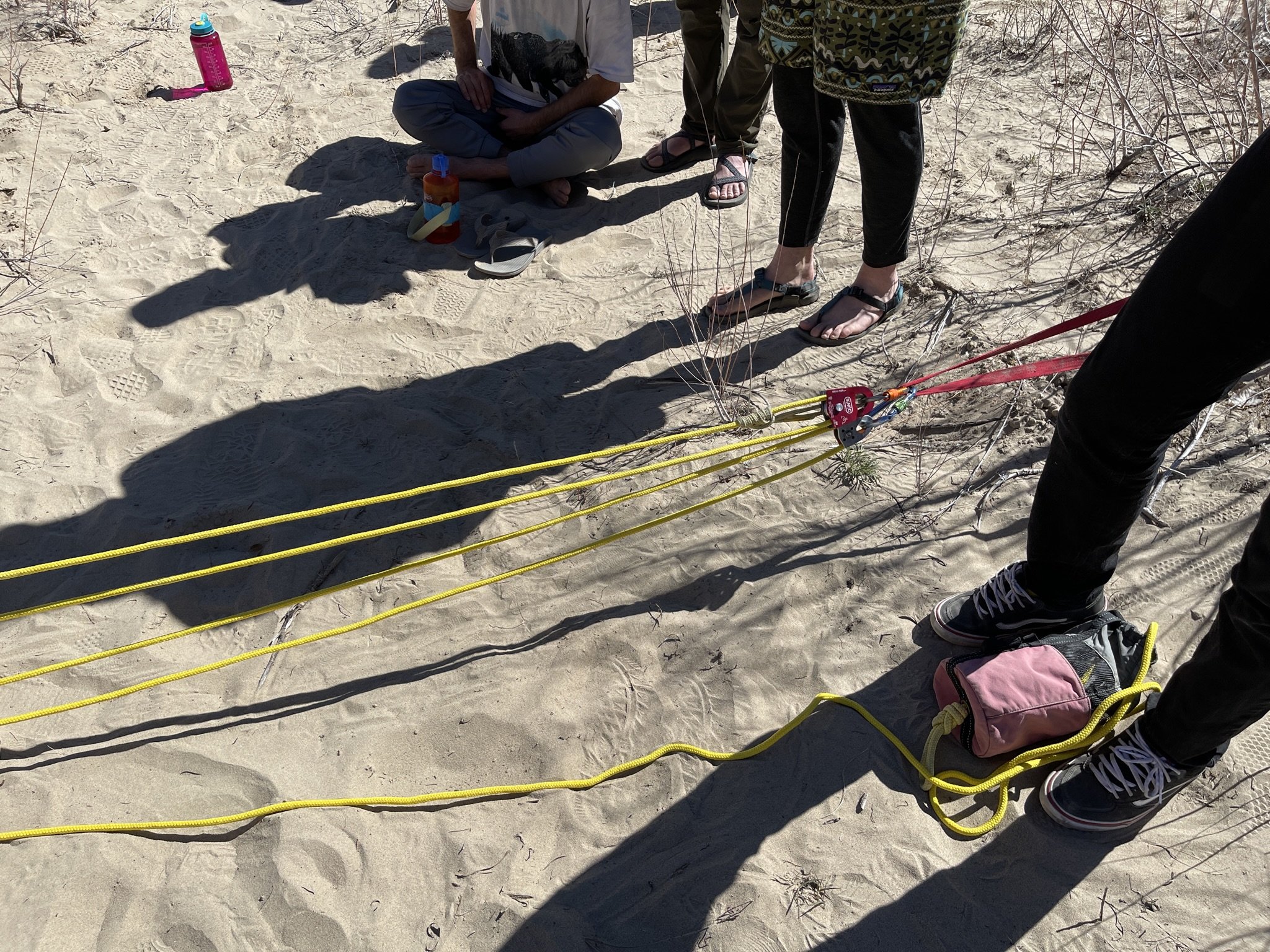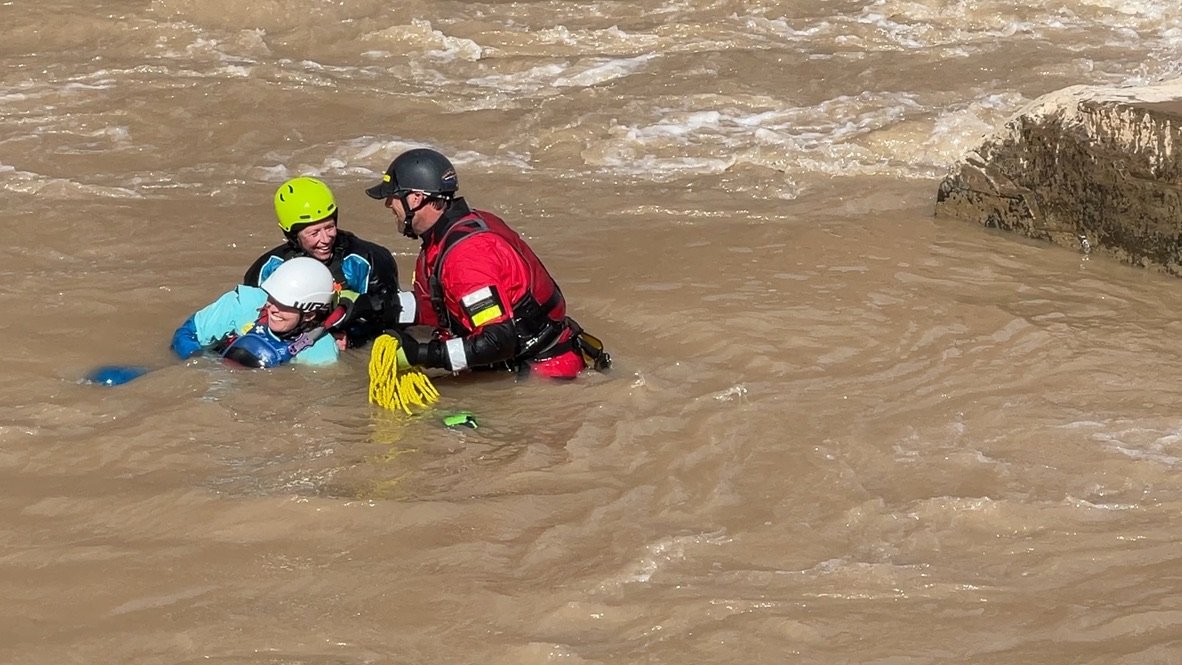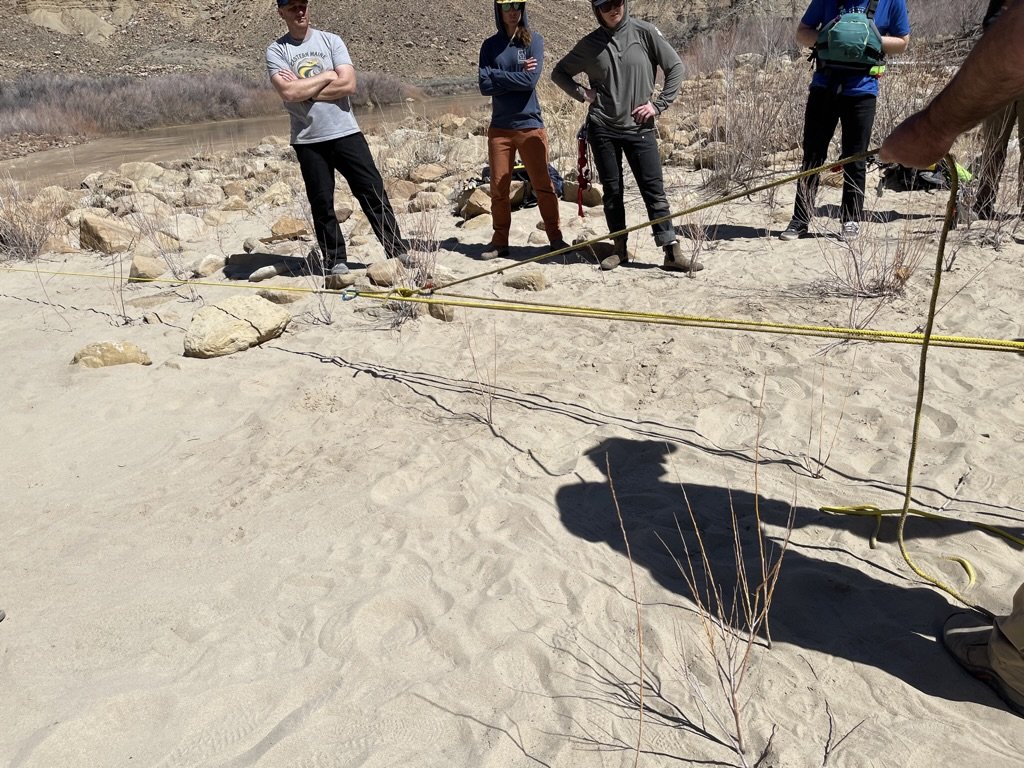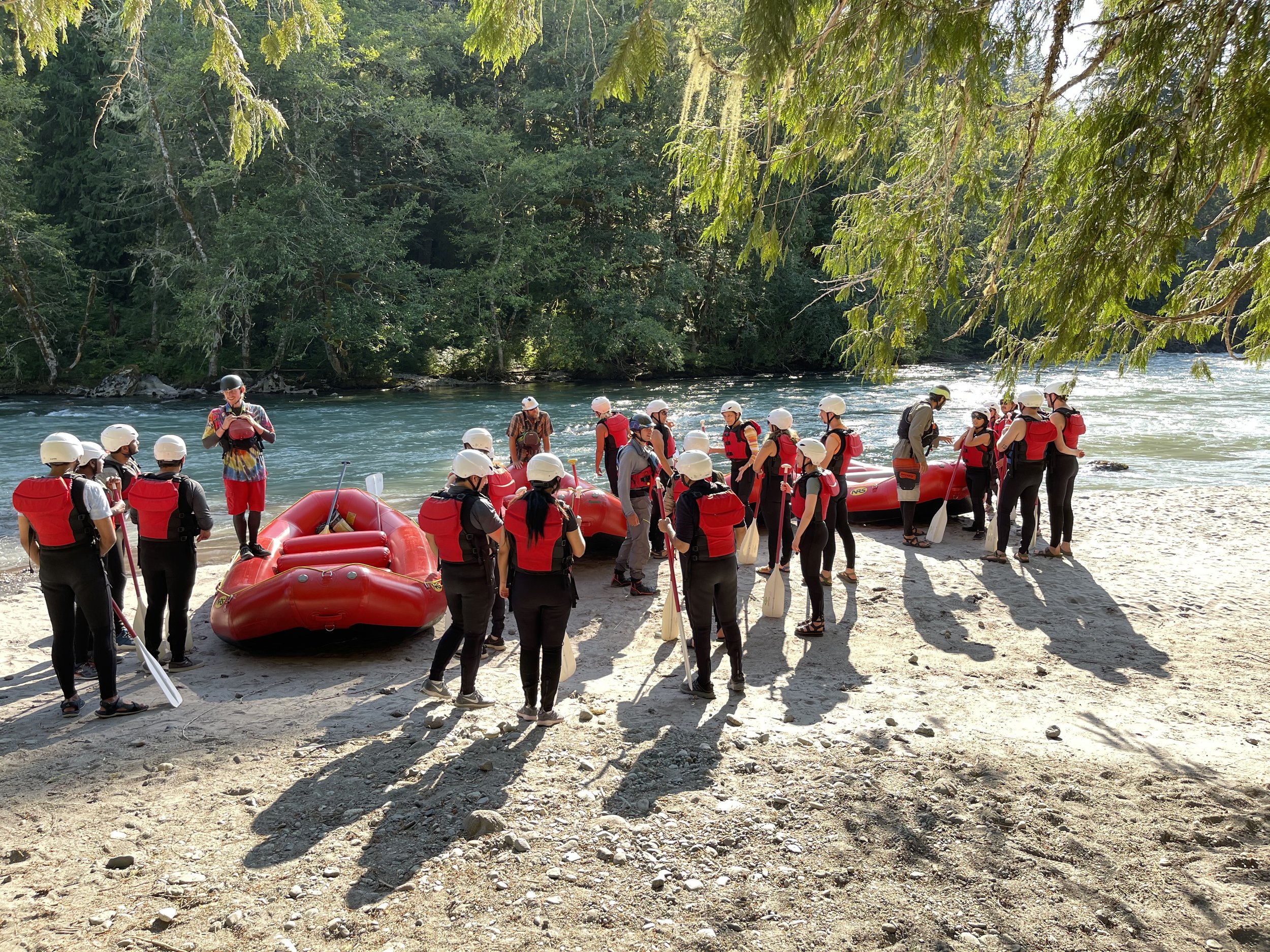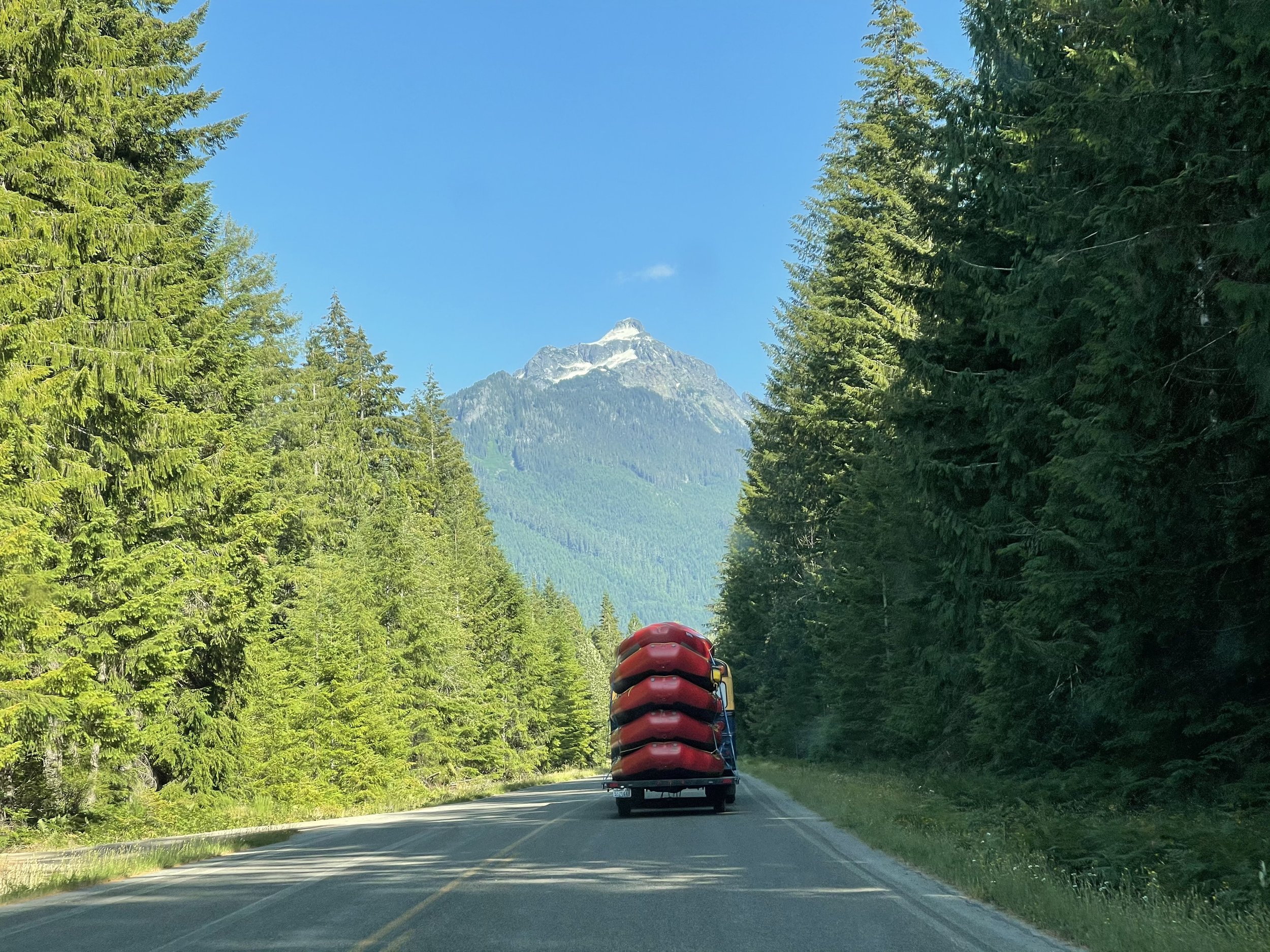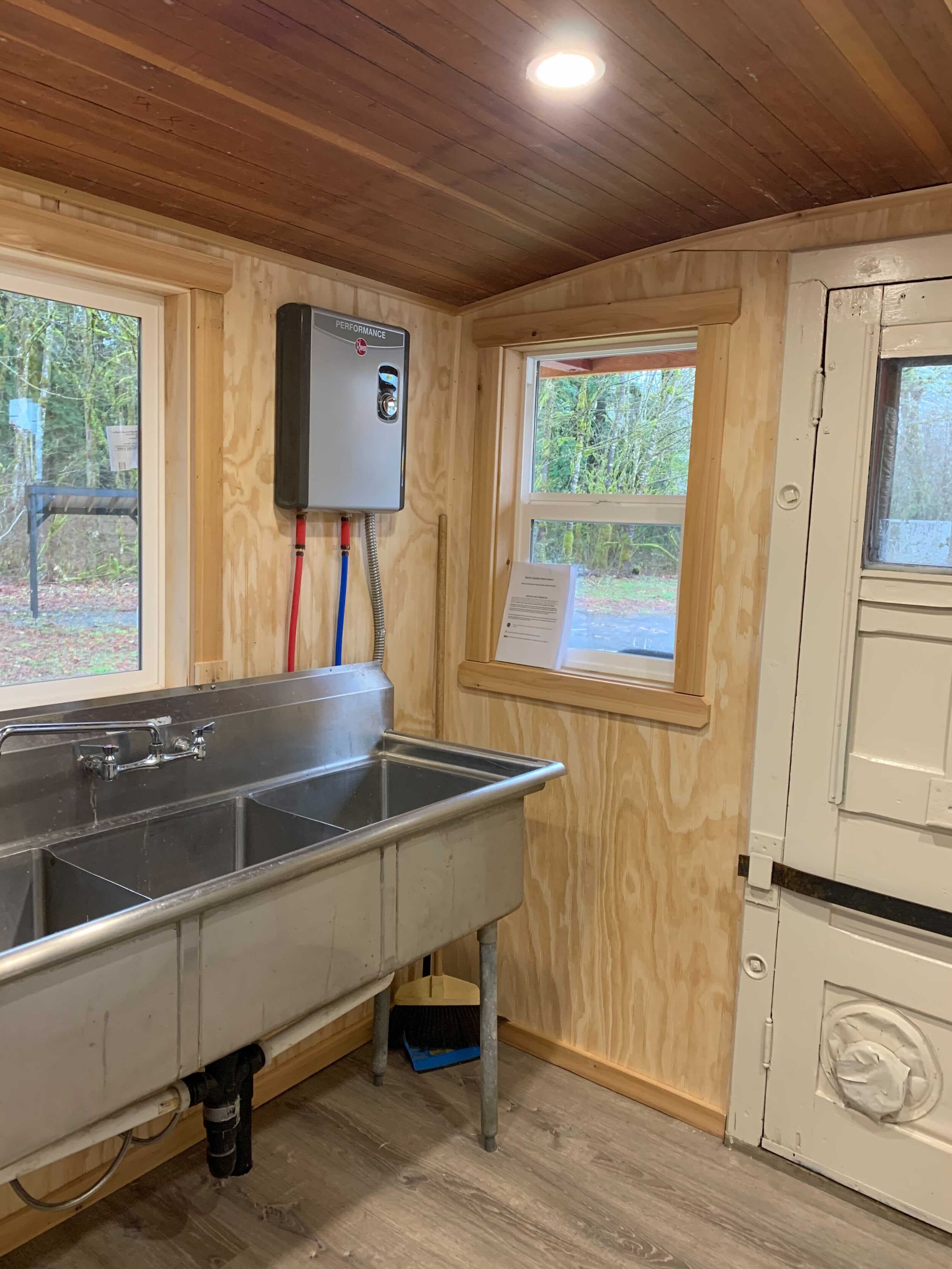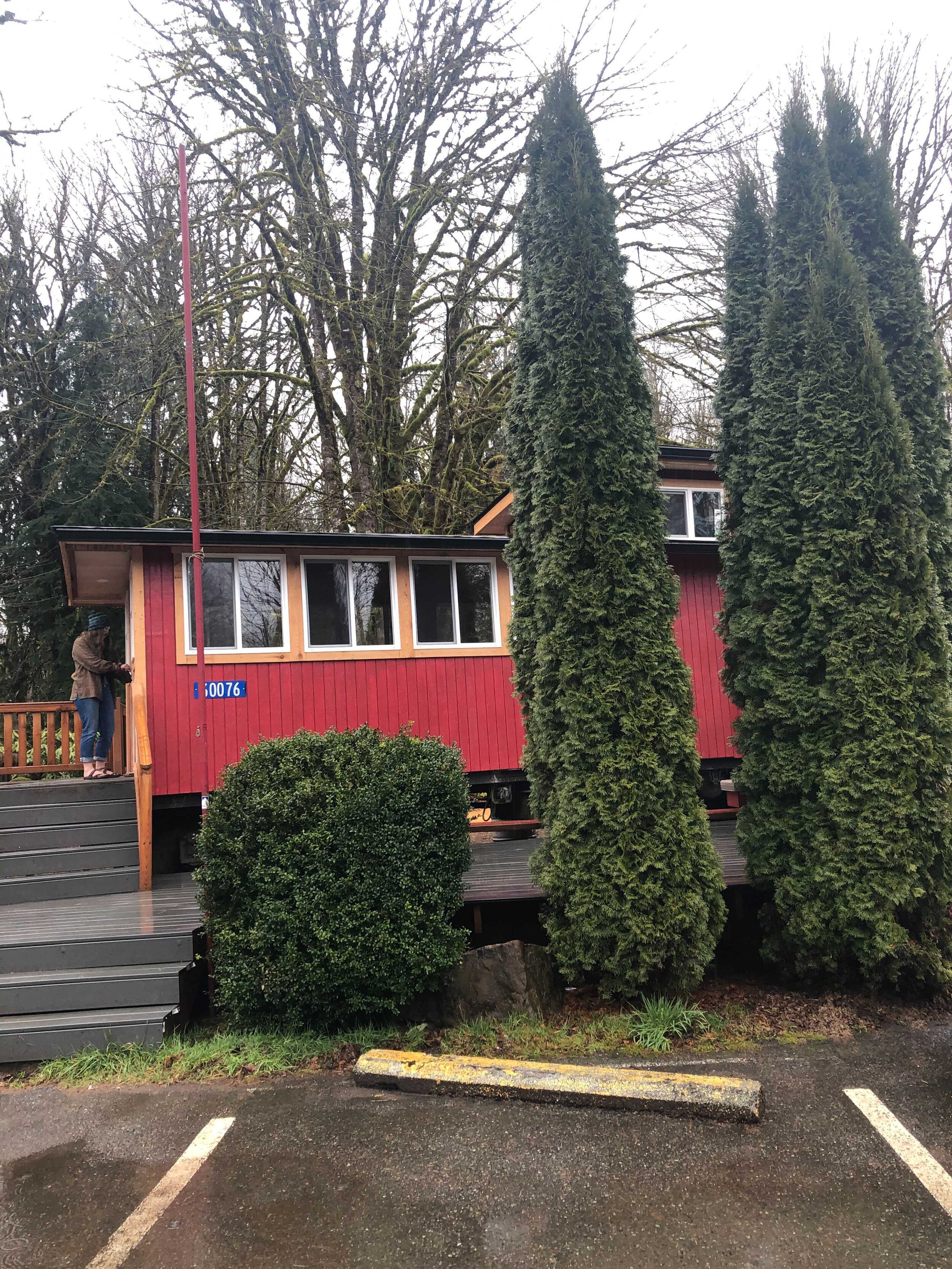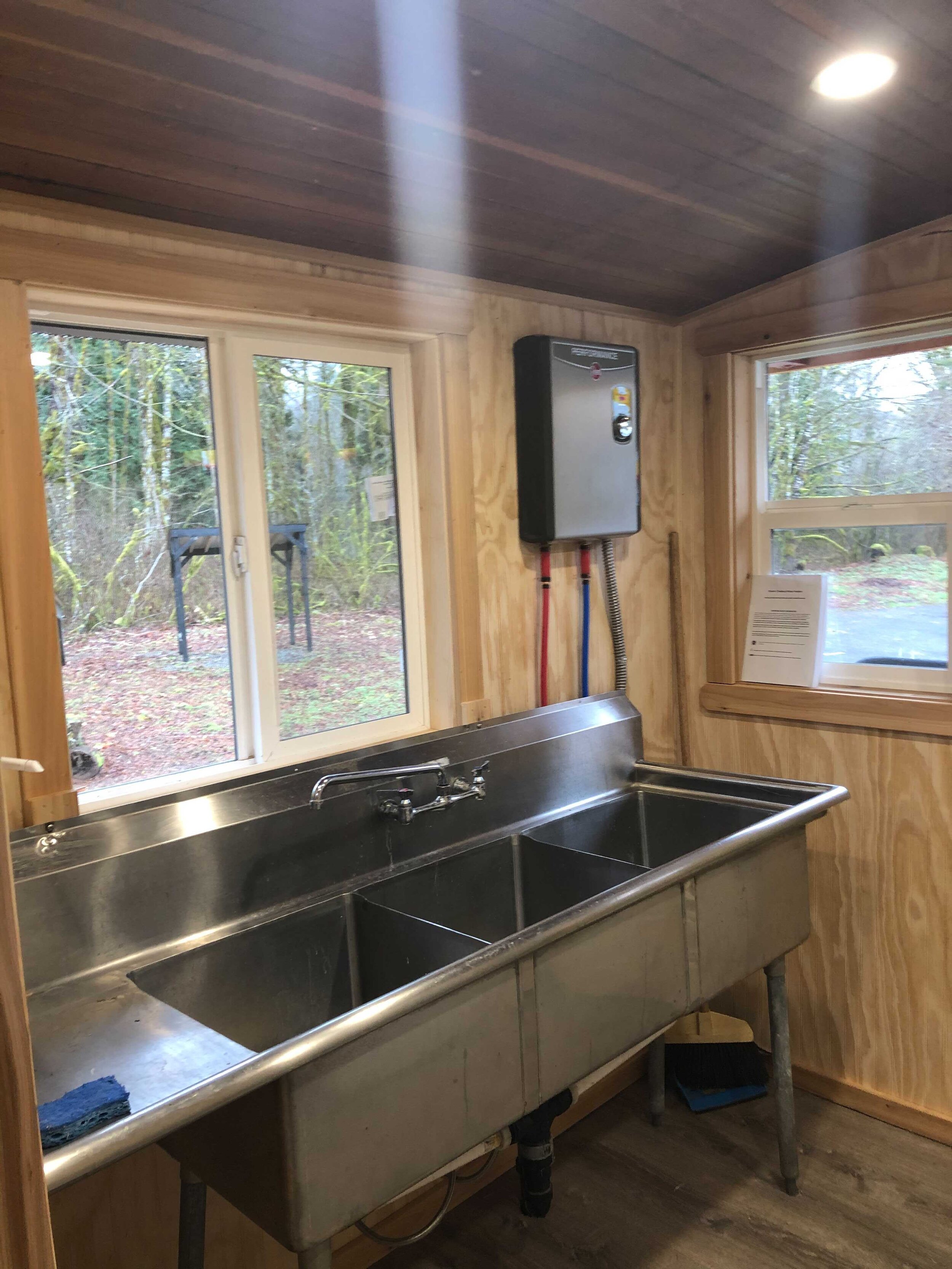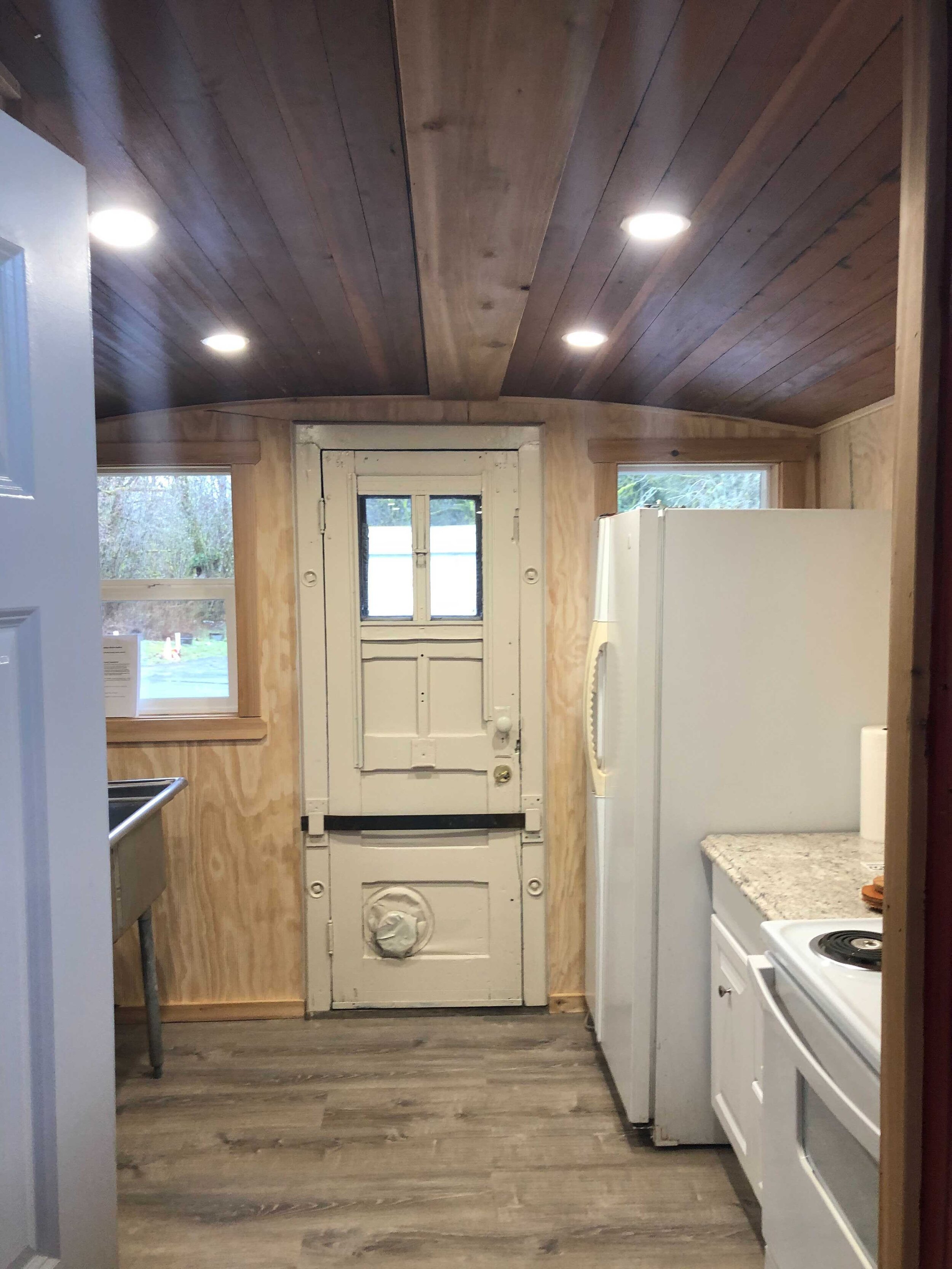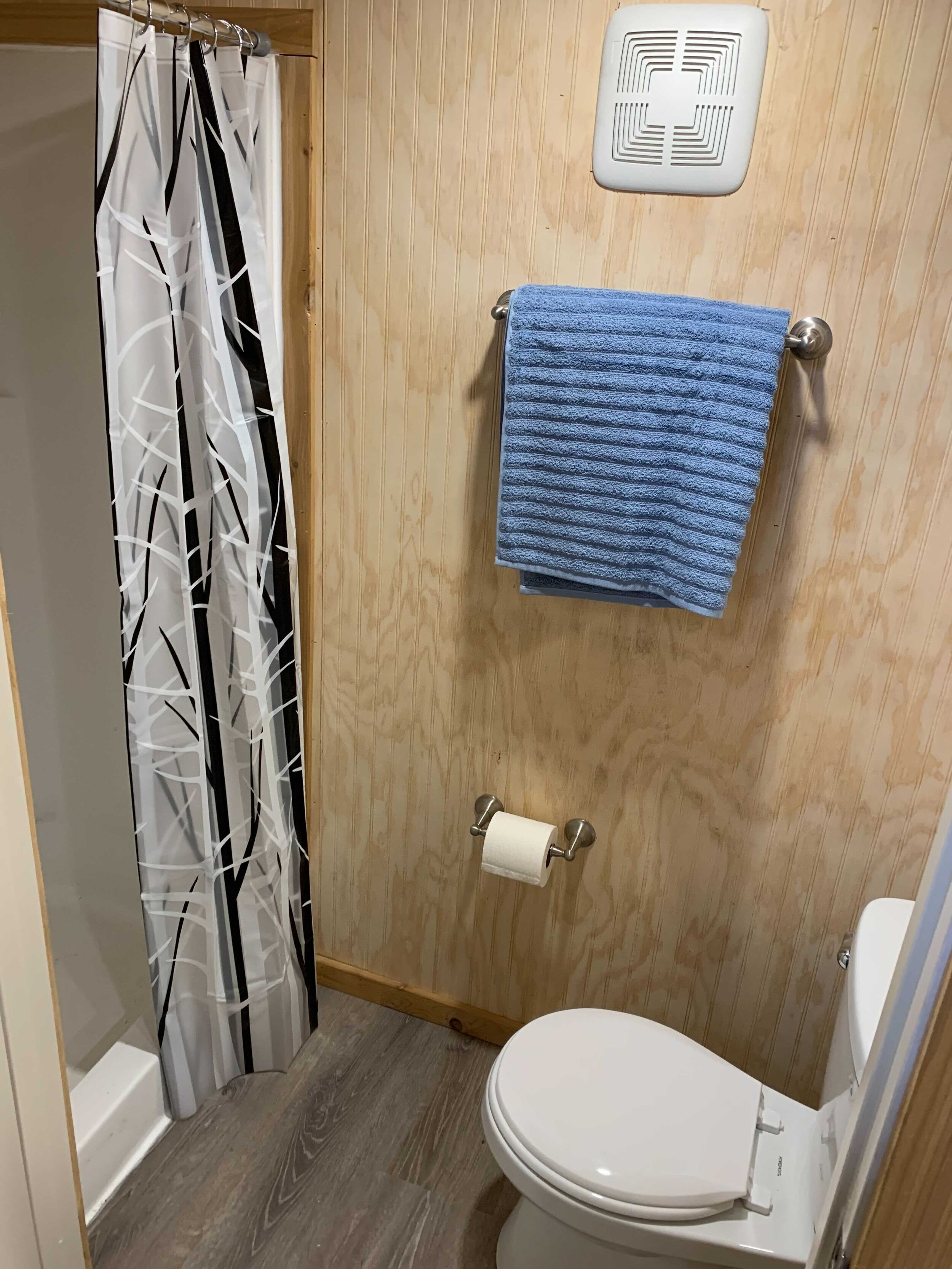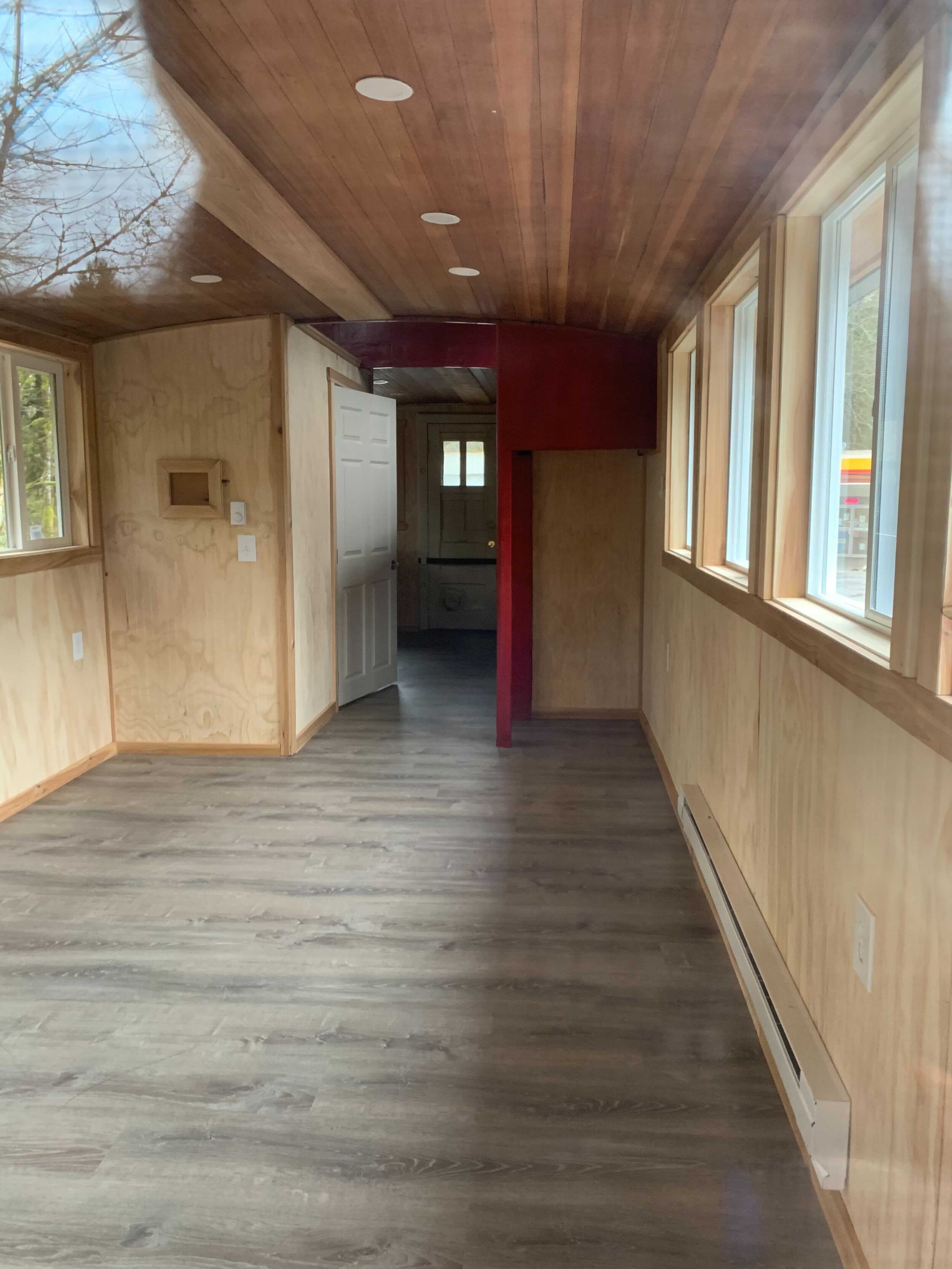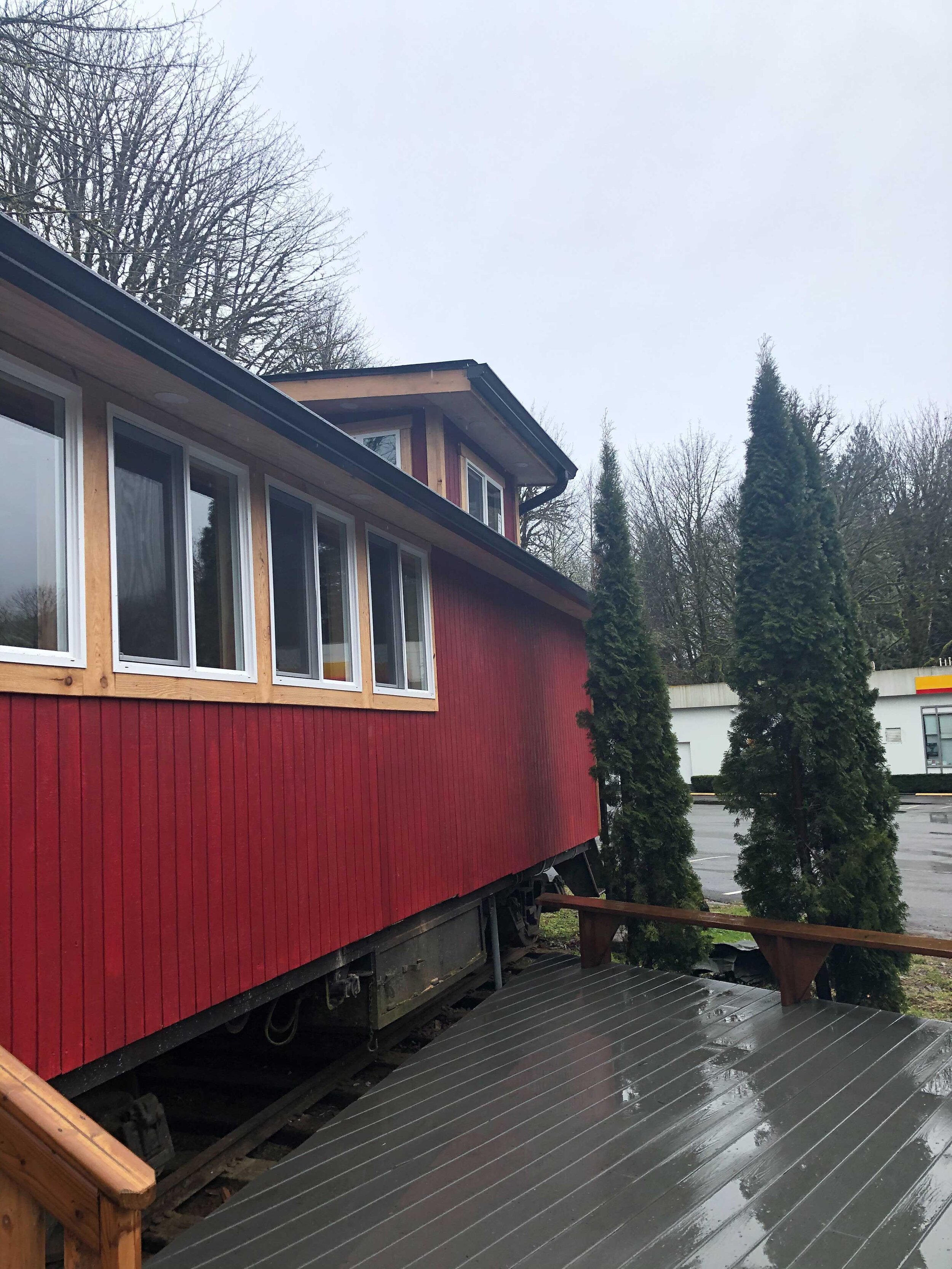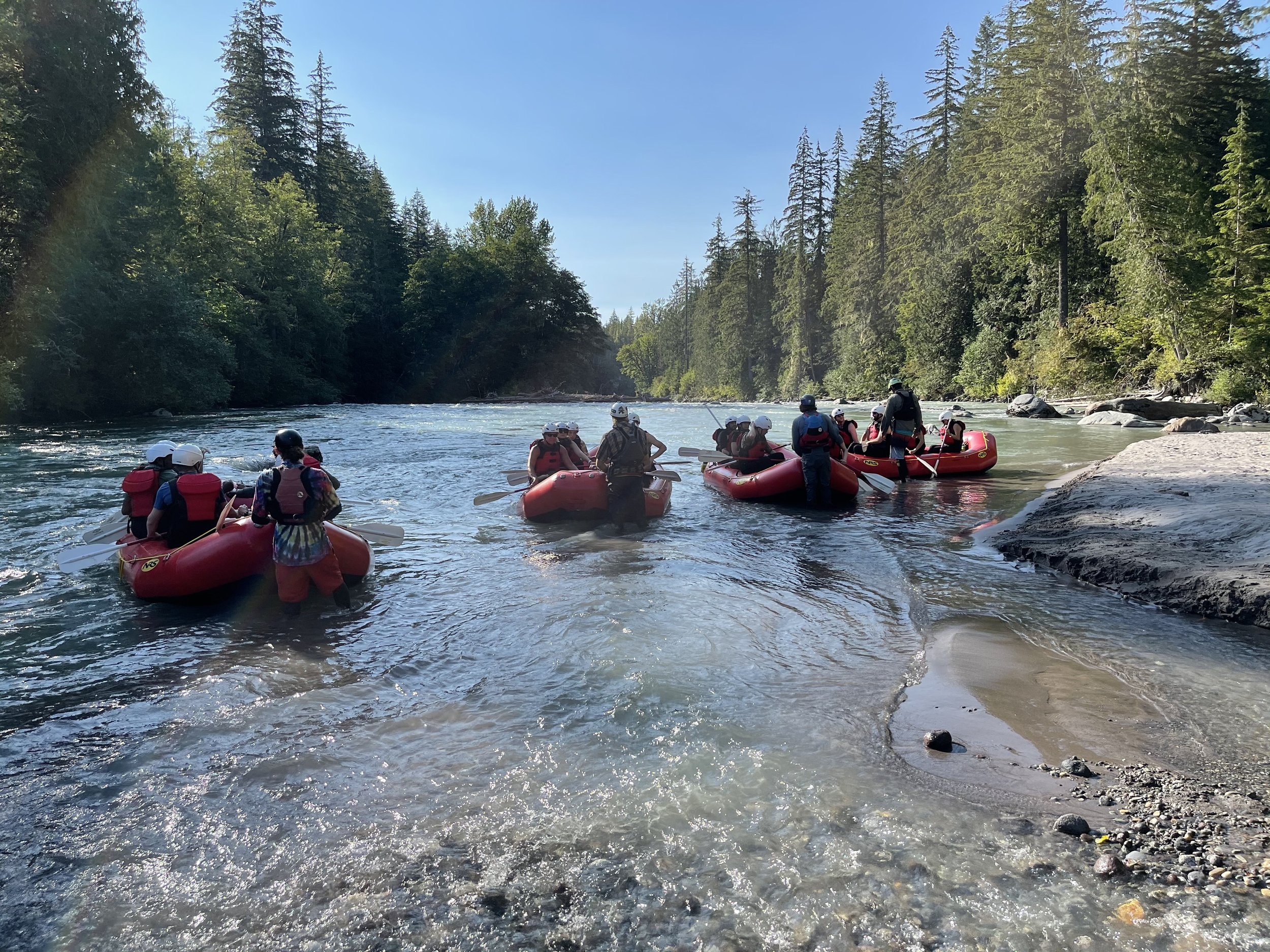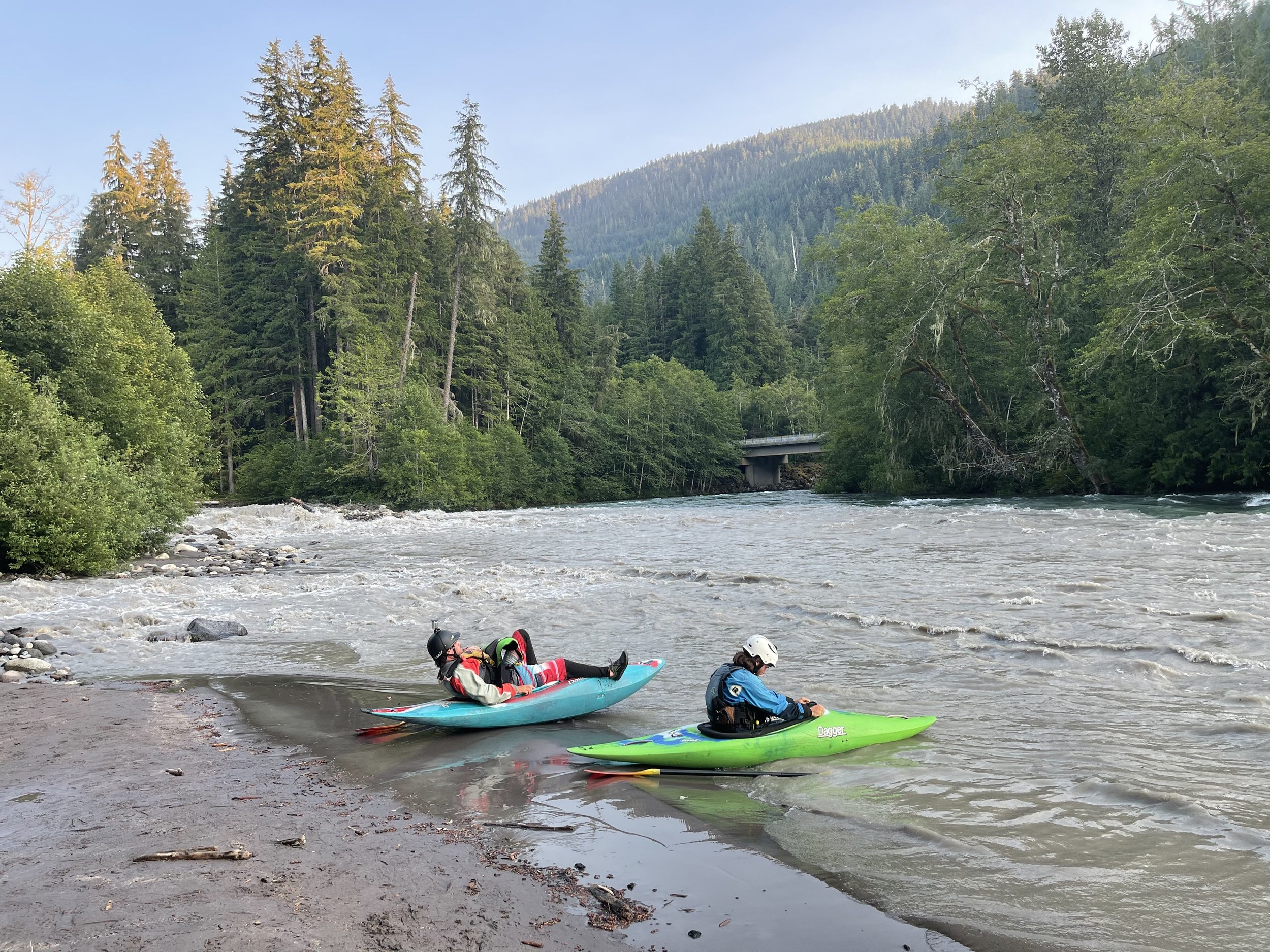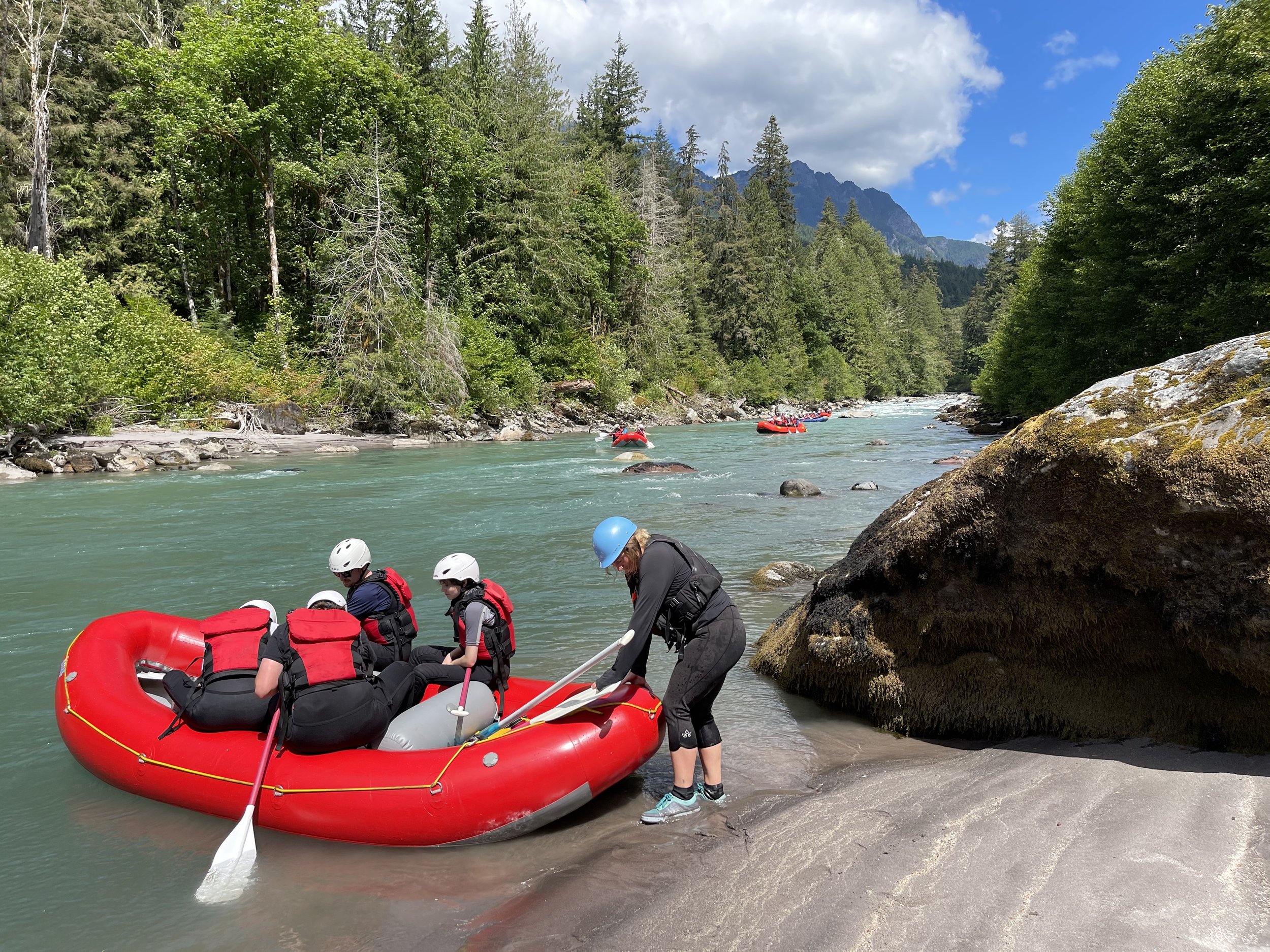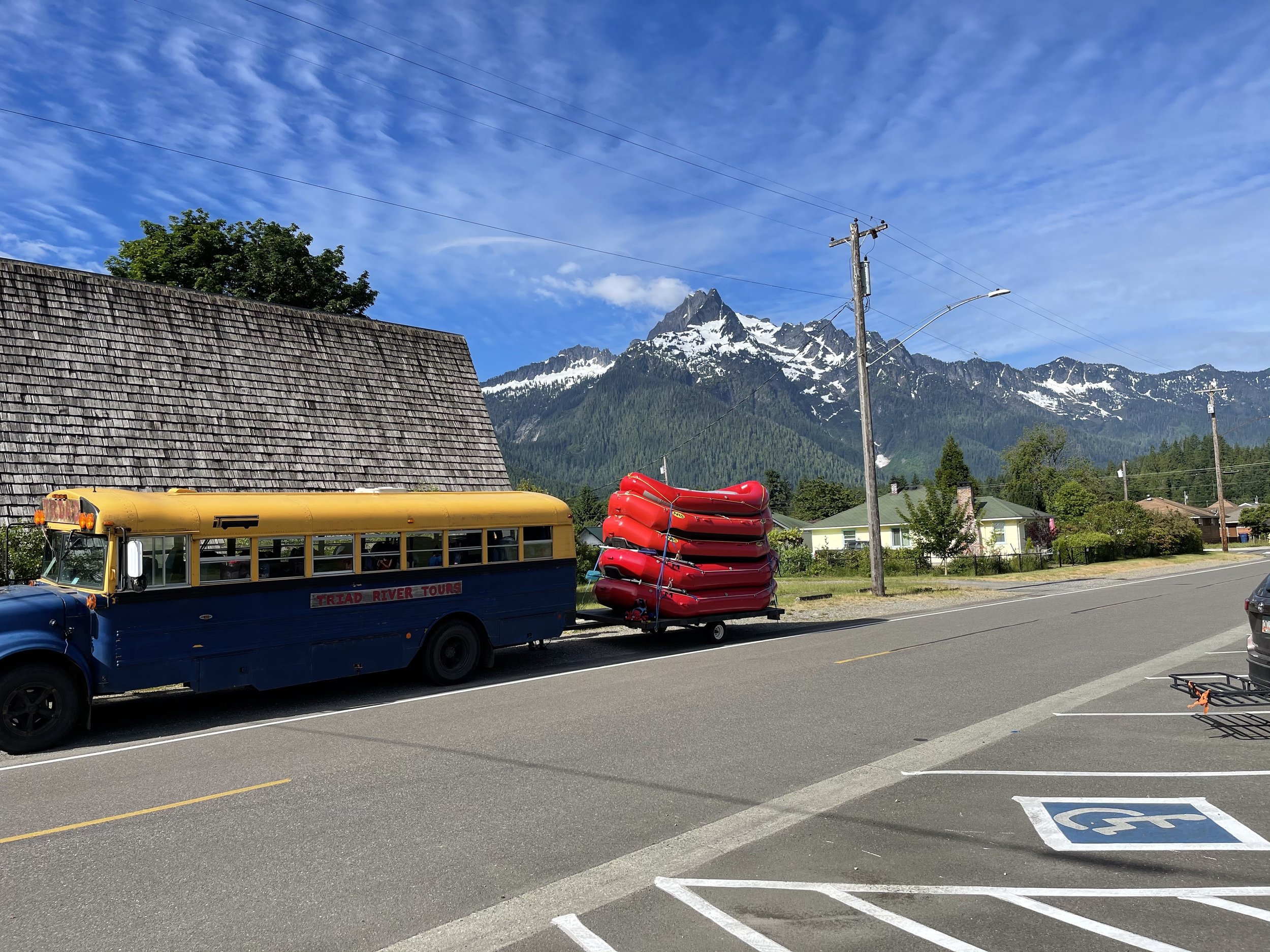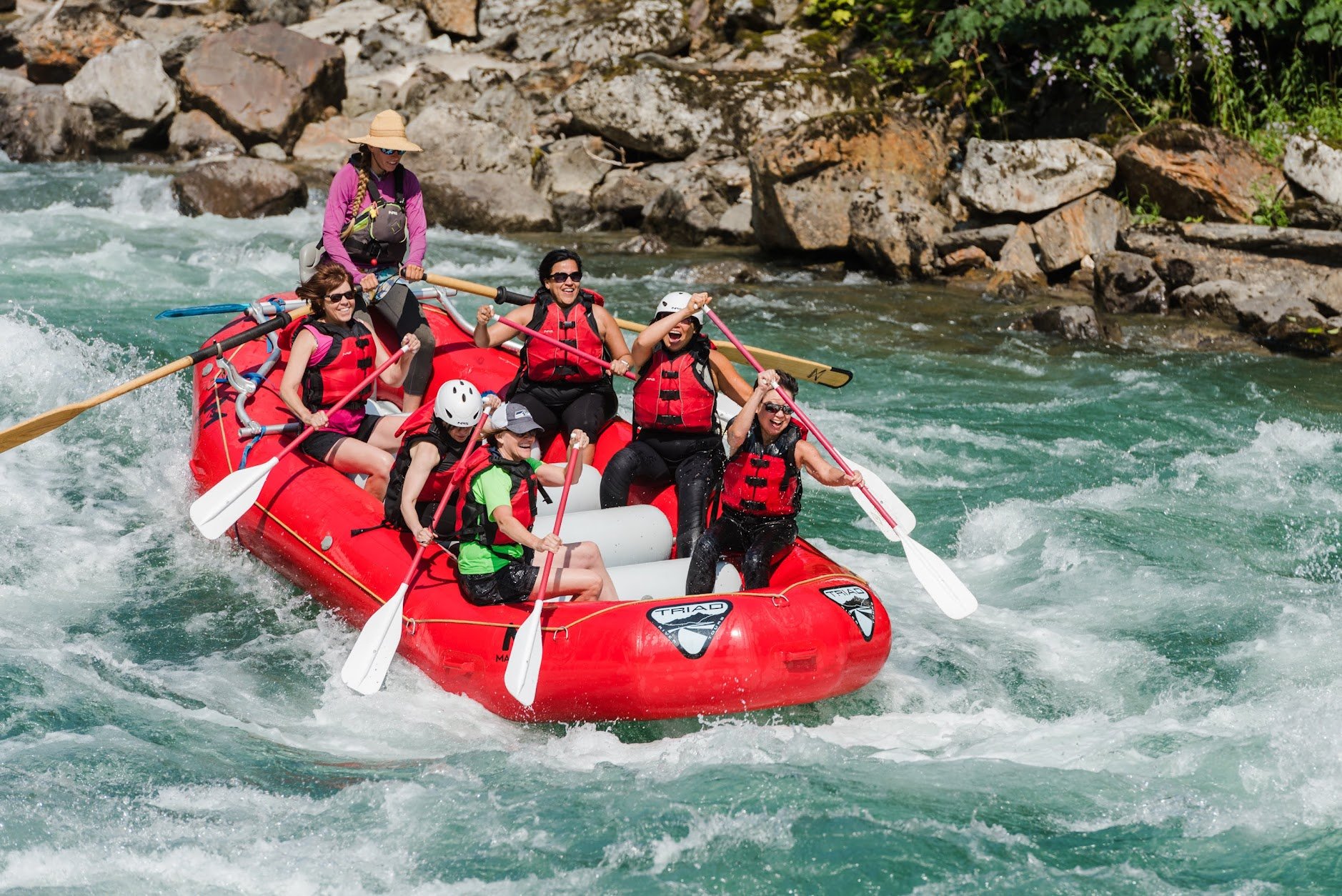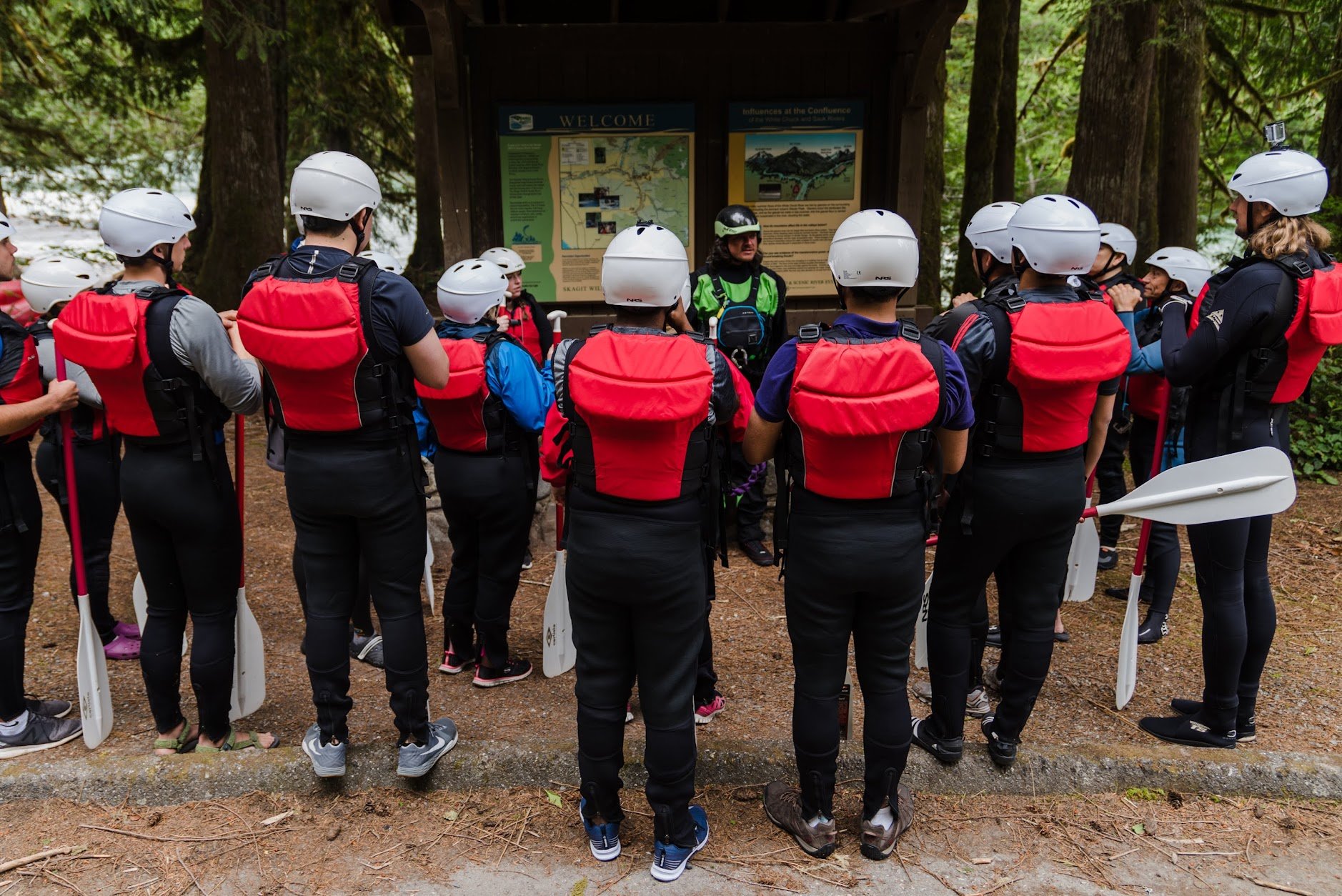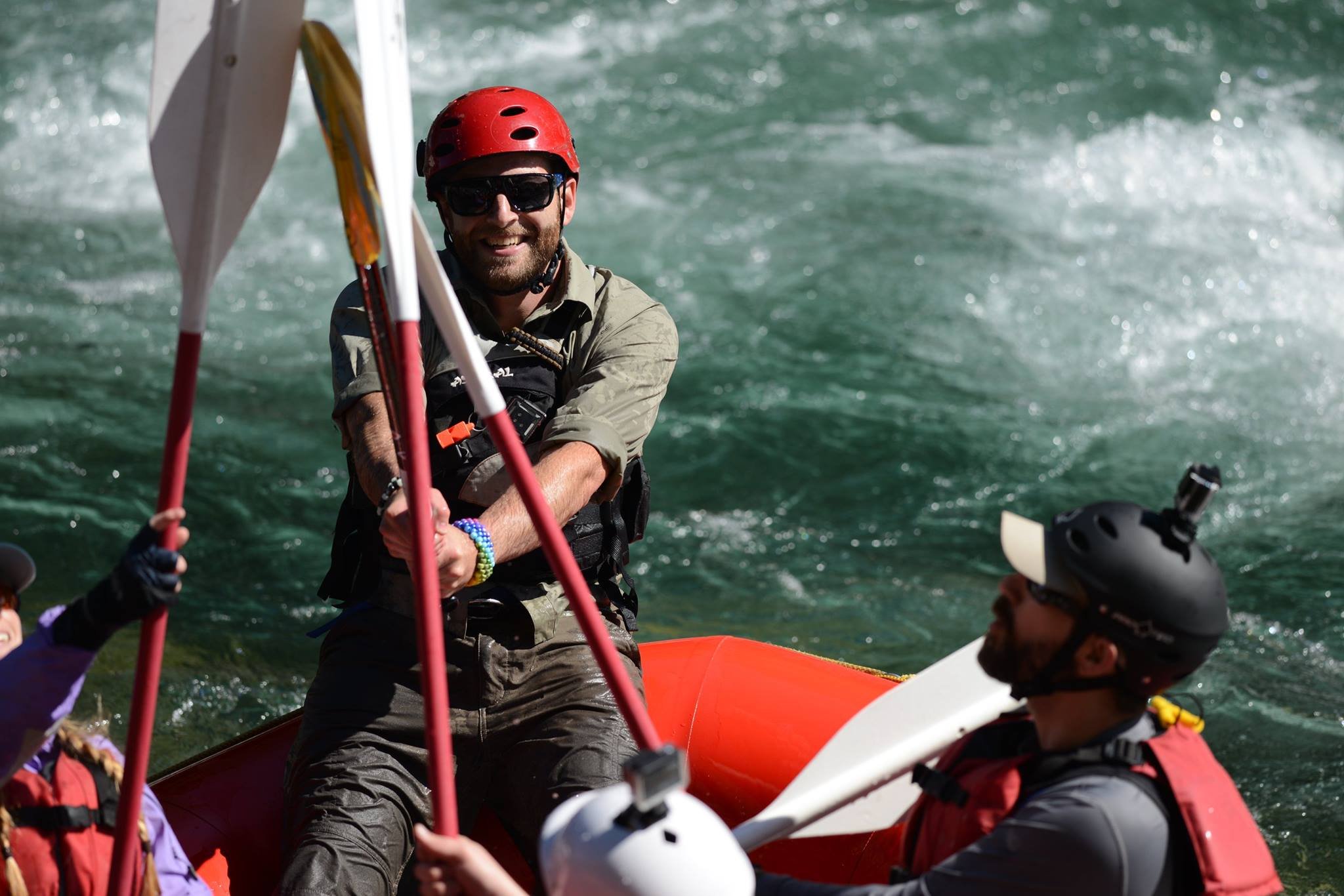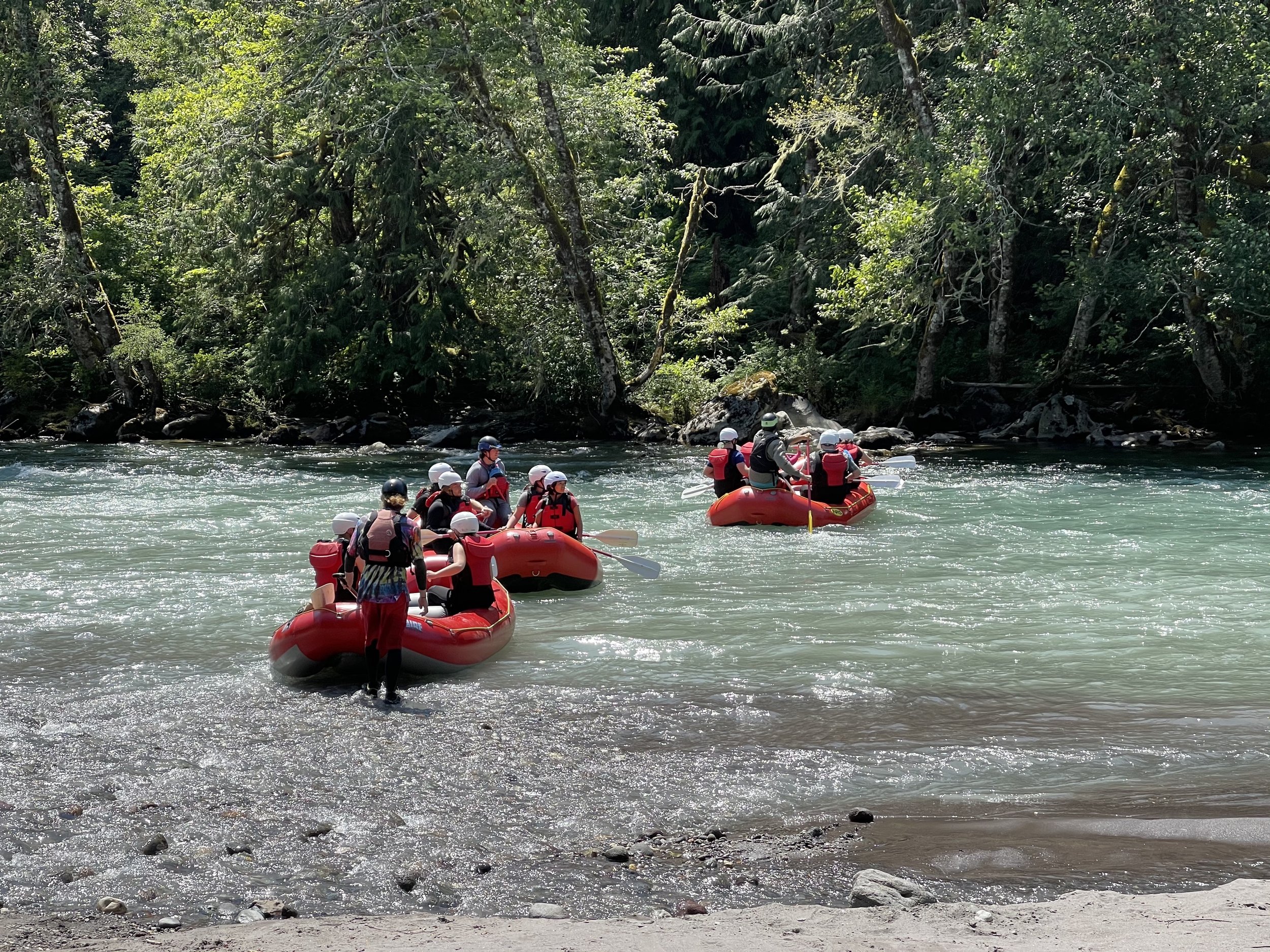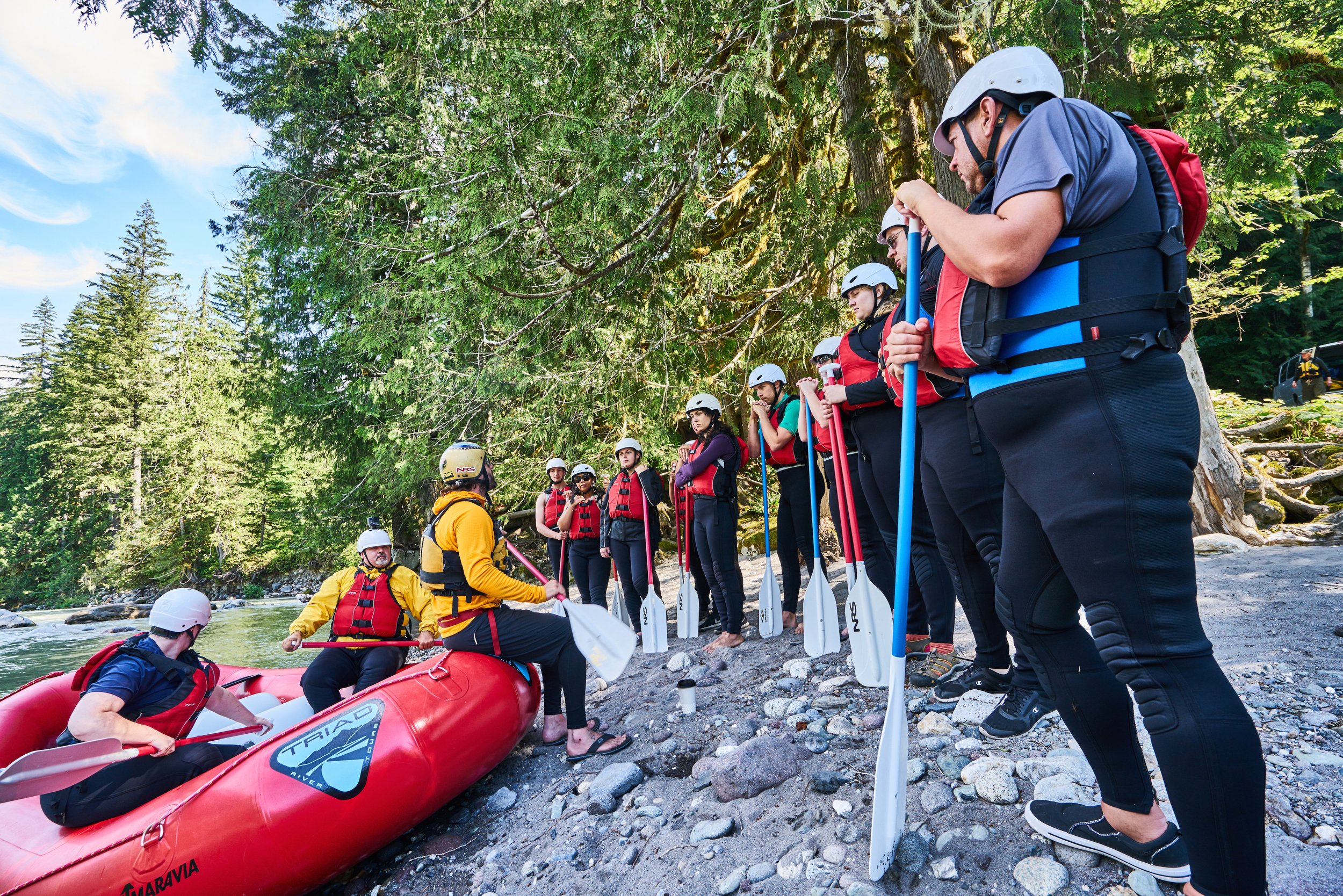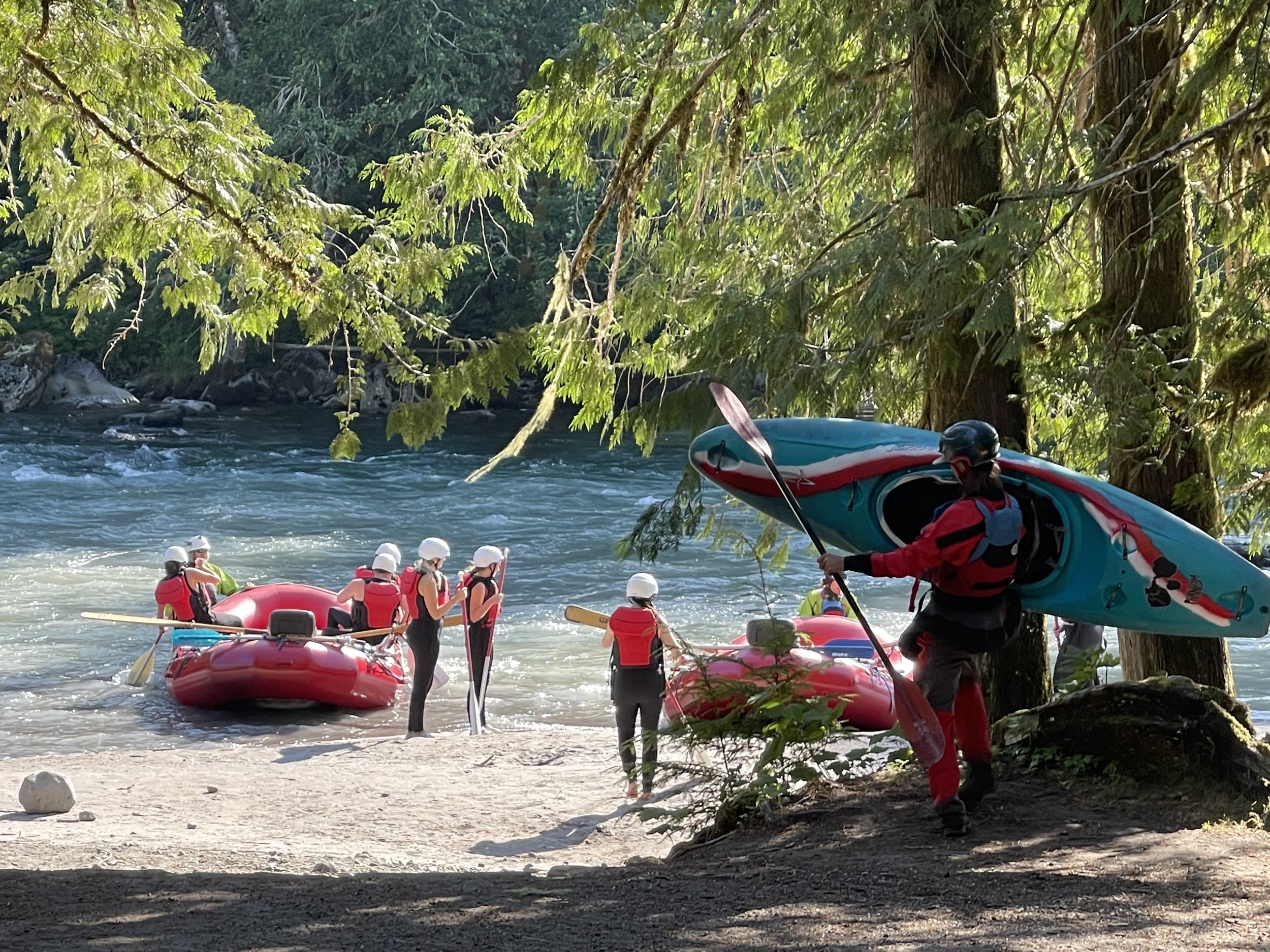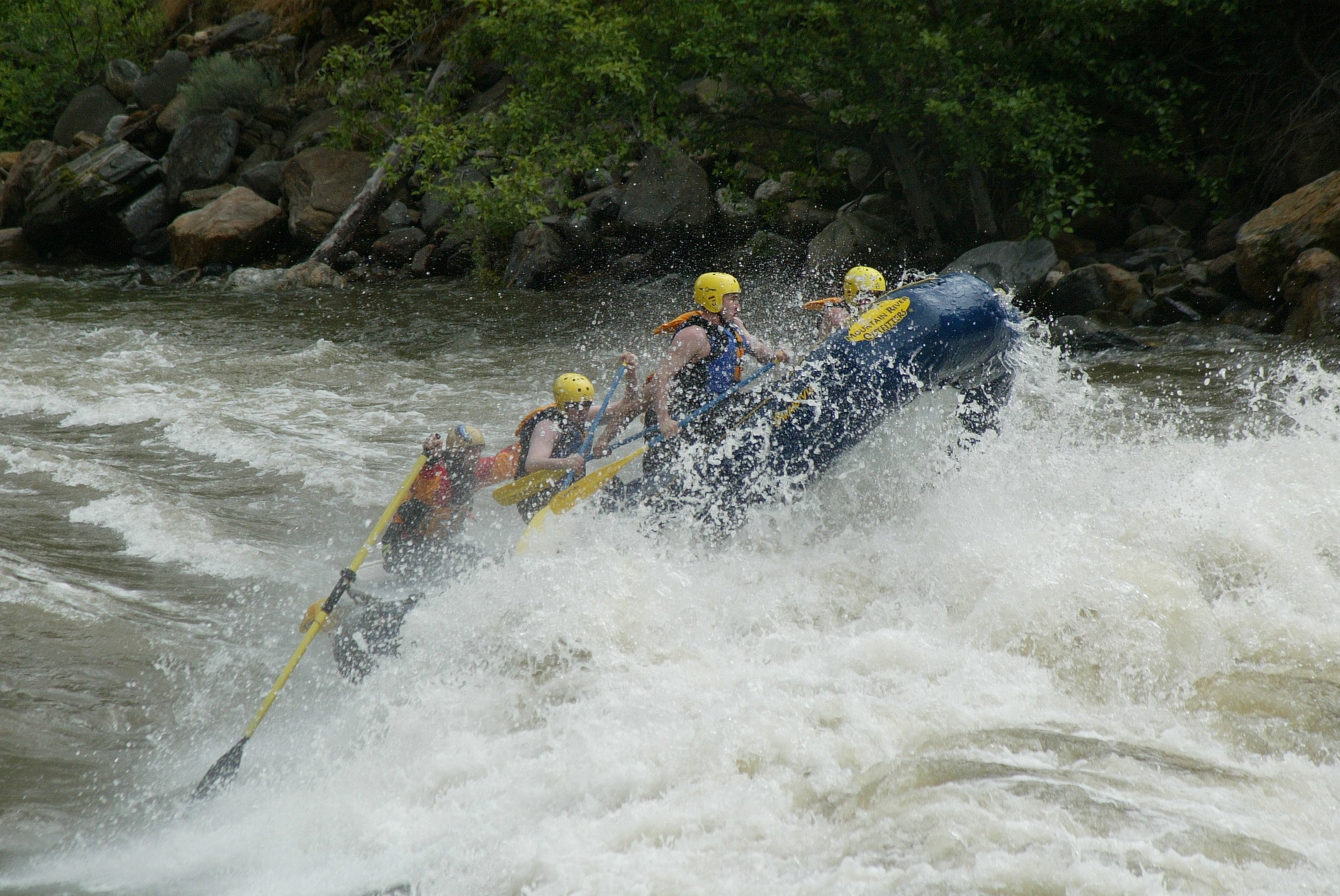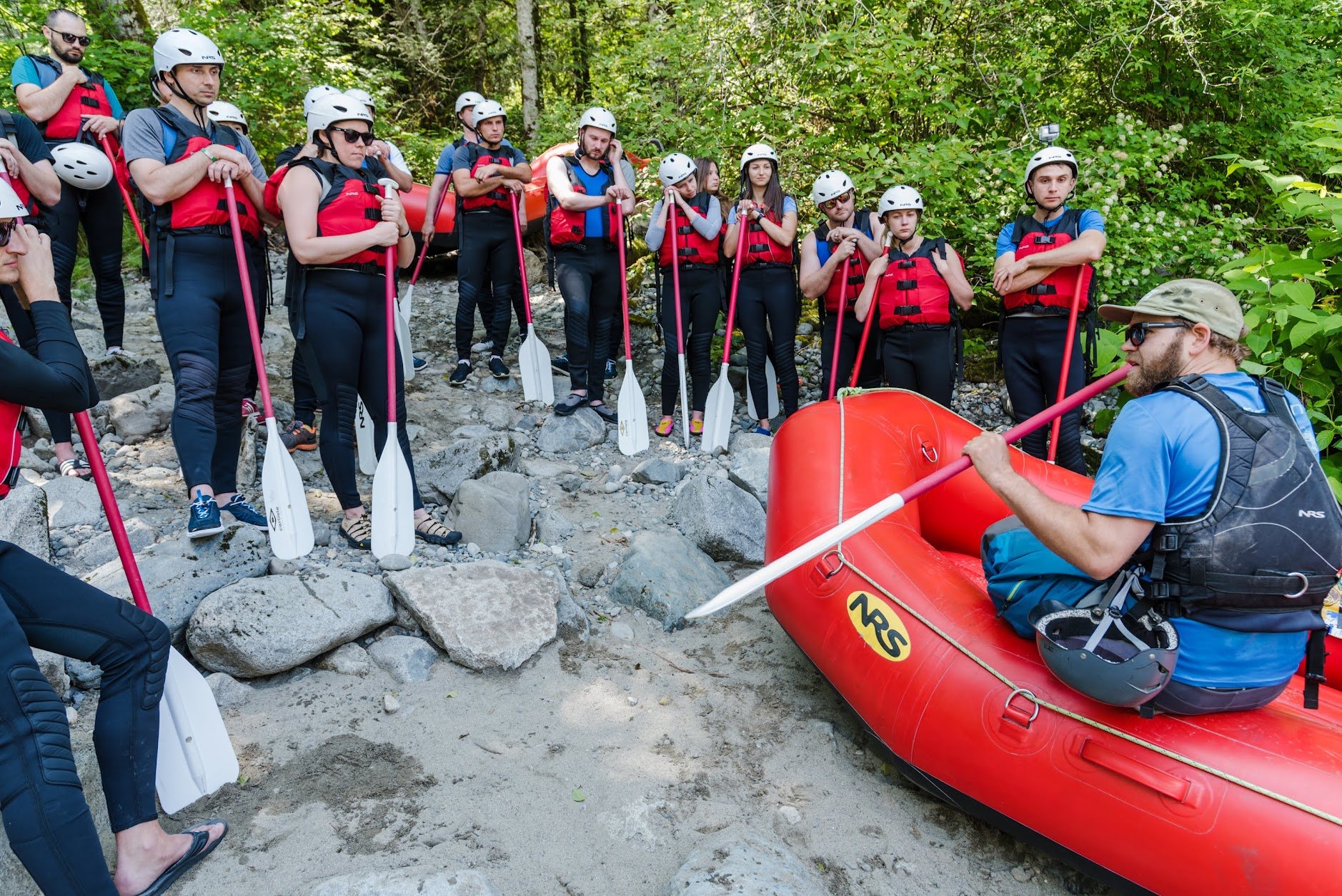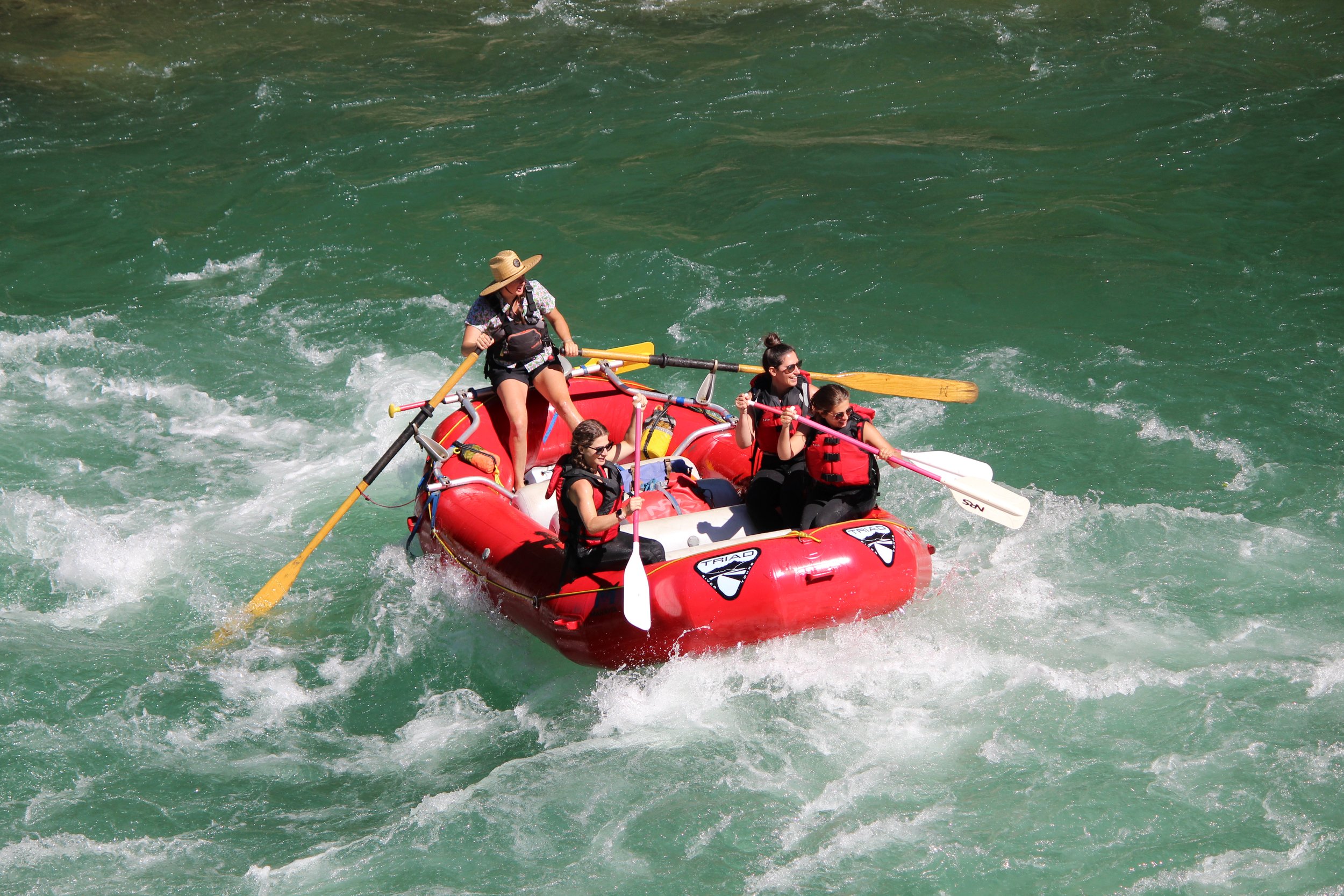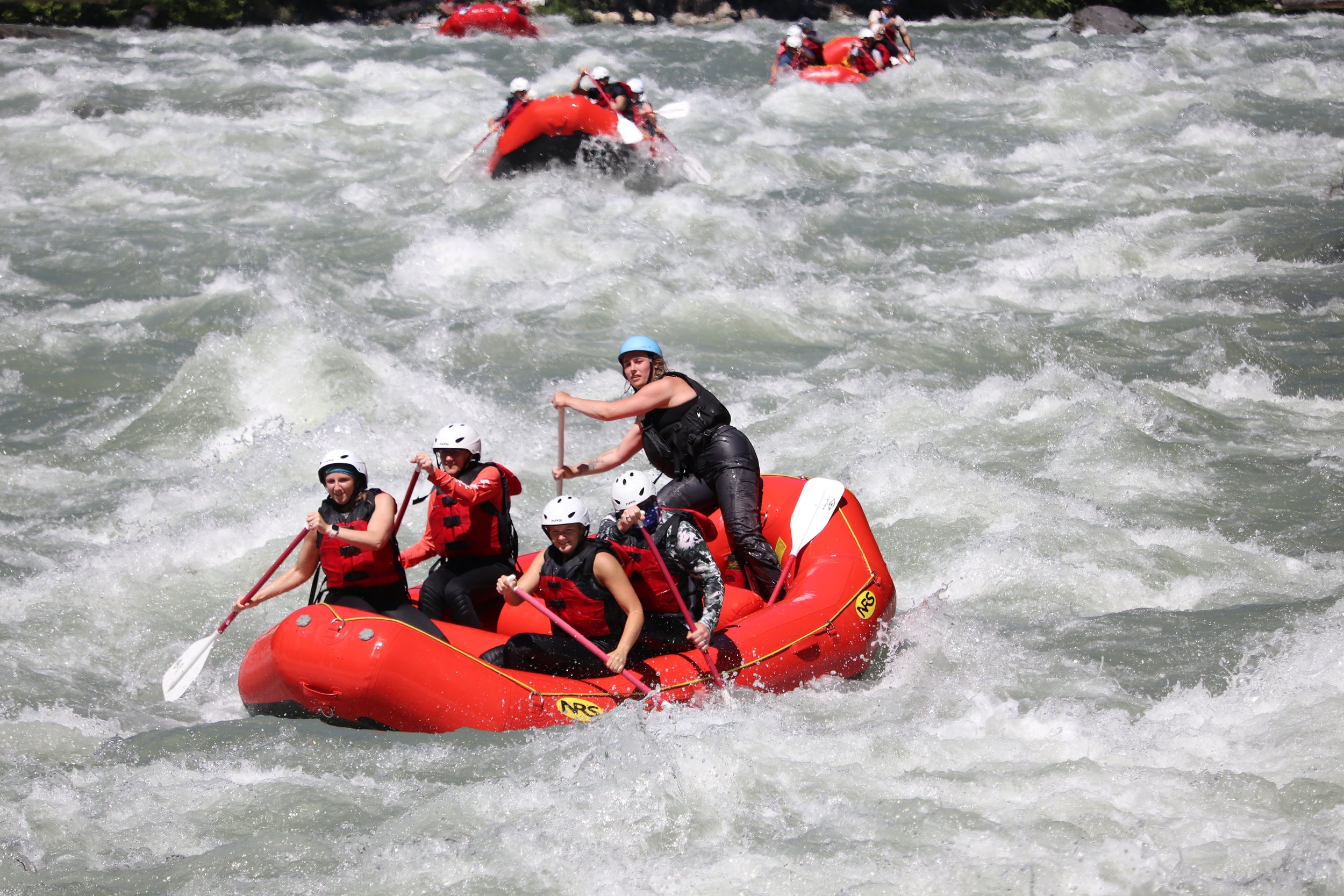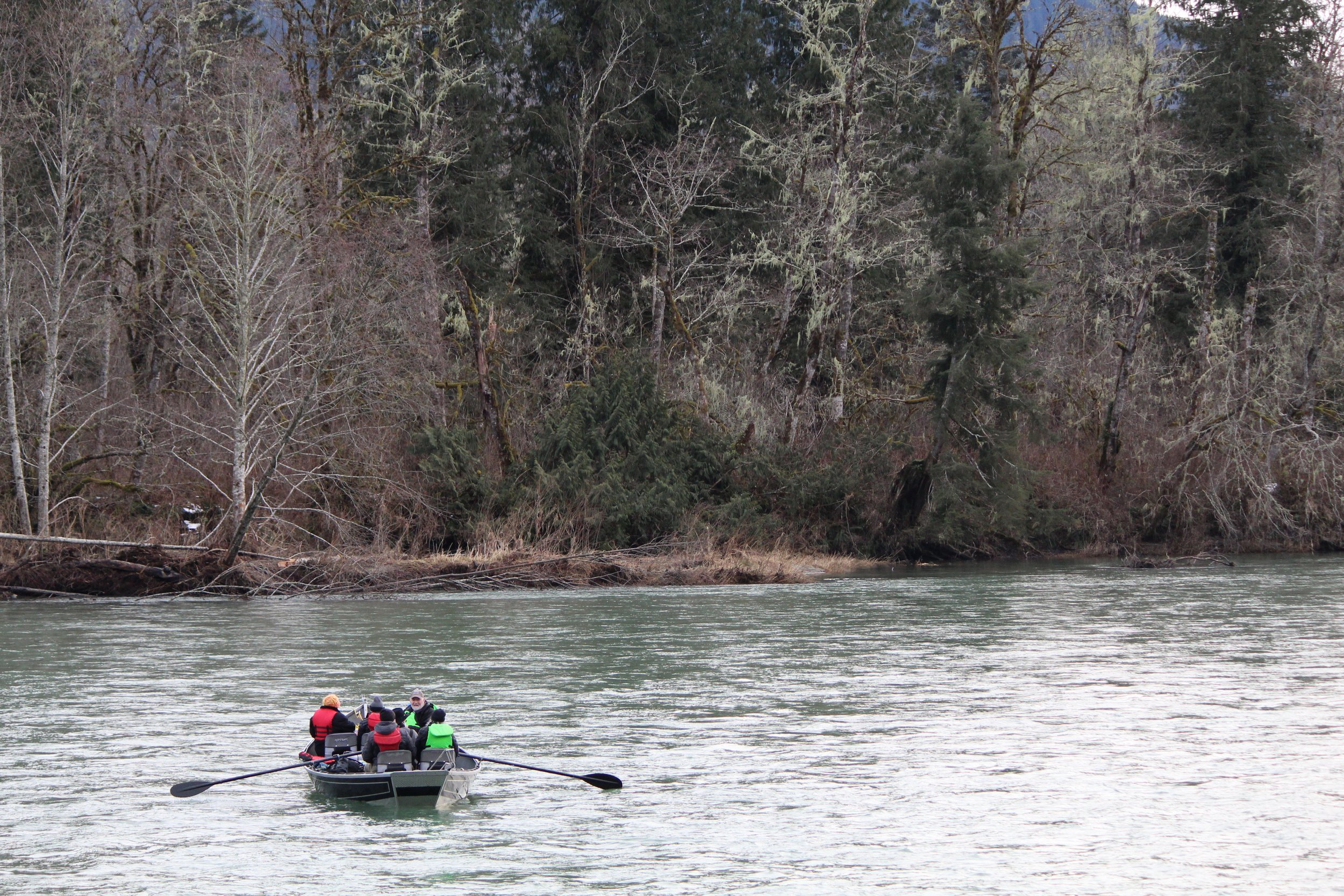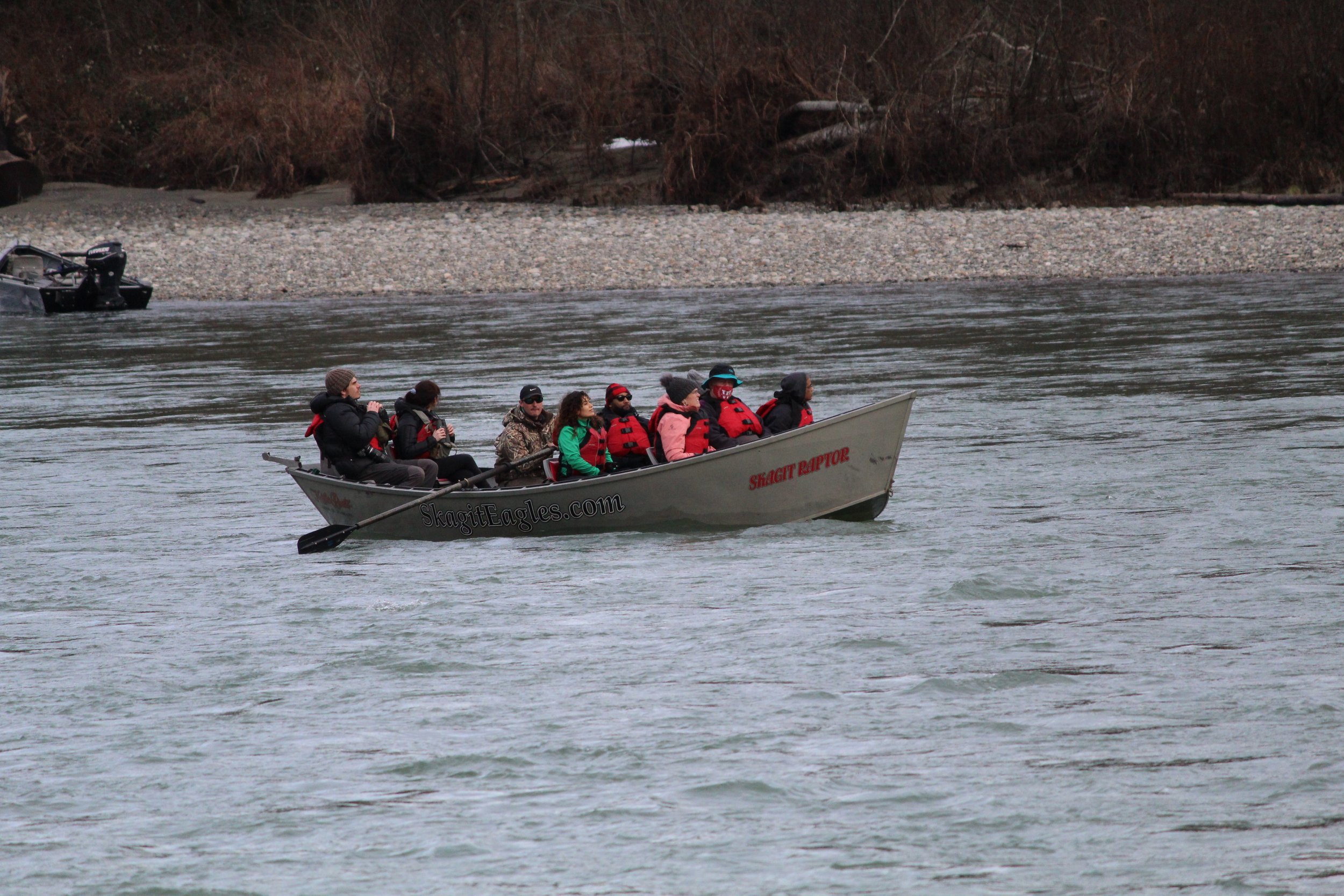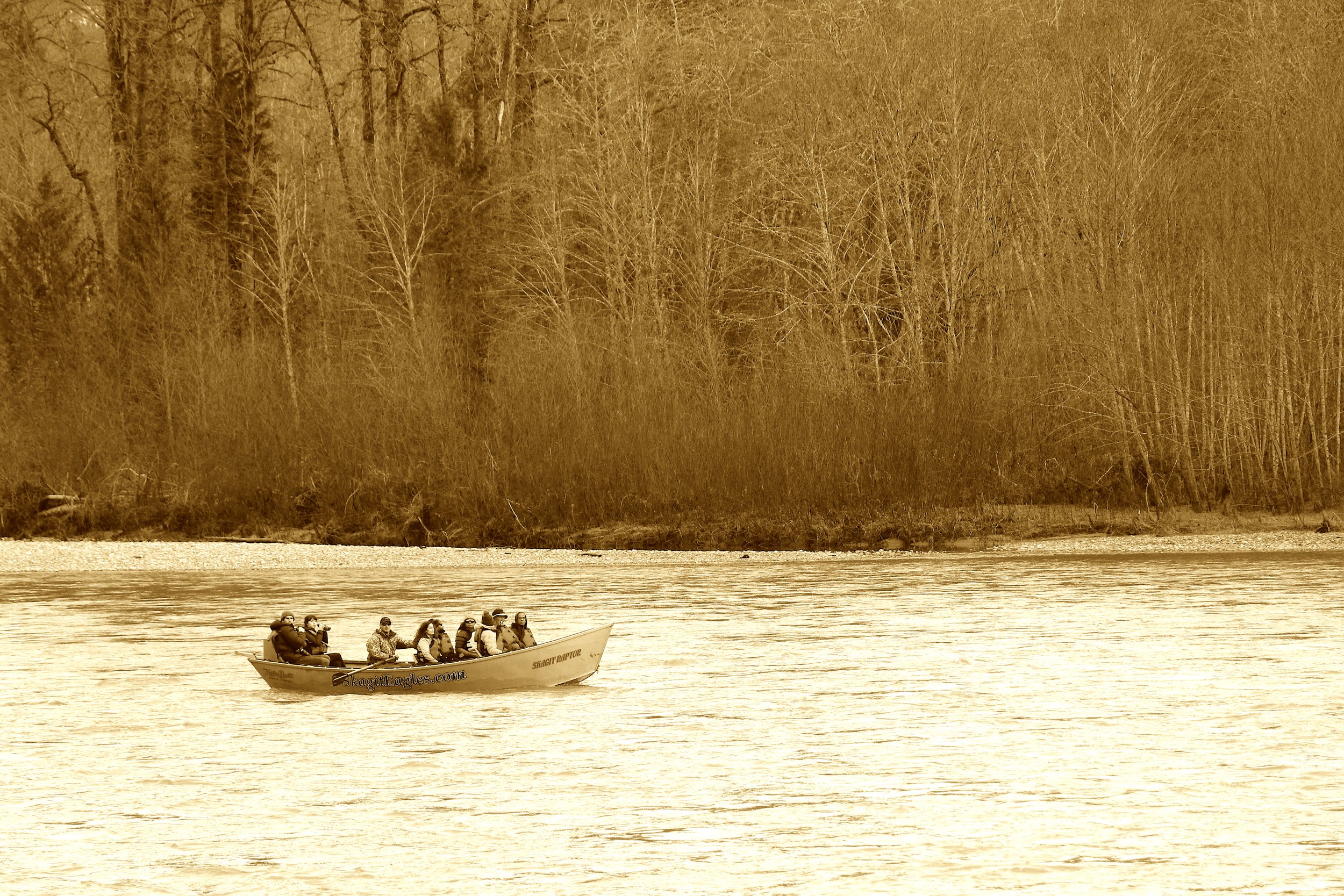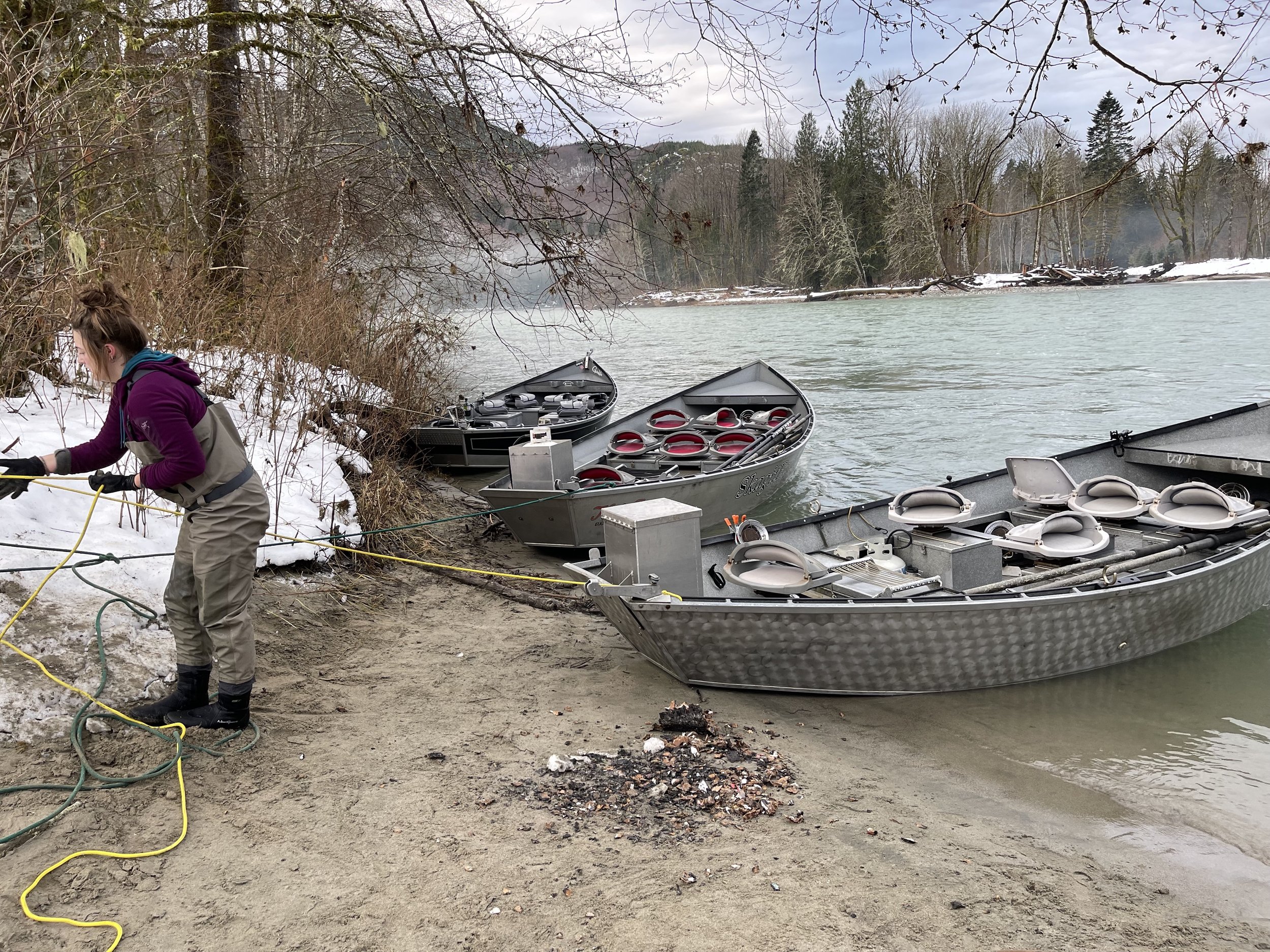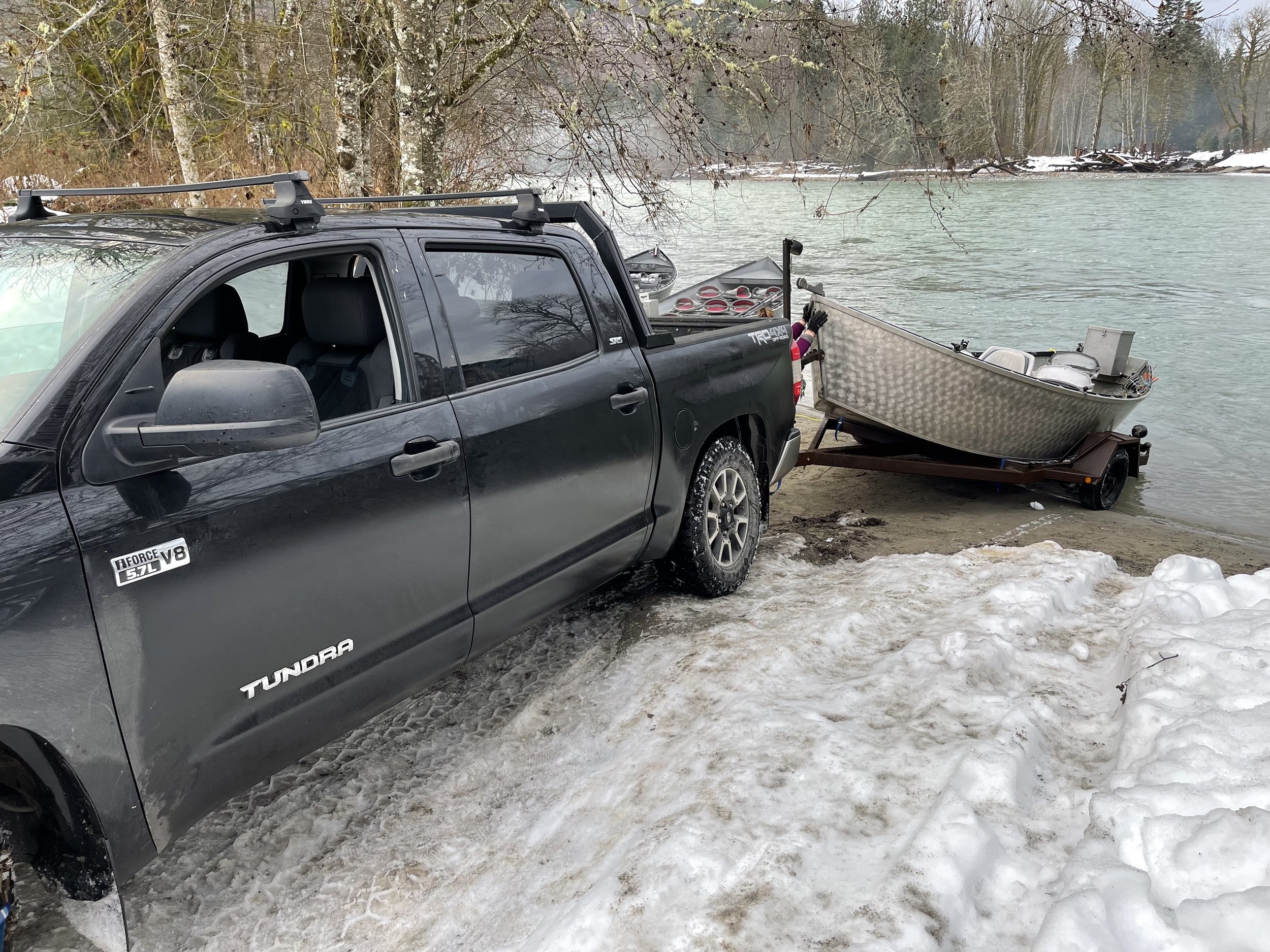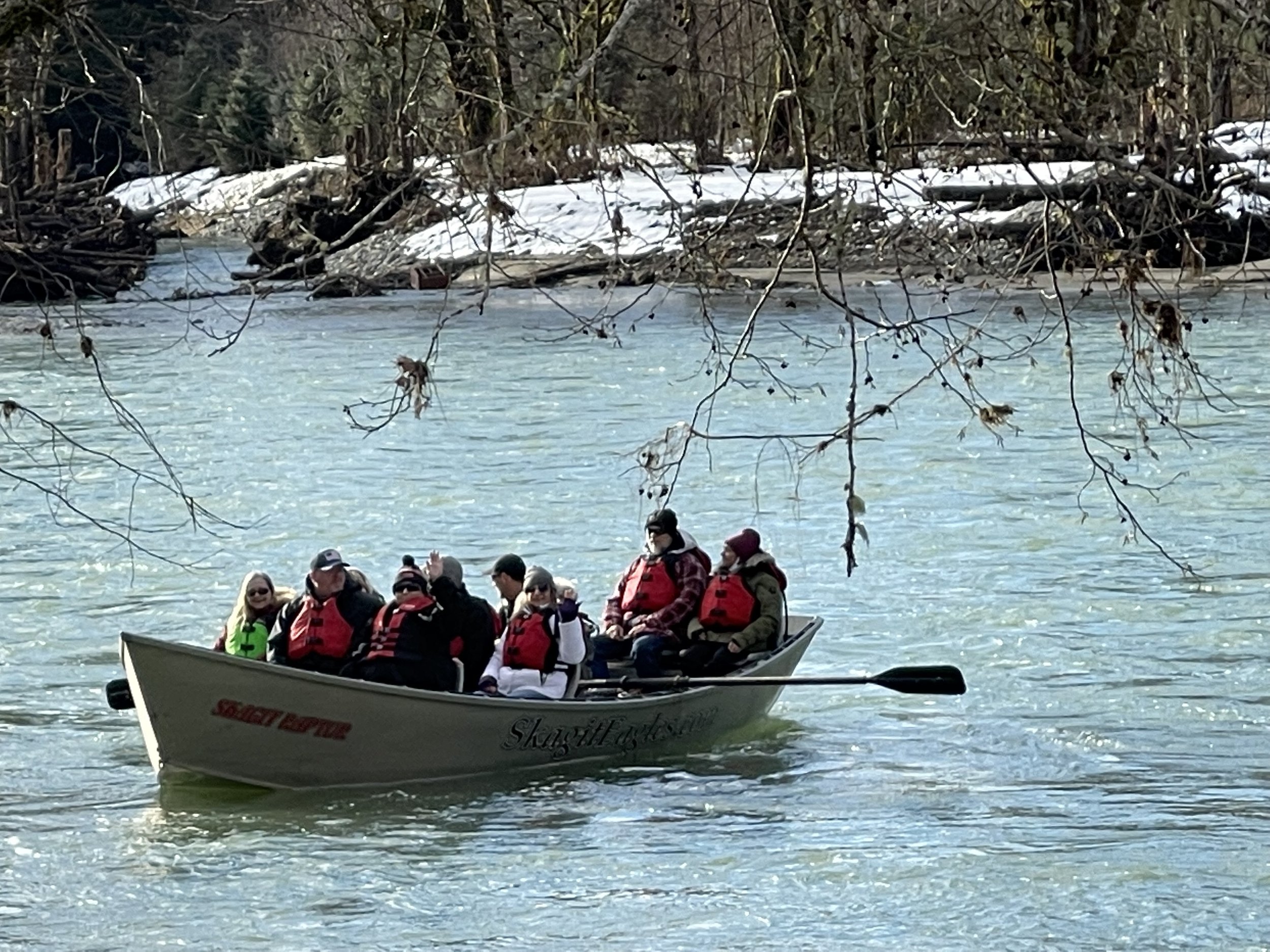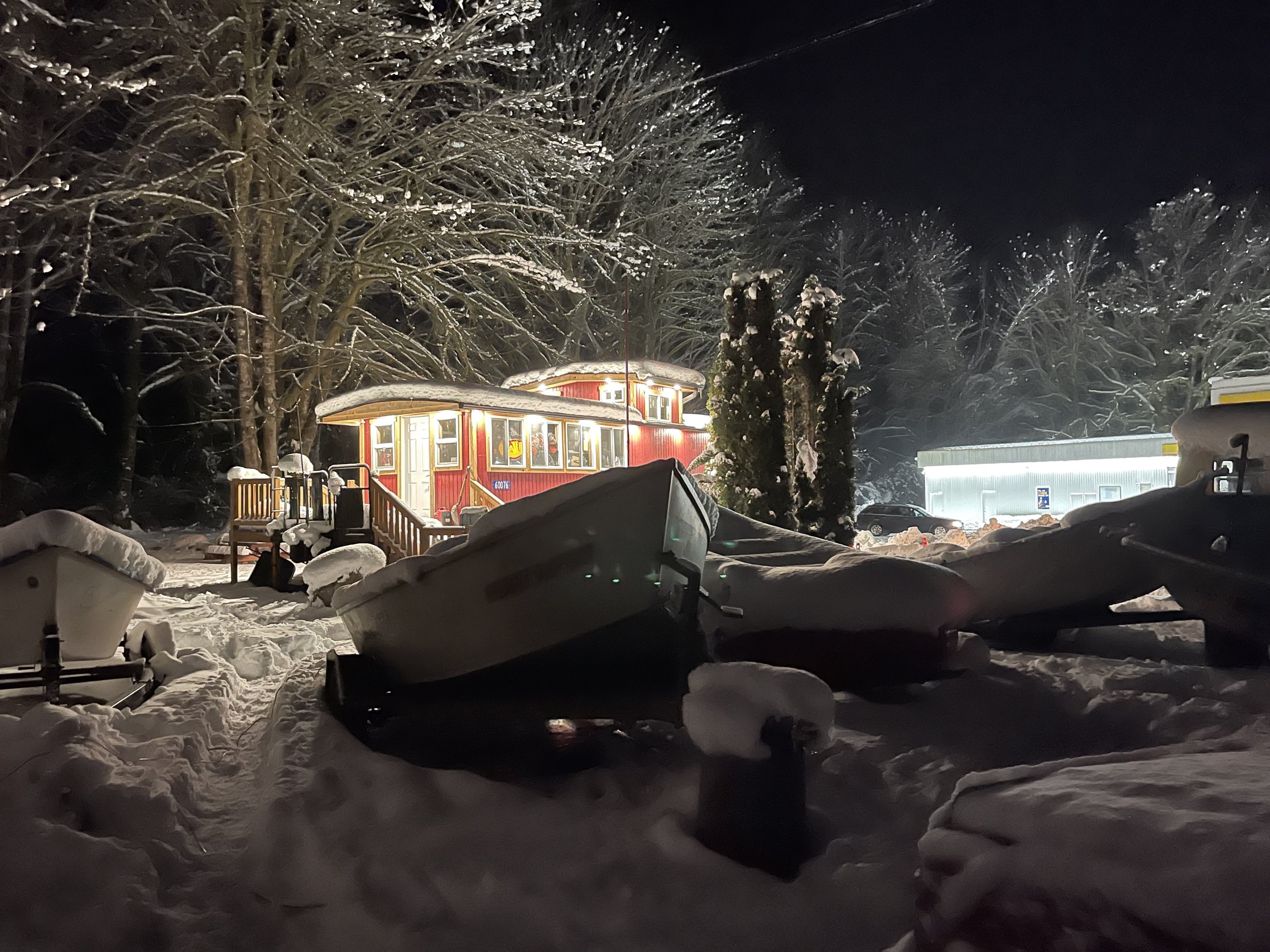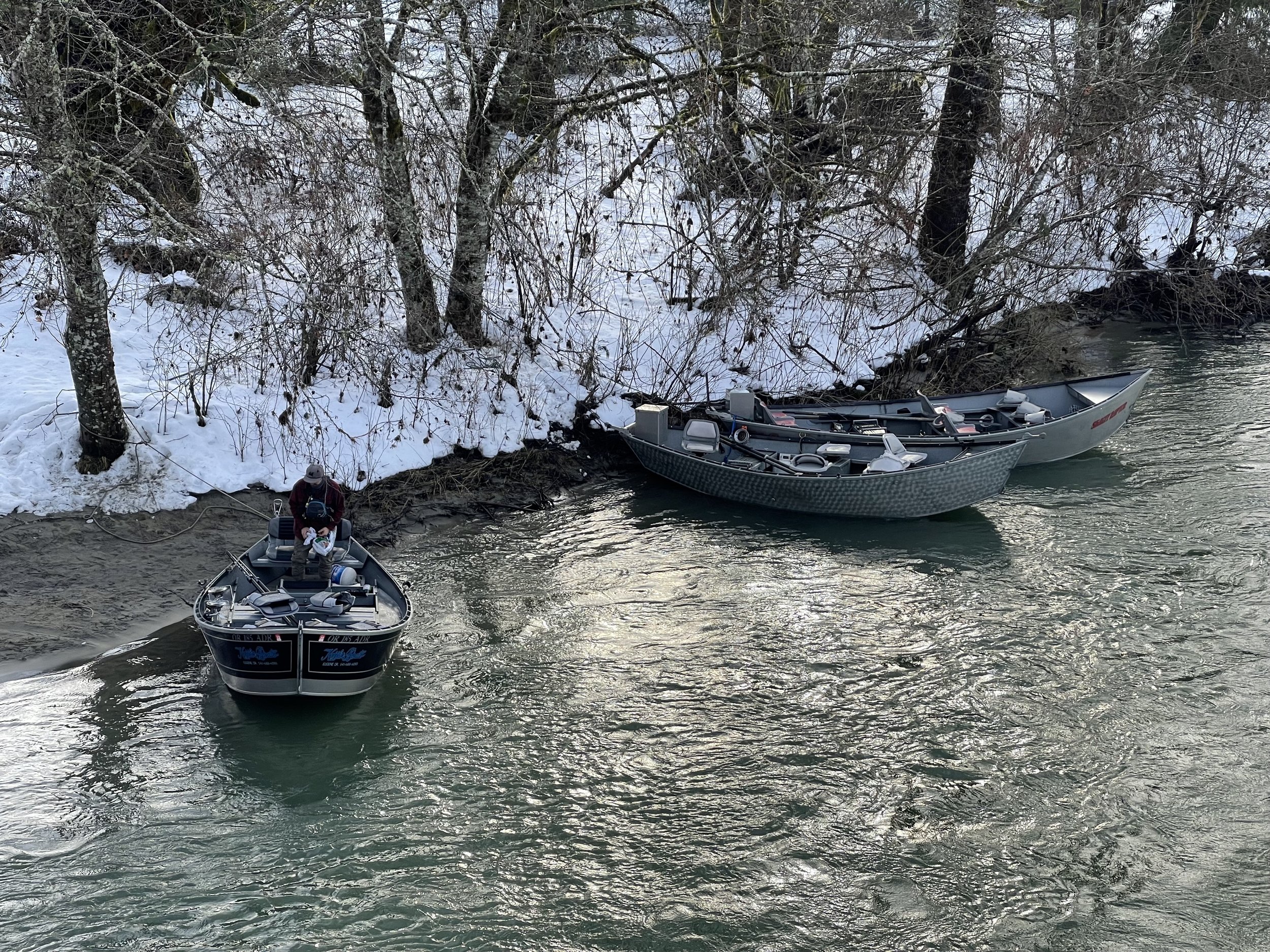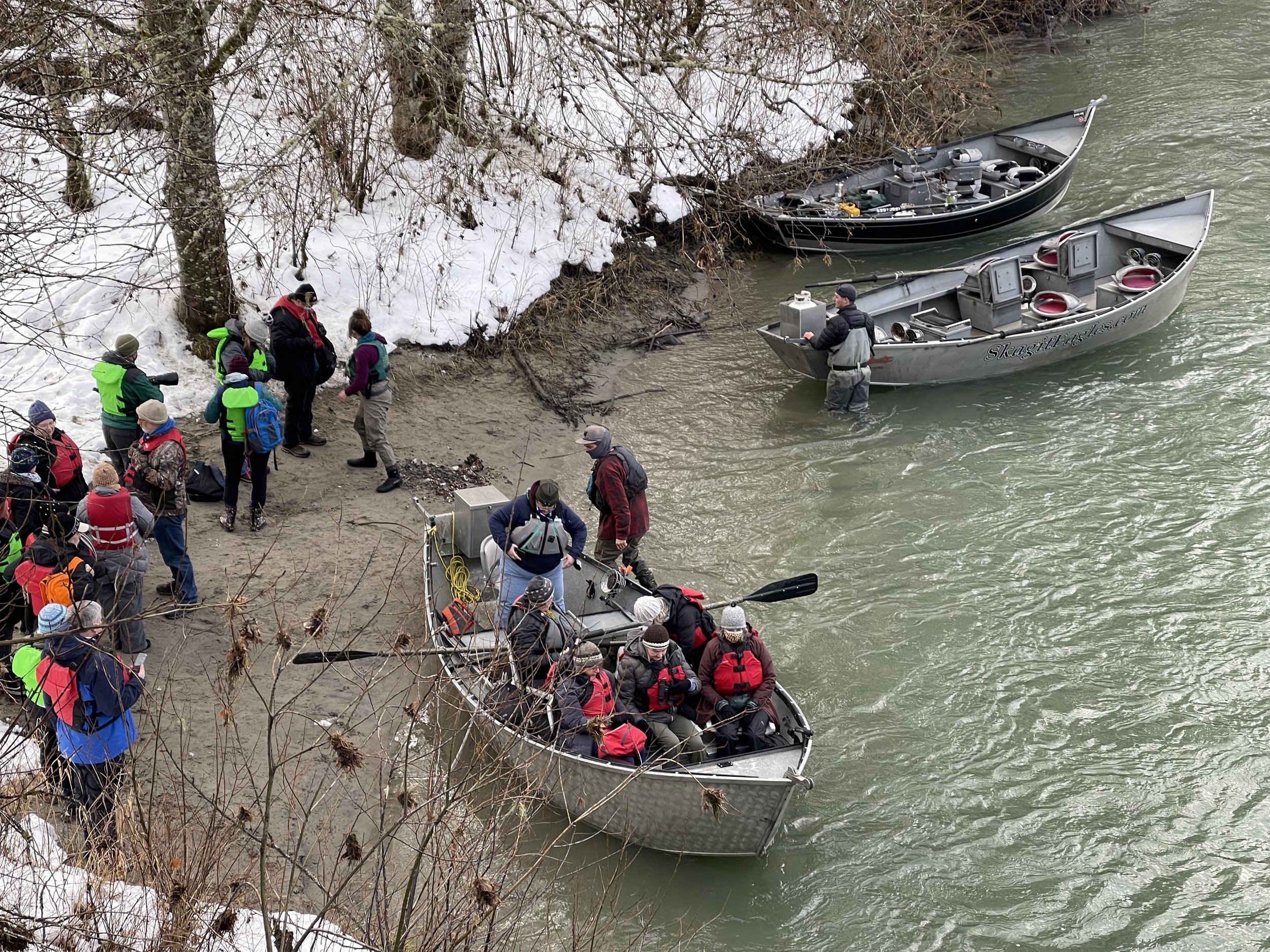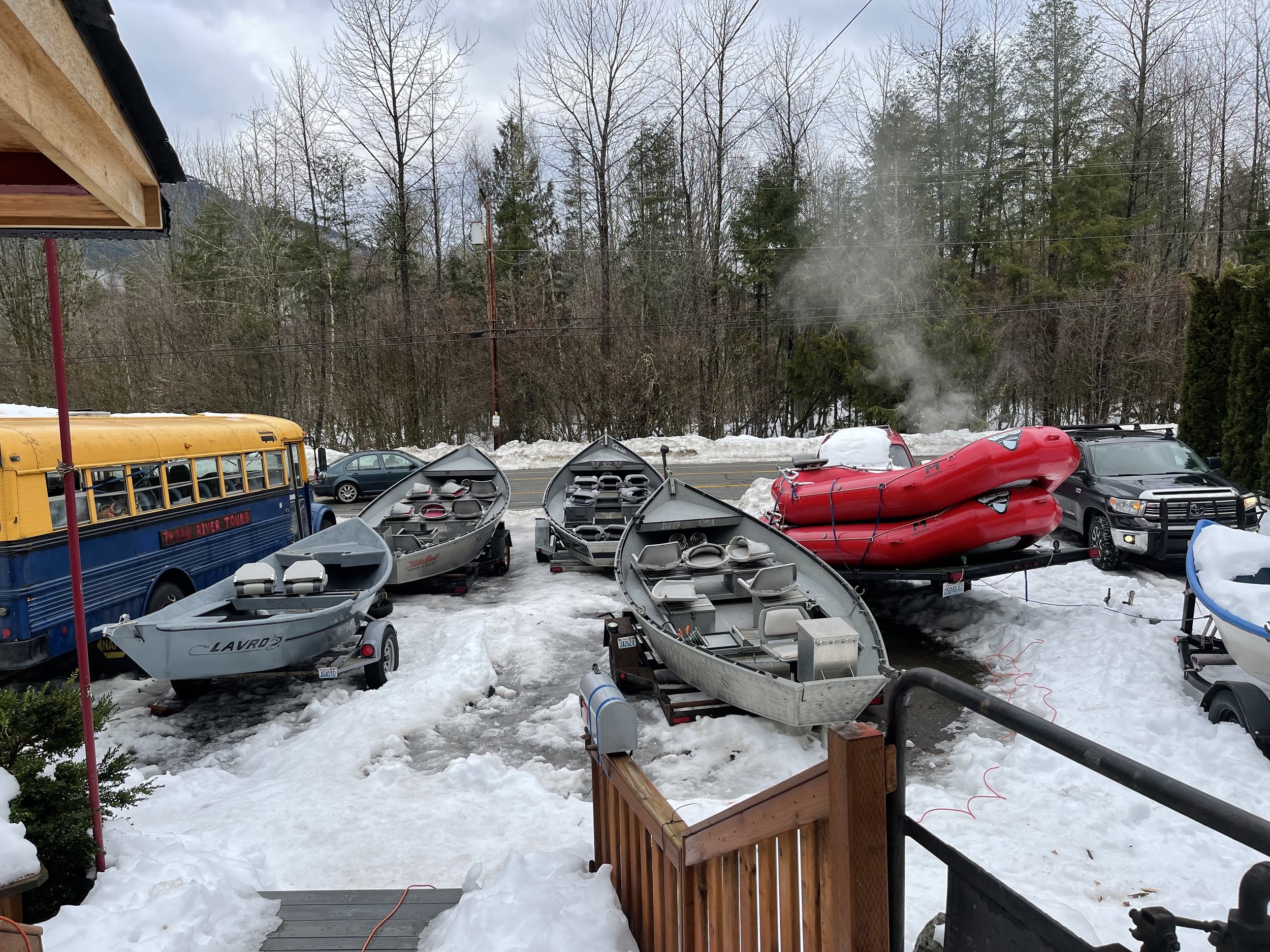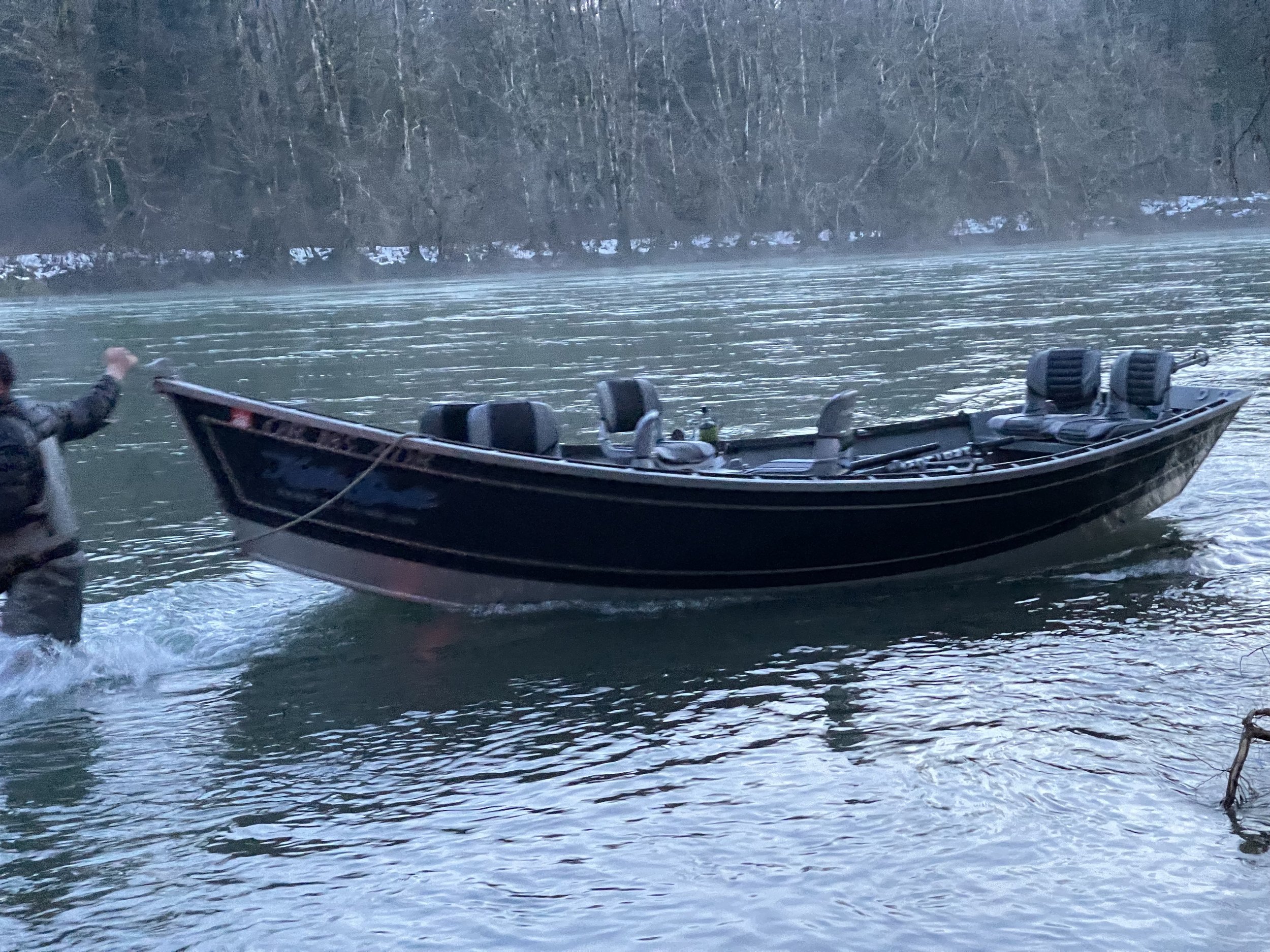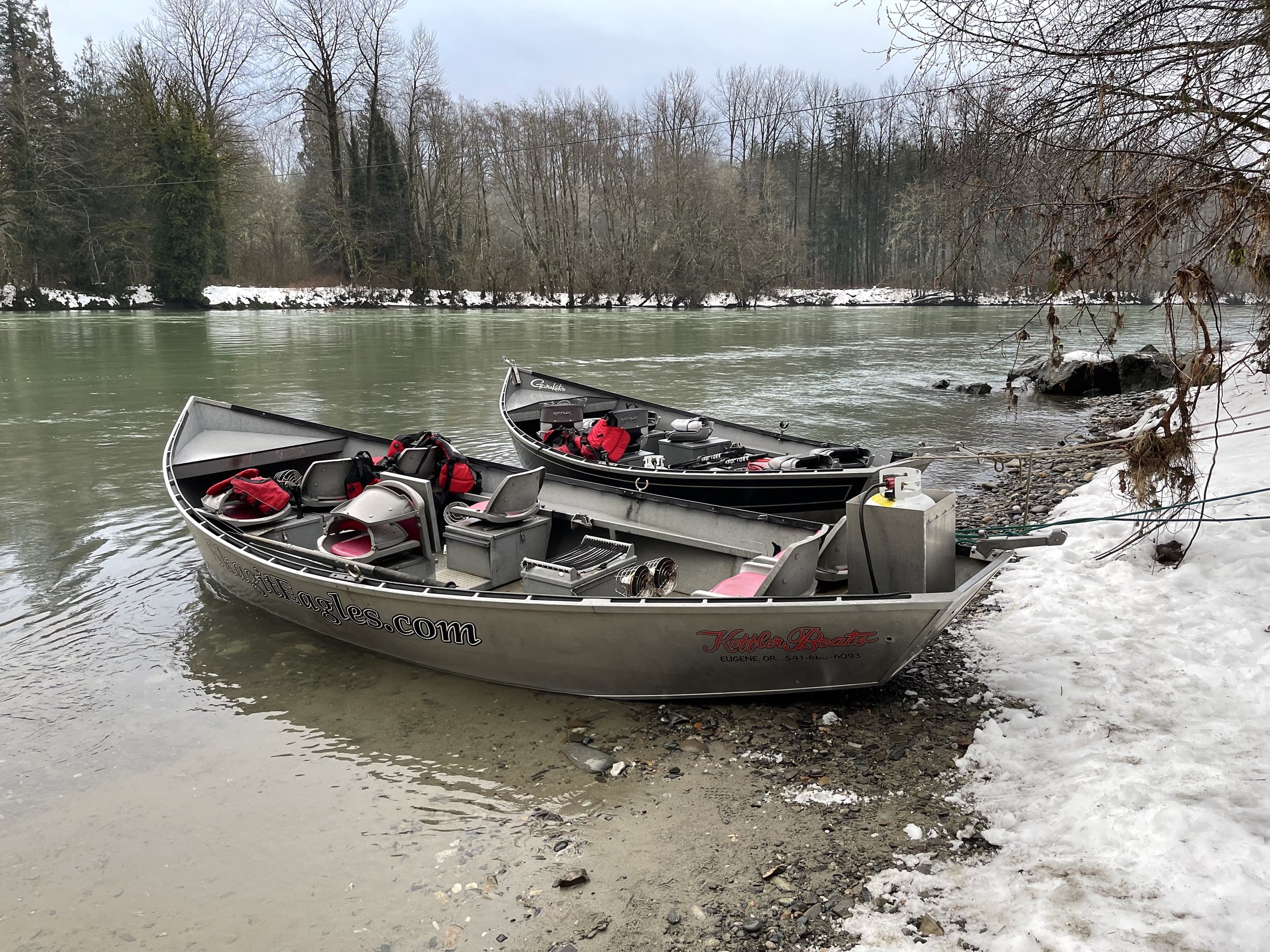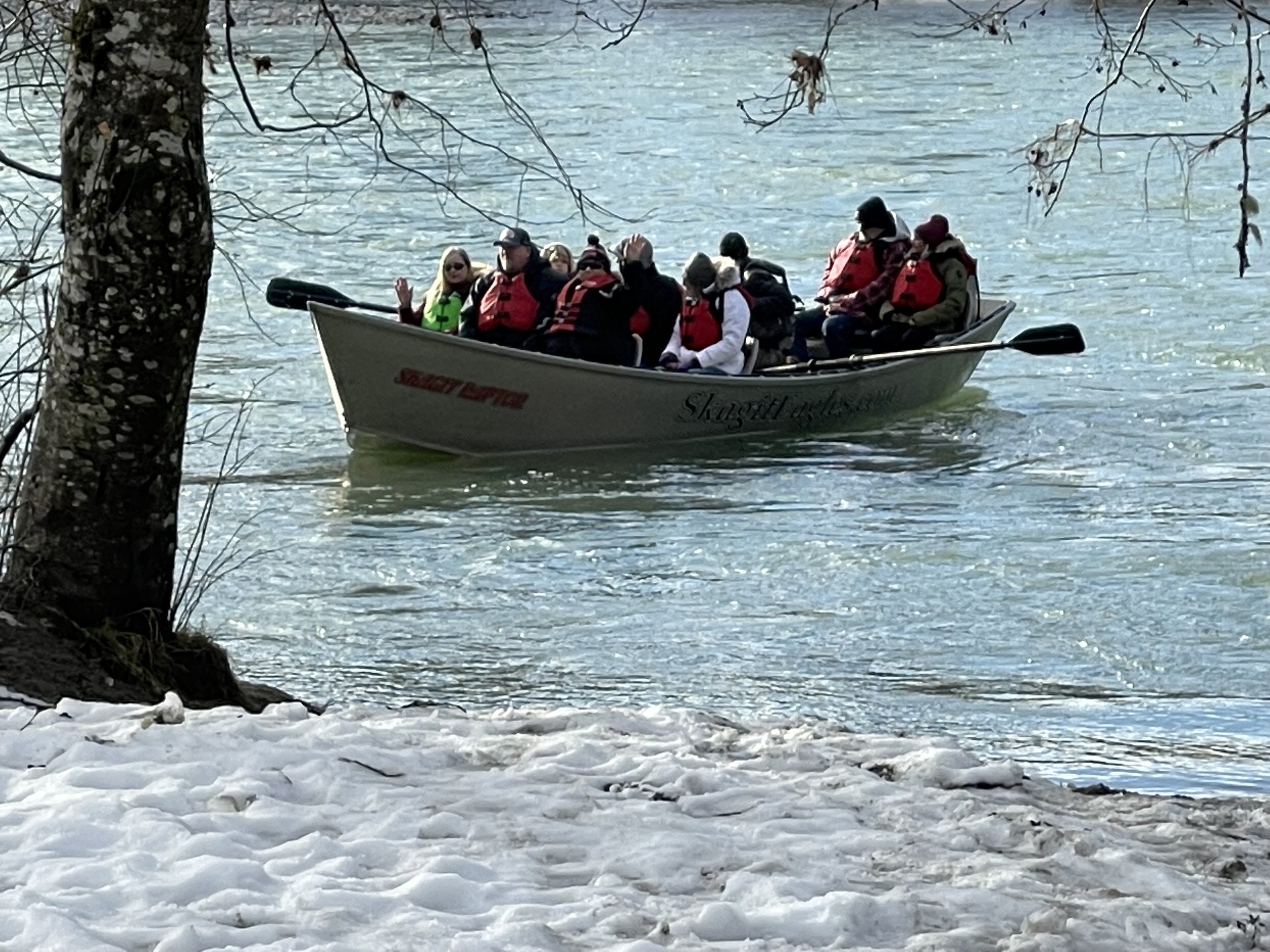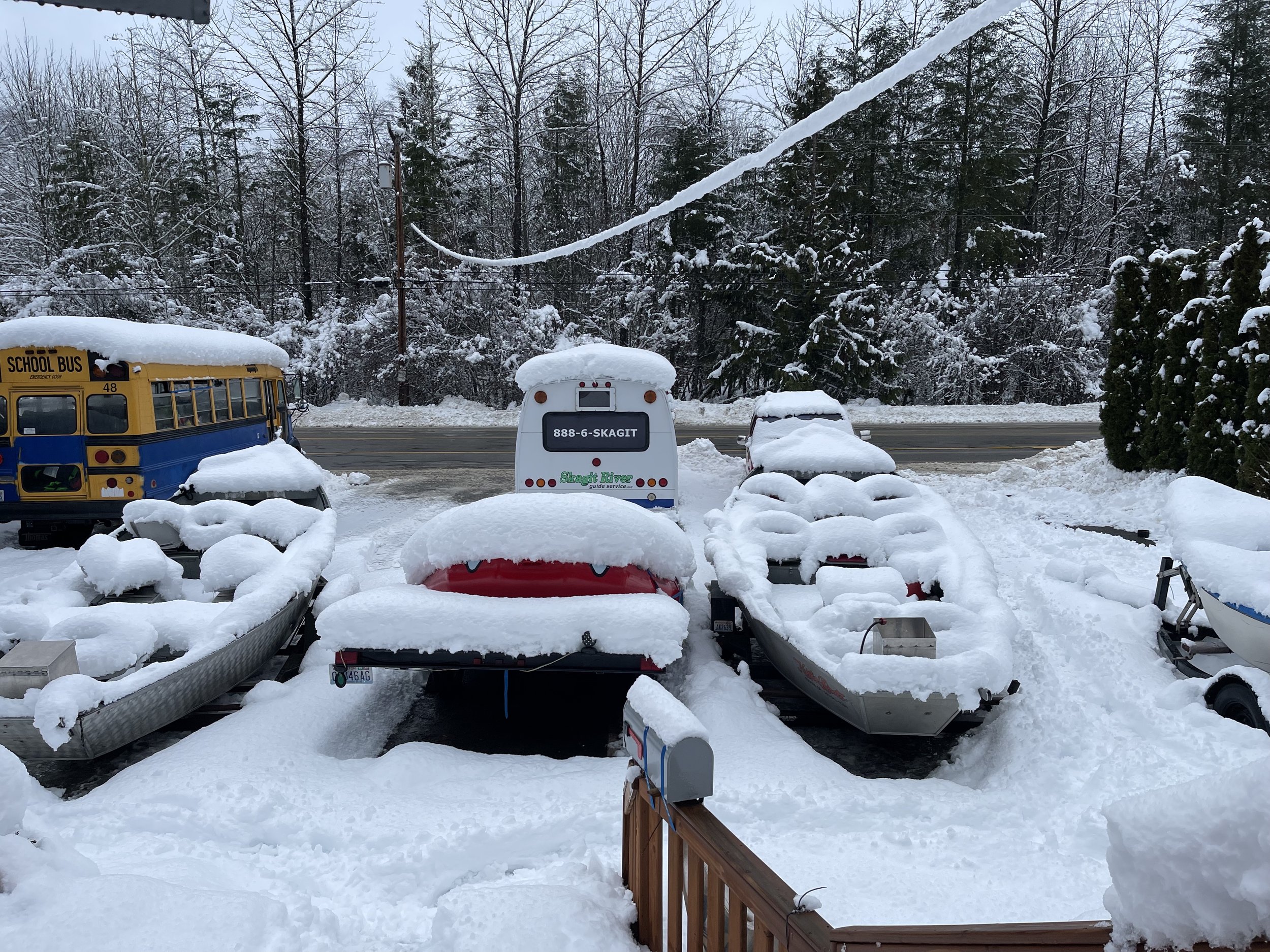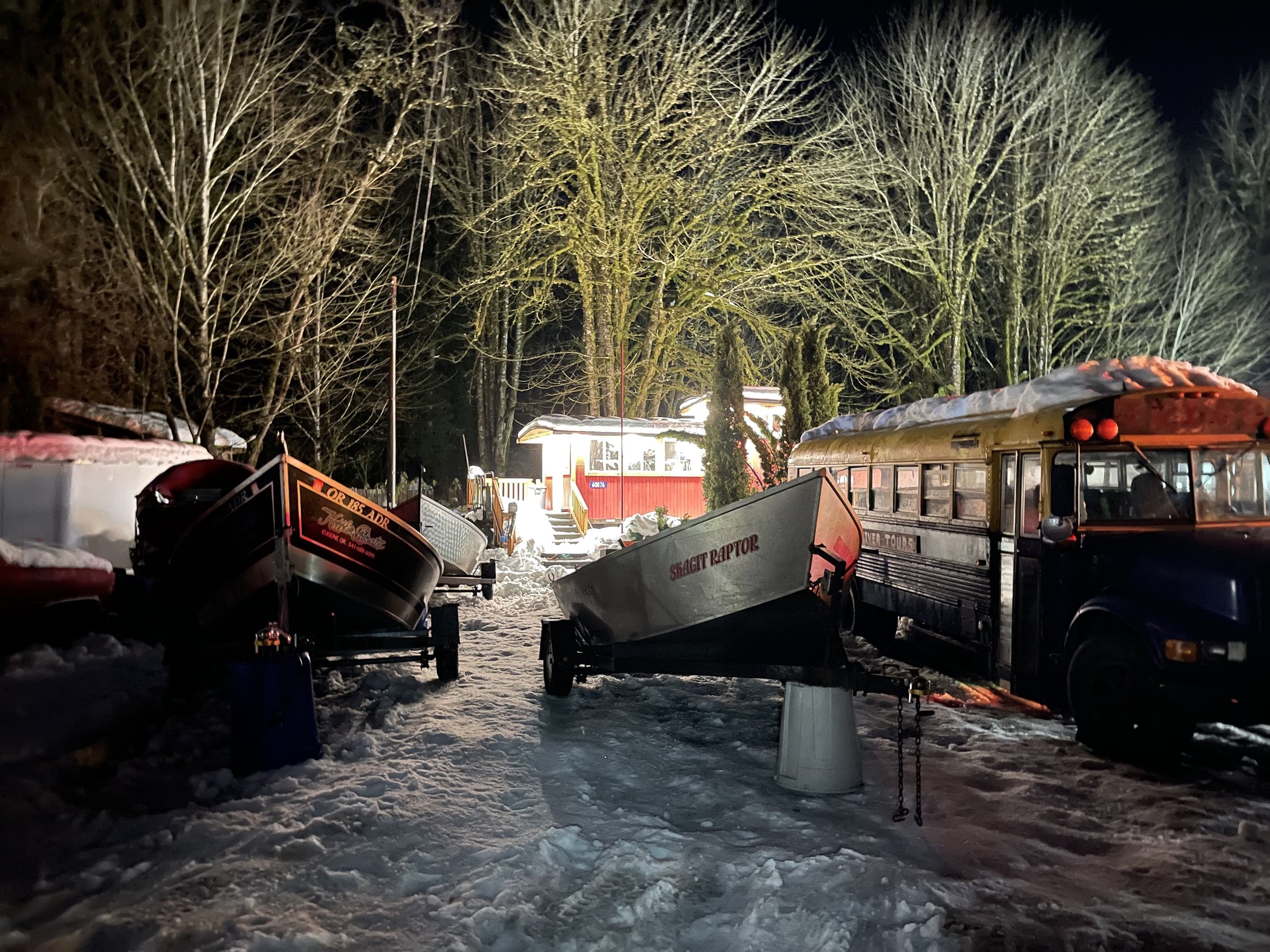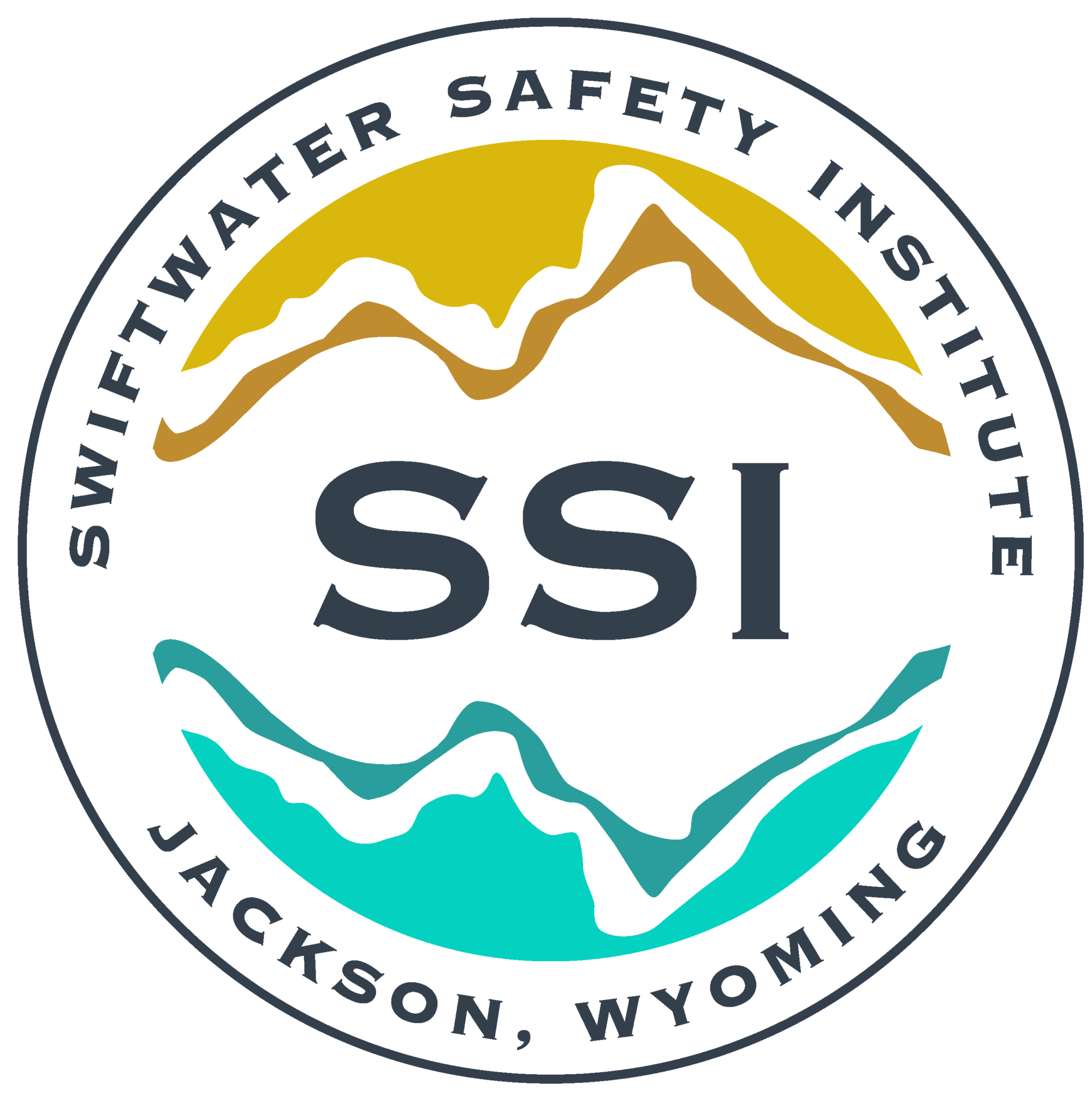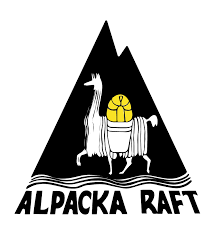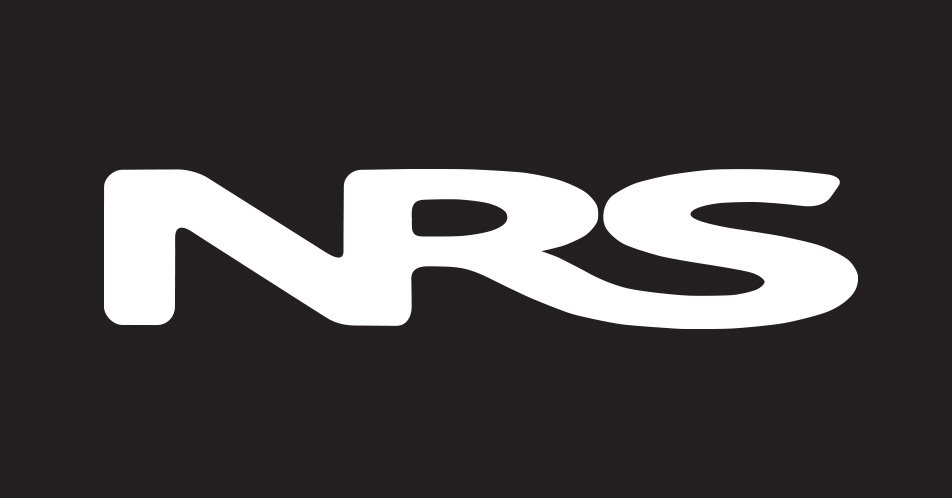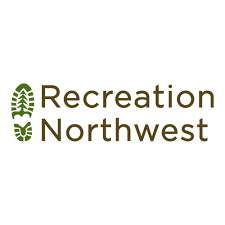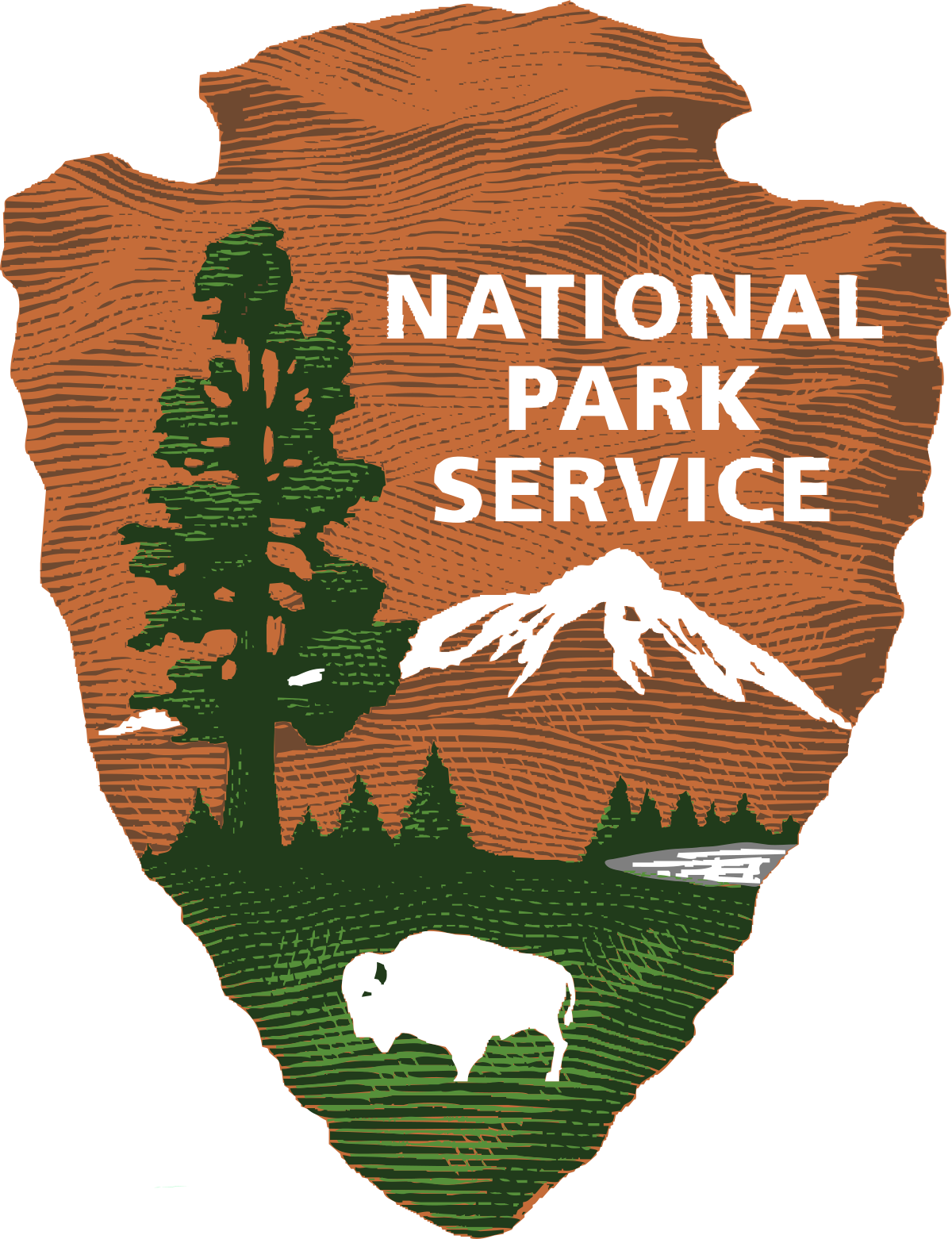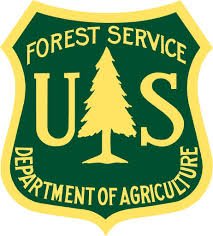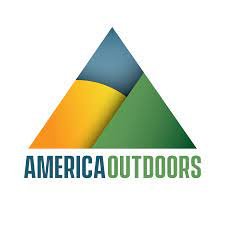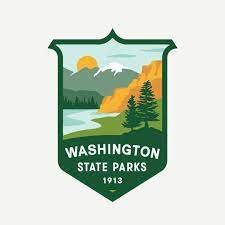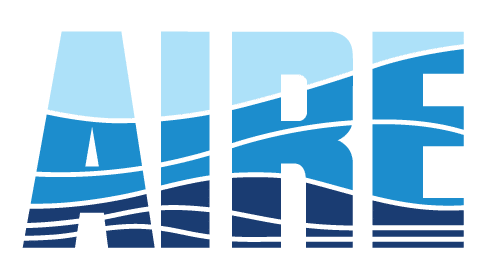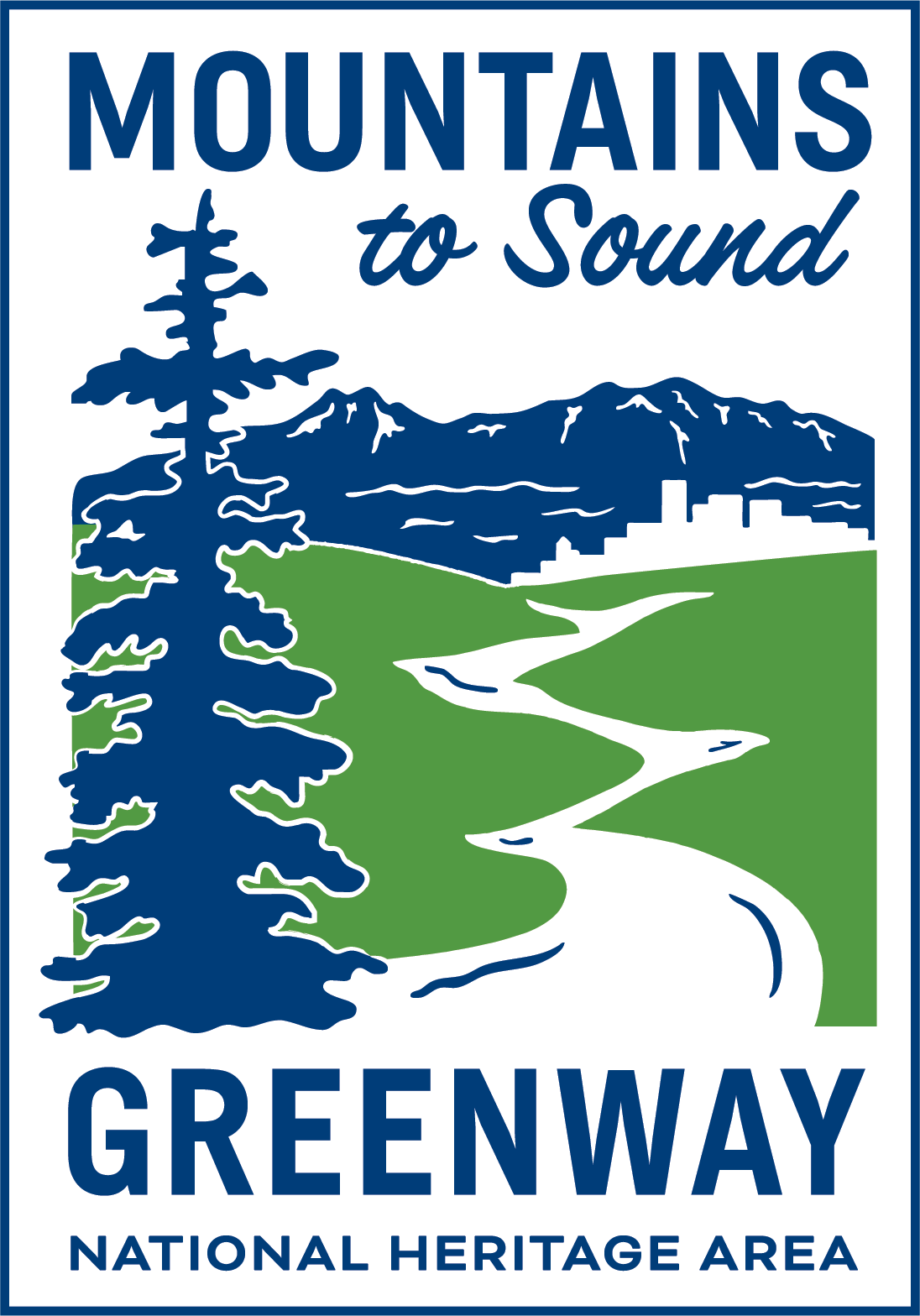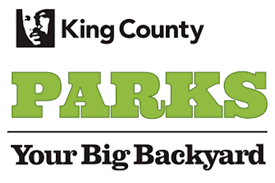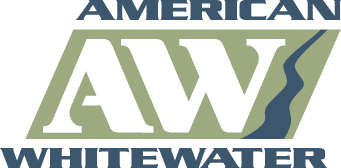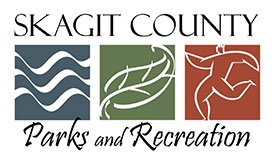Whitewater River Guides
& Professional Guide Training
Triad River Tours is an industry leading outdoor recreation company in Western Washington that focuses on the therapeutic and healing powers of nature. Our brand has differentiated itself by maintaining a standard of excellence in regards to the care of our guests on some of the most demanding commercially navigable rivers. Our operational processes are built upon efficiency, leave no trace, and above all things safety.
Triad River Tours mission is to facilitate the relationship between humans and their natural environment. Our trips are simple, innovative, minimalist style nature experiences that focus on elevating experiences of human life and preserving the natural environment through Leave No Trace ethics.
Triad guides are held to the highest standard, and are paid accordingly. Our guests have come to expect our hospitality, our organized “tight” system, and our precise safety systems. Our operation differentiates itself by providing an experience with nature that is free of buffers, avoiding egos, and focused on cherishing the moments where we can exist together in nature. Guides who strive for similar experiences excel in Triad’s system.
Triad River Tours acknowledges that all trips are operated within the ancestral homelands of the Puget Sound Salish peoples. We seek to honor through example, education, and stewardship, a simple way of life, in harmony with our environment, in constant reverence of nature, that is evidenced by the history of these people and their way of life.
360-510-1243
Information on this page:
Triad River Tours pay scale
Preferred Qualifications
A Letter to incoming veteran applicants
Guide Living Arrangements
Statement on Equal Opportunity
Guide Training Outline
Guide Training Syllabus & Program Overview
Year Guide Exam Study Guide
A letter to incoming rookie guides
Guide Training Payment Options for Rookie and Incoming Veteran guides
Winter Guiding
1. Triad River Tours’ Pay Scale (2024)
Notes:
A detailed explanation of tiers and employee expectations can be found in the company handbook, which is located in the footer of this website.
The dollar amounts for each pay tier will adjust with inflation.
Discretionary bonuses are handed out for all guides who remain on staff until their last planned day of the season (see below for explanation of bonus structure).
You are paid more because of your ability to take responsibility, not necessarily because you have more credentials/certificates, etc.
The dollar amounts for each pay tier are the base for that pay tier. Staff members on that pay tier who have specific skills or are given raises will make more than the base prior to moving up to the next tier. Example: If tier 1.5 pays a base of $21, you could move to $22, then $23, etc. prior to moving up to the next pay tier.
Triad pays on a 5 tier wage system paid per hour. If you would like to know how much you make per trip, simply multiply by 4 (almost all of our trips are 4 hours). Because Washington State requires that all wages are broken down hourly, that is what is presented here. Note that we have very specific regulations regarding how our employees are signed on to trips and how days off are administered. In general, our company believes that all guides have the right to confirm or deny their place on a trip at the time of the trip being offered to them; although we expect our guides to confirm trips at the time of requesting, they have the ultimate right of refusal at this time. Once a guide is confirmed they must run that trip. Conversely, we will not hire you for the day or require you to be available without giving you paid work (this means no morning guide calls for veteran guides who show up and do shop work and then go home unpaid if there are no trips for you). Our reservation and cancellation policies are rigid so that the guides have a reliable scheduling system and thus a dependable wage through their season. Triad understands completely that more experienced guides with a more consistent schedule means better trips, and our scheduling and compensation systems are designed for this purpose.
Triad trips are on average 4 hours apart from each other (if they go over that you'll be paid at the listed hourly rates). There is no food on our day trips so you do not need to factor in any prep, meal times, or sandwich making, etc. Our system is very streamlined, lean, and efficient; it is most likely very different from what you have experienced at other companies, so when you do the math on your wages make sure to take this into account. Triad consistently has tier 2-4 guides making well over $1000 per week gross in the middle of the season. Our system is designed to run 3 trips per day; this efficiency of operations allows you 3 opportunities to make a great wage and earn a tip. You can expect a 12 hour work day if you run 3 trips; these can be long and tiring, which is why it’s critical that you prepare yourself well by studying, training, taking care of your body, and perhaps most importantly, work together and communicate effectively with your team. Triads system is very rough on guides that have lived the “float and bloat” lifestyle where they stay up late at night partying prior to your trip; this lifestyle simply will not work at Triad. We have a deeply rooted philosophy that outfitters should put their best effort towards getting as much work as possible for guides; by working fewer guides more often we cut down on expenses, environmental impact/carbon footprint, and create a staff that is more effective in working together in life threatening situations due to their familiarity with each other and the system. All of our guides are expected to work hard; they can take whatever days off they want, and on those days during the season it’s definitely wise to rest and/or enjoy yourself, but when it’s time to work; this is work.
While none of the following credentials are required to work at Triad River Tours, you will be paid more, and will be eligible to work more difficult and dangerous rivers if you have the following qualifications:
Class 5 whitewater experience (AW standard rating) -and/or- 1500 miles of commercially navigated whitewater Class 3 or higher (AW standard rating) working as a professional guide.
Professional Safety Kayaking ability in Class 5 Whitewater
Advanced Medical training (WFA, WFR, EMT)
SRT-1 certificate (preferably from Swiftwater Safety Institute)
Commercial Drivers License (Class B CDL)
This current pay-scale system correlates roughly to the following hourly wage rates (note that most trips are 4 hours long & most days are 1-3 trips per day, with 3 trips days likely on weekends and 1-2 trip days on weekdays):
Tier 1/entry level employee: $18/hr. Entry level guide with state minimum requirements. 50 hour WA guide certification and First Aid/CPR card required to guide at entry level
Tier 1.5/qualified first year guide: . $21/hr. Rookies that have swiftwater rescue training (PRO-1 provided to committed guides) and any advanced medical training WFA/WFR/EMT (if you need help attaining these qualifications Triad can help via our training program). Most rookie guides start at this wage after completing guide training and passing evaluations showing improvement in skills and competency after 10 commercial trips.
Tier 2/veteran: $25/hr. At least 2 of the above qualifications required. Standard minimum 2 years guiding. This is the starting wage for incoming veteran guides, who are given an evaluation after 2 weeks or 10 commercially guided trips, prior to being moved to tier 3. That is to say if you are a vet you will be at this tier during your 2 week evaluation period. First year (“rookie”) guides who show high levels of competency and development reach this pay tier during their first season.
Tier 3/dedicated professional: $28/hr. At least 3 of the above qualifications required. Standard minimum 4 years guiding. This wage tier is common for industry professionals that are in their first year at Triad. It is rare but not impossible for a first year guide to reach this pay tier through exceptional work. This pay tier is the most common paid to guides at our company.
Tier 4/Triad trip leader: $32/hr. At least 4 of the above qualifications required. Additional discretionary bonuses as agreed. Minimum 4 years guiding and one full year with Triad. The majority of our returning senior guides are at this pay tier.
Tier 5/Triad river manager: $36/hr. River Manager (additional discretionary bonuses as agreed). Minimum 4 years guiding. Guides at this tier typically are responsible for all aspects of river trips on a given section of river, and are fully committed to Triad River Tours. It is possible to have more than one river manager on each river, and it is also possible for one river manager to manage more than one river.
Tier 5+/Triad operations manager: $38/hr. This tier is reserved for staff who are responsible for the entire operational segment. Typically this can only be 2 or 3 people total across the entire company.
Note: We pay fuel expense for any traveling that is done in a personal vehicle in service to Triad River Tours (as agreed to by management). These wages do not include tips, housing, or other fringe benefits of the position (only what we pay you).
Note: Trips are often paid at a standard/minimum of 4 hours each. There is a maximum of 3 trips per day. The average number of trips per day worked over the course of the summer is 1.7 trips per day; this means that most guides tend to work almost 2 trips per day on average.
Note: Guides are encouraged to work 4 days per week. Guides are allowed to work 2 trips per day on busy days, or 3 trips per day, typically there is a “morning shift” where guides work the morning (9am), mid-day (1pm) trip and are off work by 5pm, -or- they work the “evening shift” and work the mid-day (1pm) and afternoon (5pm) trips, and are off work by 9pm. Guides may choose to work all 3 trips in a day. Notably, if a guide works 2 busy 3 trip days, they will work 24 hours in just those two days; this is a good way to maximize earnings within a shorter amount of time, and give yourself 3 days off during the summer, while also making a great wage. We advise that guides who are physically capable of the rigors of working 3 trips days take a look at this setup.
Common Questions:
Q: “I’m used to getting paid per trip and getting exploited (working unpaid) for hourly work; is this different? I’m confused…”
A: We abide by state and federal laws and pay our employees for ALL time that they working (we do not pay for time when they are not working). We also pay overtime above 40 hours. If you are wondering how long it takes to run a trip at Triad, the answer is: 4 hours. If you run a trip and it takes you longer than that, we will pay for the time you work beyond 4 hours.
Q: “But, I don’t get paid to wash wetsuits do I?”
A: Of course you do.
Q: “But can I be drinking beer while I wash wetsuits?”
A: No.
Q: “My previous outfitter just paid me per day, and so I just worked all the time and got paid the same, how is this different?”
A: It’s amazing that people are still being paid per day (and many people love it!), but it doesn’t work for us. We like to have solid boundaries between when you are at work, and when you are off work. The average number of hours you work depends on how many trips you want to run, but many guides find that during the busy season it serves them well to work 4 days on and take 3 consecutive days off (Triad guides make their own schedule at the beginning of the season). Considering that running 2 or 3 trips per day is common at Triad, a hard working guide can often reach full time (36-40 hours) wages in 4 days.
Note: Typical number of trips (during main season) per week for full time guides are as follows (aggregate average over the past 5 years):
May: 5
June: 10
July: 13
August: 11
Triad River Tours has never struggled to keep their guides staff working full time during the rafting season. We are always busy enough to give our guides as much work as they want, or don’t want.
Most guides that choose to work as much as possible work 12-15 trips per week during the busy season. This is very demanding physically and mentally, and if we see guides taking this much work and struggling, our management reserves the right to take any guide off the river.
Note regarding overtime: We always pay overtime beyond 40 hours per week as is required by law.
Average Gross Weekly Income before tips per tier at full time (40 hours/9-10 trips per week):
Tier 1 : $720/wk + tips
Tier 1.5: $880/wk + tips
Tier 2: $1000/wk + tips
Tier 3: $1120/wk + tips
Tier 4: $1280/wk + tips
Tier 5: $1440/wk + tips
Tier 5+: $1520/wk + tips
Wage Increases for Additional Certifications
The following bonus structure is for additional certifications a guide holds in addition to those required by their current respective pay tier. Add the following amounts to the above tiers and then you have your per trip wage.
Notes:
If your tier requires the certification there is no additional bonus (the bonus is built into the additional hourly wage inherent in the tier).
Your certifications must be current and must be either uploaded to our company database/communication software or emailed prior to the beginning of the pay period in order to receive the bonus.
Certification Wage Increase Amounts
Swiftwater Rescue Training (professional level): $1.00/hour
Swiftwater Rescue Instructor (SSI or equivalent): $2.00/hour
Wilderness First Aid/WFA: $.50/hour (note that you may only get one medical cert. bonus)
Wilderness First Responder/WFR: $1/hour
Emergency Medical Technician/EMT: $1.50/hour
Class B Commercial Drivers License/CDL $2/hour
Class 5 Kayaker $1/hour (World Class Kayak Academy grad or similar skill set; i.e solid Class 5 boating skills as determined by our staff) Note: You must have all of your kayak gear, and prepared and willing at any time to run a solo protocol run in order to receive this bonus.
Co-operative Revenue Share Bonus Structure
Our payroll is based on the same principles as a what could be called a co-operative (although we are not a non-profit organization). 50% of all booking revenues (after taxes, gov’t fees, and other fees are removed) go directly to our staff. This incentivizes the staff to collaborate and make decisions that are not only in the best interests of the crew, and the trips, but also the company and its profits.
An example of this in action would be as follows:
Imagine that payday has come (every other Thursday). You get your paystub and your direct deposit confirmation via email. You’re fully paid at the tier that you are qualified and agreed to be paid. Then, a few days later, a report is announced that shows the breakdown of revenues that the company brought in during that pay period, and expresses this as a percentage of labor/gross activity revenues. If the percentage of labor is less than 50%, the remaining revenues are stored in an account, and paid out as a bonus at the end of the season to all guides who worked until their originally scheduled last day of the season.
The amount of bonus paid out is based on the amount of hours you have worked, and is not relevant to your pay tier (rookies and veterans are paid out the bonus equally). So, the more you work, the more bonus you get.
There are exceptions and exemptions to the bonus, which include but are not limited to:
Neglect: Damage due to neglect on the part of the staff as determined by management can be deducted from bonus revenues.
If overall labor percentage is over 50% there may not be an end of season bonus.
If a staff member is suspended due to insubordination (not following chain of command), or for breaking employee policies (outlined in the manual), they can be removed from bonus pay.
Guides are allowed to make discretionary purchases such as food, lodging, and training, throughout the season. These discretionary purchases may be deducted from bonus revenues.
Bonuses for guides that are injured during work are handled discretionarily on a case by case basis.
2. Preferred Qualifications & Skills Checklist
(assists in moving up pay tiers)
1. SRT-1/PRO-1 (or equivalent) Swiftwater Rescue Training: Triad River Tours offers PRO-1 swiftwater rescue training in partnership with Swiftwater Safety Institute. This 2+ day course provides graduates of the course with a 3 year certification. The PRO-1 by SSI is the preferred training, but other equivalent trainings will suffice.
2. WFA/Wilderness First Aid -or WFR/Wilderness First Responder -or- EMT: It is not necessary to have medical training beyond basic First Aid & CPR in order to guide in the State of Washington, but having advanced medical training will allow you to work on more river trips, and will prepare you well for an incident should it occur. So, ideally, in addition to swiftwater rescue training the next step is to make sure you have the proper First Aid capabilities. Even if you're on the river as a trainee, someone can always go underwater for too long, break an arm, or need to be evacuated.
The WFA and WFR courses are often taught at Western Washington University in Bellingham as well as various locations in the Seattle area, and run about $300. The curriculum is up to date and extremely applicable to what we do. The Wilderness First Responder is a longer course which will give you the skills to deal with life threatening emergencies on multi-day trips, specifically in locations where you will be far away from Emergency Medical Services. The WFR is definitely a great course, but if you don't have time for it, the WFA is a great course and is acceptable for our guides. EMTs are eligible for promotion opportunities and tier advancements by default over guides with less comprehensive medical training; they are also compensated for additional responsibilities related specifically to their skill set and are handled on a case by case basis (example: they are paid to monitor first aid kits and oversee any accident reports).
3. Washington 50 Hour Guide Certification: All whitewater river guides in the State of Washington must adhere to the law, which can be found here: https://app.leg.wa.gov/rcw/default.aspx?cite=79A.60.430. Triad River Tours’ guide training program (found below on this page) exceeds the minimum legal requirements of this law, and allows you to guide professionally in Washington. If you received your guide training certificate in another state and/or have a river log from guiding commercial trips, please present to management to make sure that you are allowed to guide in Washington.
4. Commercial Drivers License: It’s amazing how much more work you can get as a guide when you have a CDL, in particular when the company you work for uses school buses. Guides with CDLs are more useful and valuable to our team and our company. School buses are the most efficient and economically feasible method for safely transporting our guests. We can carry all of our equipment, rafts, and guests for an entire trip on one school bus. In a lot of ways utilizing retired school buses exemplifies our commitment to environmentalism through efficient use of resources and reduced waste and carbon impact. Buses require less maintenance for our staff, and can carry more people while burning less fuel; its good for the environment and its good for the quality of our trips (which means you get more tips). All of our trips utilize school buses, and in order to drive a school bus in Washington you need to have a Class B CDL. Triad River Tours has a state issued license that allows you to bypass taking any kind of course; all you have to do is pass the written exam (at the DMV just like your original driving test) and a driving exam. We are lucky in that we have professional drivers that work for us, and are willing to coach you along and give you guidance in pursuing your CDL. We require all senior guides to have a CDL, and certain managers at our company will refuse to work with you if you cannot drive. This is a really helpful certificate to get and it just takes a little bit of time and you’ll always have it.
3. Incoming Veterans
Swiftwater Safety Institute Instructors setting a log pin recovery drill for SRT-1 course attendees, Elwha River 2015
We build our company around people. We do not grow until we have the right people in the right positions. This is something we believe in strongly. If you feel that you have talent and abilities and need to find a home to put them to use and be paid what you are worth, then Triad might be your place.
If you have succeeded as a guide elsewhere there is likely no need for you to take any guide training in Washington beyond what is necessary to get to know our specific rivers and get to know our crew. If you have a river log, then providing this along with your resume will allow management to cross check and ensure legal requirements are met.
Our staff is loaded with extraordinarily talented and qualified professional guides; we believe firmly that not only do we have the most well compensated guide staff, we have the most competent. At Triad River Tours, we pride ourselves on minimalist style rafting trips, superbly executed by expert guides who use great equipment and a vast selection of preferred techniques that form a collectively stout approach to river safety. Our approach starts with research and preparation; that means that every day we possibly can be, we are on the river. The company pays for many extra guide training trips that are specifically catered to enhancing and expanding the abilities of our younger guides. We have an extensive online database with excellent information on relevant topics such as swiftwater rescue, cold water immersion, risk management and statistical probabilities, detailed and interactive maps, procedural lists and system details. Being organized allows us to work more effectively, and allow our guides to work without wasting time on menial repetitive tasks. It is a company designed by guides for guides.
Note: If you're an experienced commercial rafting guide looking for a place where your skill and experience are valued, please contact us directly at (360) 510-1243 or email us at triadraft@gmail.com.
4. Guide Living Arrangements
We are very fortunate as a company to live and work in such an amazing and supportive area. We are a part of the river community and have many friends and resources that we can share with our guides.
We offer free camping for our full time guides at one of our local campgrounds near Marblemount, Washington. Most of these locations also offer laundry, shower, Wifi, and other amenities. The caboose is often used for bathroom, kitchen, and wifi. Meal plans are worked out collaboratively by the guides; typically, guides eat whenever they like and keep their food either at their camp or at the caboose.
A note regarding pets: Our caboose has a fenced yard and we do allow dogs (or other animals) there, but you must clean up after your dog.
Photos of The Guide Caboose Below
5. Statement on Equal Opportunity
This institution (Triad River Tours) is an equal opportunity provider. We are committed to providing a work environment that is both accepting and in compliance with all applicable laws regarding employment discrimination. Triad’s policy is not to discriminate by reason of race, color, religion, disability, sex/gender, gender identity, sexual orientation, marital status, pregnancy, genetic information, citizenship status, national origin, age, or veteran status. In addition, we promise to comply with all applicable laws prohibiting employment discrimination based on any other factor.
Triad River Tours will make a reasonable accommodation for all individuals with a disability, unless doing so would result in an undue hardship for our company. We want the most cohesive workplace possible, and are prepared to make compromises for those with disabilities in order to keep our company as diverse in personnel as we are in innovation.
In accordance with Federal law and U.S. Department of Agriculture policy, this institution is prohibited from discriminating on the basis of race, color, national origin, sex, age or disability.
To file a complaint of discrimination: write USDA, Director, Office of Civil Rights, Room 326-W, Whitten Building, 1400 Independence Avenue, SW, Washington, D.C. 20250-9410 or call (202) 720-5964 (voice and TDD). USDA is an equal opportunity provider and employer.
6. Guide Training & Swiftwater Rescue Course Dates
Guide Training 2024
Triad River Tours Professional River Guide Training Dates
RCW Guide Training: Note: All incoming guides must have modules 1-4 online guide training finished to be eligible for any on river training.
April 27-28:
PRO-1 Swiftwater Rescue Training w/ Swiftwater Safety Institute (preferred course)
Lead Instructor: Luke Baugh
Assistant Instructor: Correy Jones
May 4, 5:
SK5 (Upper Skagit)
SK3 (Middle Skagit)
Focus on applied learning of Modules 1, 2, 3, and Modules 6.8, 6.9, 6.10.
Module 1-4 online must be completed prior
Lead Trainer: Ethan Flower
May 11, 12:
Sauk2 (Commercial Sauk)
Focus on applied learning of Module 4, and Module 6.6, 6.7.
Advanced Swiftwater Team Drills
Lead Trainer: Luke Baugh
May 18, 19:
Sky1 (Boulder Drop section of Skykomish)
Focus on Modules 6.3, 6.4, 6.5
Lead Trainer: Brandon Steele
May 18-19:
PRO-1 Swiftwater Rescue Training w/ Swiftwater Safety Institute
Lead Instructor: Luke Baugh
Assistant Instructor: Karen Morse
May 25, 26:
TBA
May 26 6pm.
Staff Orientation
Evaluations
June 1, 2, 8, 9: Supplemental Guide Training Dates
June 8-9: REC-1 Swiftwater Rescue Training w/ Swiftwater Safety Institute
This course is not ideal for professional guides at Triad. We prefer the PRO-1 course from Swiftwater Safety Institute (or comparable), but the REC-1 is useful if you cannot attend a PRO-1 course for some reason.
Notes:
If you cannot attend all of guide training do not worry. We are very thorough, and very patient with committed incoming staff members.
If you have already taken guide training at another company, in another state, or in another country, please specify this during your first interview and provide any documentation you have of your training and its course curriculum.
Visit the Washington State law for whitewater guides here for reference: https://app.leg.wa.gov/rcw/default.aspx?cite=79A.60.430
Triad River Tours Guide Training is designed only for whitewater river professionals; it is not meant and is not at all appropriate for private boaters. There are several other training programs designed around recreational boating (where you do not have the liability of the public in your care).
Triad’s Guide Training program meets and exceeds legal requirements in the State of Washington.
First year guides only: If you take a 16 hour Swiftwater Rescue Course, such as the one offered by Triad through the Swiftwater Safety Institute, these hours may count towards your 50 hour training requirement. Typically, if you take the PRO-1 Swiftwater Rescue Course, you will need a minimum of 4 additional training dates in order to graduate.
First Year guides only: Online course content from guide training does NOT count towards your 50 hour requirement, but is a requirement of the program
Minimum Requirements to graduate depend on the rivers that you were available to train on. It would be ideal if a first year guide could attend all training dates, and it would be ideal if all new (to Triad) veteran guides, with previous guiding experience, could attend as many training dates as possible on the rivers they intend to run, but we often handle this on a case by case basis.
Evaluations are given at the end of guide training.
There is flexibility in the program. If you have questions about what training dates are required, please communicate with your river manager.
Notes:
Veteran Guides can be “checked off” on river sections in accordance with the guide skills requirements. For example; the Skykomish may require multiple trips down river to be checked off, while the Skagit may require only one trip down river.
All first year guides must pass online guide training course (estimated 20 hours of work) exams prior to attending in person guide training.
Veteran Guides are required to study maps, safety protocols, and learn about the area and the native people of the rivers prior to guiding.
Swiftwater Rescue Training is not mandatory to guide for Triad River Tours or to attend guide training, but it is encouraged.
Recommended graduation tracks for rookie guides:
Turn in resume ASAP by emailing triadraft@gmail.com. You will be contacted to move forward with an interview.
Commit to working for Triad River Tours for the season (in writing/email) after manager approval and acceptance to the training program.
Agree to the non-disclosure agreement that will be emailed to you (reply via email)
Pass online guide training course by end of April.
Pass Guide Training (section 6 above).
Take a Swiftwater Rescue course (optional)
Pass final exam
Recommended hiring tracks for veteran guides:
Turn in resume ASAP by emailing triadraft@gmail.com
Schedule in person interview by clicking here. During this interview we will sort out:
Appropriate pay scale
Additional certifications that would help you serve the company.
Commit to working for Triad River Tours for the season (in writing/email)
Agree to the non-disclosure agreement (via email)
Attend online guide training at your leisure (optional) to understand our systems prior to working here.
Attend as many guide training sessions as possible to acclimatize yourself to our systems as well as learn the lines on our tricky Washington rivers.
Take or re-cert your Swiftwater Rescue Training (optional).
Call us for more information: 360-510-1243
7. Guide Training Outline
(note: all guides are required to pass both written and hands on competency tests)
Government Agencies | Partnerships | Sourced Educational Materials
United States Forest Service
National Parks Service
Department of Natural Resources
Bureau of Land Management
WA State Legislature
Washington State Parks
Skagit County Parks and Recreation
King County Parks
American Outdoors Association
American Whitewater
Swiftwater Safety Institute
Remote Medical International
Knots
Prusik (3 wrap)
Water
Double Fishermans
Bowline
Girth Hitch
Figure 8 (on a bite)
Directional Figure 8
Reading water
Scouting
Preventative Rescues
Google Maps
USGS Hydrographs
Time vs. Hurrying
Terminology
Hole
wave
eddy
River Right, River Left
Strainer
Sieve
Undercut
PFD
Hydraulic
Laterals and Diagonals
Keeper Holes and Recirculating Holes
Ferry Angles
Running Rivers
Safety Talk (Styles: NRS, Bearpaw, TRT)
River Study (maps, flow charts, protocols)
Paddle Guiding
Stern Mount & Paddle Assist
Center mount
Kayaking
Hand Signals (OK, First Aid, Eddy Out, Whistle Blasts)
Defensive Swimmer Position
Aggressive Swimming in whitewater and self rescue
Chain of Command (Guides, Trip Leaders, River Managers, Rescue Boss, Incident Commander,)
Communication
Wading (single person, A-frame, “triangle” or “pivot”, wedge)
Drowning and Near Drowning
CPR
Dangers
Wood
Flips
Pins or “wraps”
Flushing
Head injuries
Pre-existing medical conditions & cardiac arrest
Foot entrapments
Hypothermia
Inexperience
Negligence
Drugs and Alcohol
Improper or Improper use of equipment
Hubris and Arrogance
Boat and Victim Recovery
Throw Bag Skills
Strong Swimmer Rescues
3-1 Z drag
Anchor systems
Vector Pulls
Tension Diagonal
Self Rescue
Belay
CPR
Personal Equipment
Helmet
PFD
Knife
Whistle
Clothing (wetsuit/drysuit etc.)
Footwear
Throw bag
Carabiners
First Aid Kit
Cell Phone
Company Equipment
Rafts
First Aid Kit
Pumps
Vehicles
Trailers
Ropes
Pin Kits
Evacuation Phones
Guest Equipment
PFD
Wetsuits
Helmets
Booties (if applicable)
Liability Release Forms
Business and Legal Knowledge
Liability and Insurance
Negligence
Standard of Care
Duty to Rescue
Employee Handbook
Permits
Professionalism
Notes: Company approved references: Swiftwater Safety Institute Manual, Remote Medical International WFA or WFR Manual, River Rescue by Les Bechtel, The Guides Guide Augmented by William McGinnis, Safety Code of American Whitewater (online)
Guide Training Program Overview
Potential Future Guides of Triad River Tours: In addition to our swiftwater rescue and foundational whitewater safety instructional courses, we offer a 50 hour whitewater river guide training curriculum. If the course is completed all graduates of the training will be offered a Guide Training certificate which meets and exceeds all legal requirements set forth in Washington RCW79A.60.430. Each lesson module is progressive, with skill building, rescue scenario enactment, and classroom study, to ensure that each subject is thoroughly retained, and repeatedly practiced. Guides that miss a day here or there can make it up under permission from their lead instructor to ensure they still qualify for the Washington State whitewater river guide certification.
All guide training participants must have current First Aid/CPR prior to training. We prefer that guides complete a swiftwater rescue course.
All lesson modules must be completed to receive certificate of completion. All guide training applicants are asked to have their own personal equipment (we will provide you with wholesale pricing and pro deals on gear).
In the view of our management, we need to set the standard in the industry for quality assurance, training, and preparation for career guides. Obviously, our first priority is the safety of the public. We run whitewater rivers in a very unregulated state, which has some of the most dangerous river features possible (cold water, tree falls, changing river corridors) and one of the worst safety records (as a state) in the nation. We take this very seriously, and so should potential river guides.
For decades, professional river guides have created a system of accountability, of respect for nature and human life, and a code for how to do your job. 50 years ago the Grand Canyon was the new frontier. More recent whitewater communities and hubs developed in West Virginia, Idaho, California, Colorado, and overseas in Africa, South America, Asia, and beyond. River guiding is a now global tradition, which starts with understanding the foundation of the lineage of river runners. The history of our profession reveals masters of our profession who came before us and did it right, did it safely, and they did it with less than what we have today. We can learn from history, from statistical data, from trial and error, and from field testing of our skills and methodologies.
8. First Year/Rookie Guide Training Exam Study Guide
The rookie examination will be two parts. 1 written exam (1 hour) and 1 hands on exam (1/2 day). These exams will be primarily based upon:
All on river training sessions
Anything a lead guide has ever told you or thinks you should know
Swiftwater Safety Institute Handbook
RMI WFA Handbook
River Trip Protocols (Evernote)
Rookie Checklist
Employee Handbook
Safety Code of American Whitewater
Article: “The Chilling Truth about Cold Water Immersion”
Our company website and anything it has a link to
“Sharing the Skagit” (on Evernote)
Washington State Legislation RCW 79A
9. A letter to incoming first year guides
If you have never guided professionally in your life, and you are seriously considering this as a career path, you are selecting one of the best companies to get started with. Triad River Tours was founded by an expedition trip leader, and upholds standards that are consistent with the types of trips you will run as your career advances. It is much easier to be taught the right way the first time, than it is to unlearn bad habits, and relearn it again.
Coming into a new place as a first year guide is scary. You probably don’t know any of the people, and you don’t have enough skills to be very confident in what you are doing. But there is something about you that draws you to these mountains, these rivers, and a company with these values. You have a lot in common with the people around you; they will become your team. This is one of the most beautiful experiences you could have in life, and our training program and our workplace will not buffer you from it. It is challenging. Pure and simple. It will challenge you physically, energetically, and spiritually. A season guiding for us will prepare you well for the challenges ahead in your career as a guide or elsewhere.
The guide training program that is put in place for you is organized in such a way so that you can gain knowledge before you are in a position to act. Our online guide training components will prepare you for the first parts of guide training. Your on river guide training will prepare you for your examinations, and your swiftwater rescue training will prepare you to handle rescues that you are likely to encounter when you are on the job. You will not be put in a position where you are not given access to the training necessary to responsibly take people down the river. It will be up to you to take advantage of the training that is provided to you as a first year guide at this company.
There will be days when you are cold, exhausted, or humiliated. The river teaches us all lessons; it shows us our limits. Your instructors are here to help you find those limits safely while you are in guide training. Your managers will be there with you to remember those limits when you are guiding professional trips, so that you may operate as safely as possible with human lives in your care.
Sometimes the river forces us to acknowledge parts of ourselves that we did not want to face; our fears, anxieties, ego trips, etc. Remember that the river is more powerful than us, and it is in control. We are here to learn the lessons from the river, as it follows the laws of nature perfectly. We aspire not to overtake the river, but to move with it peacefully.
Becoming a leader of humans on a whitewater river is a position fit for someone who has passed through the gates of their own fears, so that they can assist others in their own processes. Through hard work, discipline, and dedication to this craft, you become professional, and an artist of experiences. The people you encounter, and the energy they bring to you, the joy they experience, and the obvious signs of their own evolution in the presence of nature will all be your reward. If you simply pay attention you will realize that your job as a whitewater guide is one of the most influential professions you could have. It is a special experience.
10. Financial Incentives/Golden Handcuffs.
Policy & Principles
Guide training is expensive.
Veteran guides do not have to pay for guide training if they have already passed a guide training course that meets the requirements of Washington State.
Rookie guides are responsible for paying for guide training. In this case, Triad will offer a waiver of tuition ($800) for rookies who would like to train and commit to working for Triad for the entire season; this is our golden handcuffs program. If a rookie/first year guide passes guide training, and they work for Triad through the entire season (until the last trip they are scheduled for), then the $800 amount is forgiven, as follows:
If there is an end of season bonus (Triad has a discretionary revenue share bonus distributed to the guides), that exceeds $800, then the $800 amount will be deducted from this bonus. If the end of season bonus is less than $800, then the entire amount will be forgiven. We call this the “golden handcuffs” program.
Notably, there will be no forgiveness for any guide who has two egregious behavioral acts of insubordination/negligence or one act of gross negligence. Guides that are terminated for these reasons are disqualified from the golden handcuffs program.
11. Winter Guiding
In 2021 Triad River Tours acquired Skagit River Guide Service, and a winter eagle watching segment to our commercial activities was added. Guides that would like to work in the winter should let their manager know their level of interest in running these high end custom heated driftboat trips.
Eagle Watching season begins in early December and runs through late January or mid February. This is 2 months of fairly steady work (especially on weekends) with typically very high tips. It’s a great respite from commercial raft guiding, and the trips and people we take on these adventures are really a pleasure.
